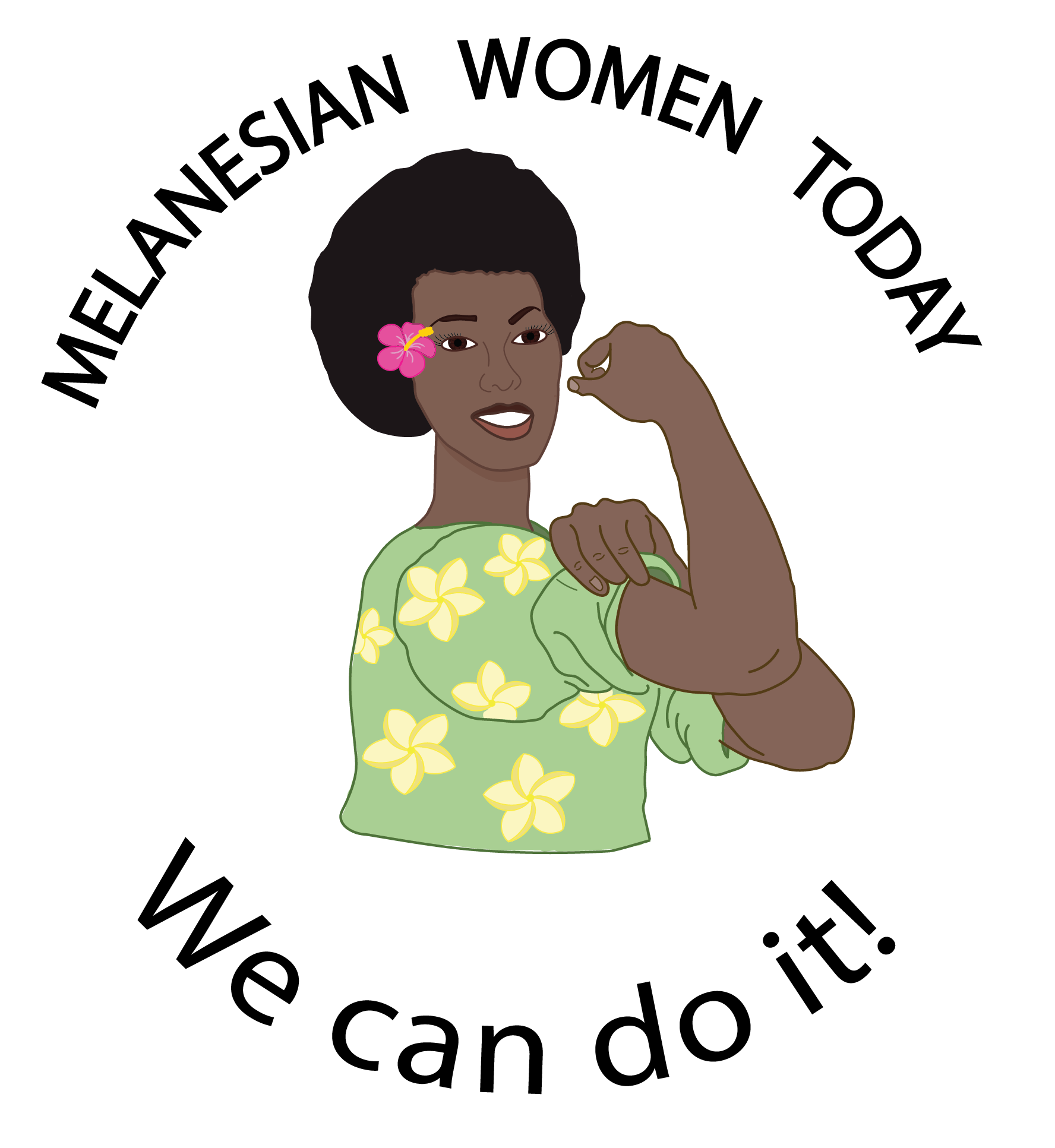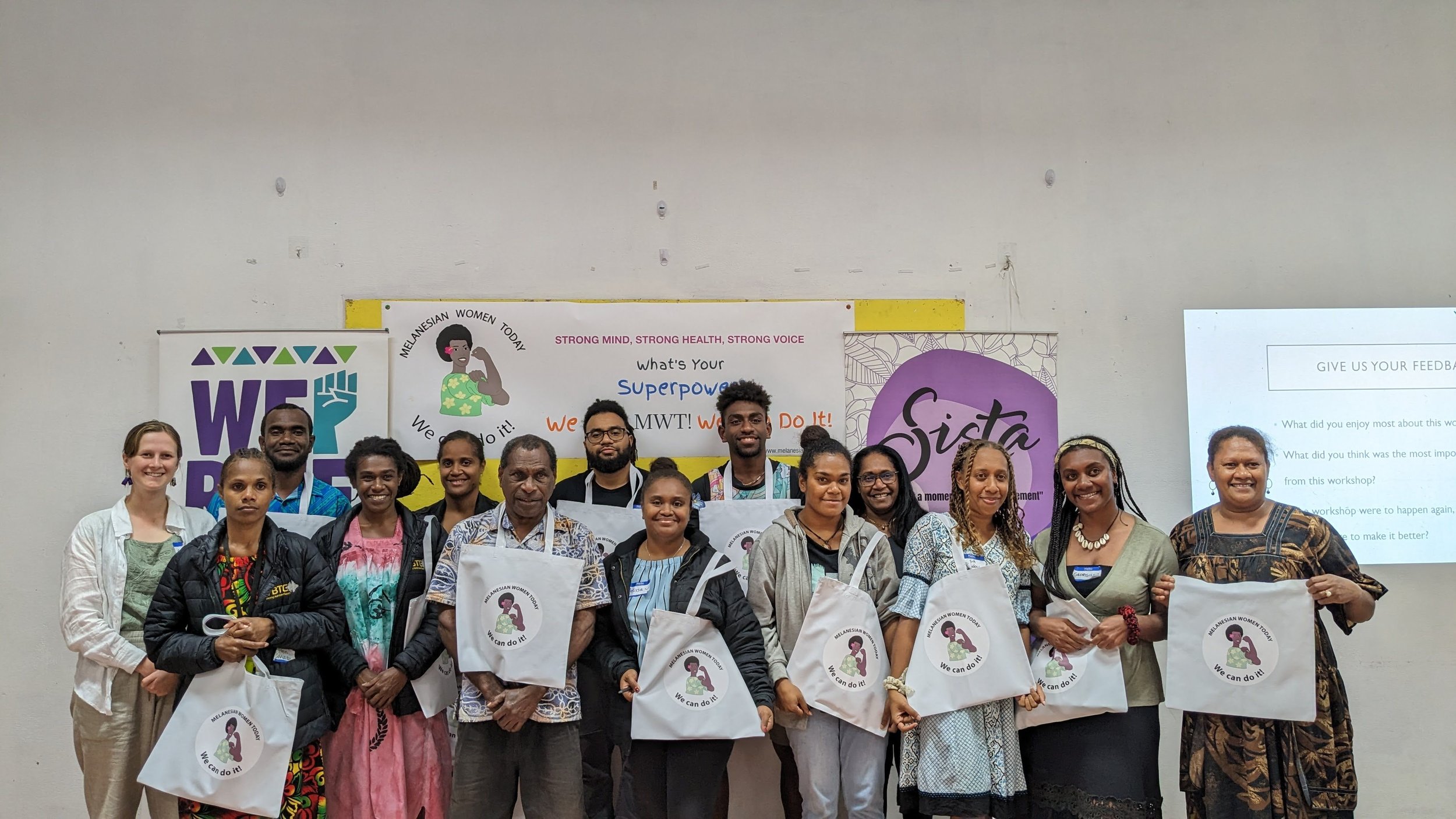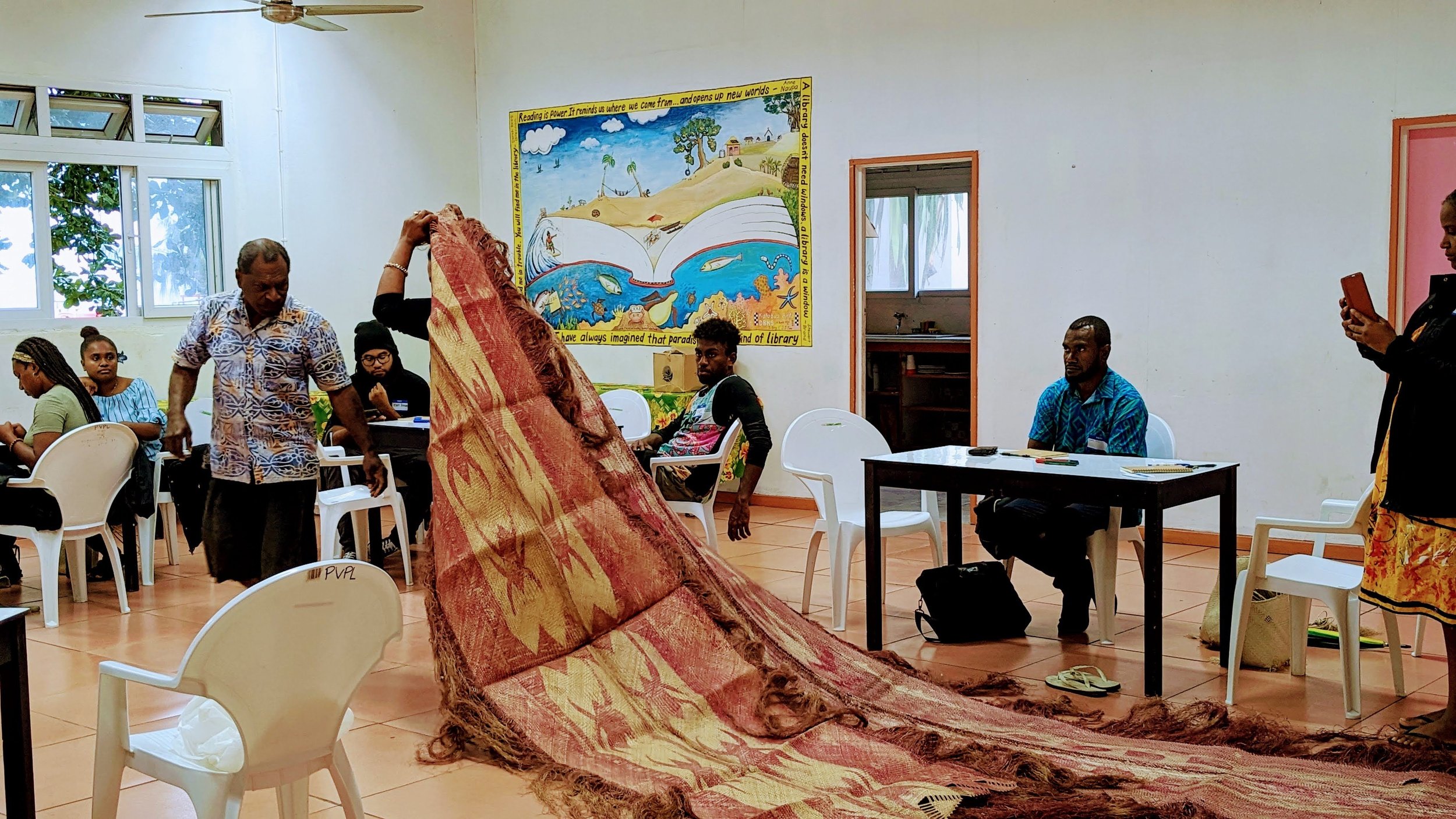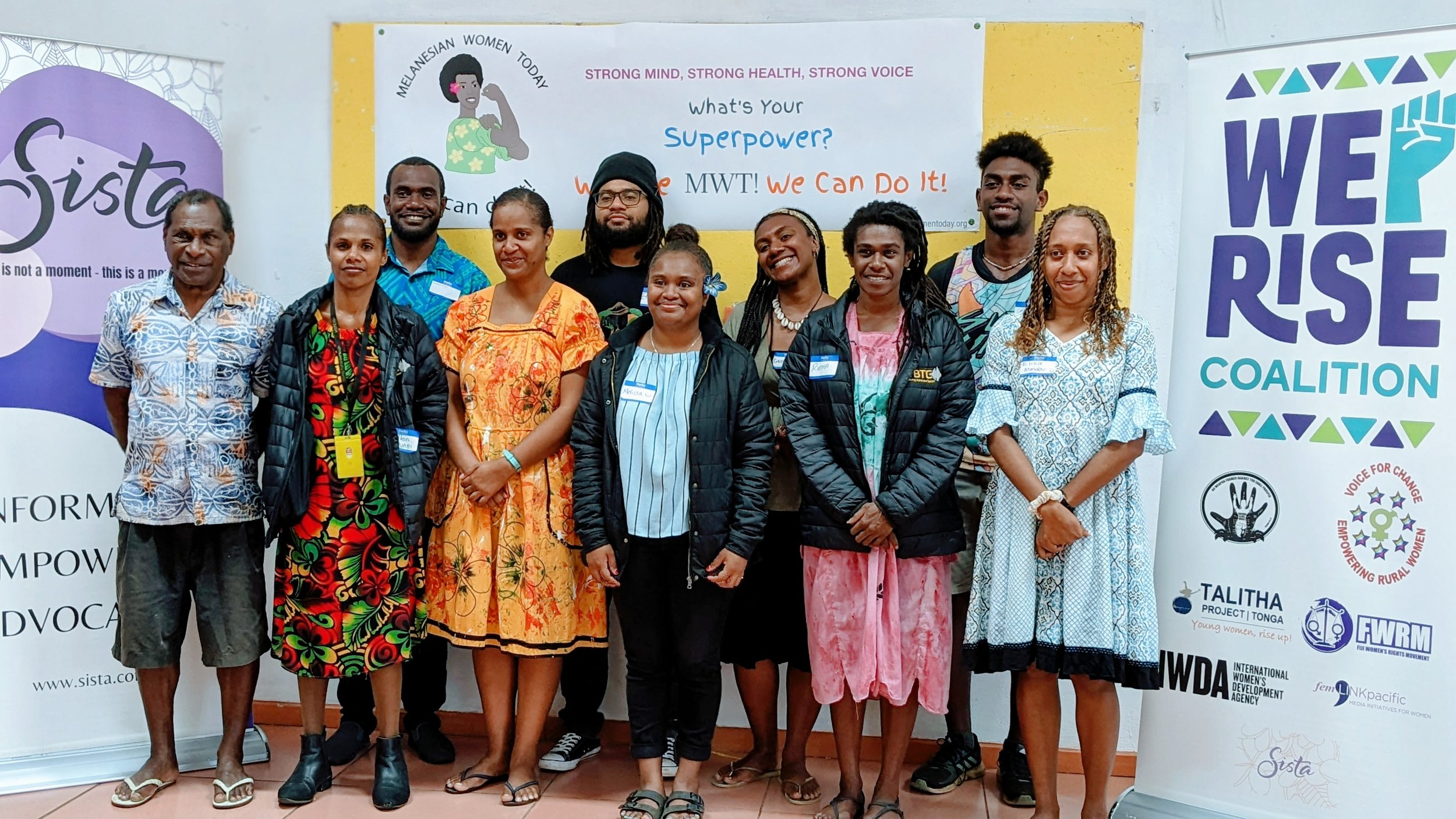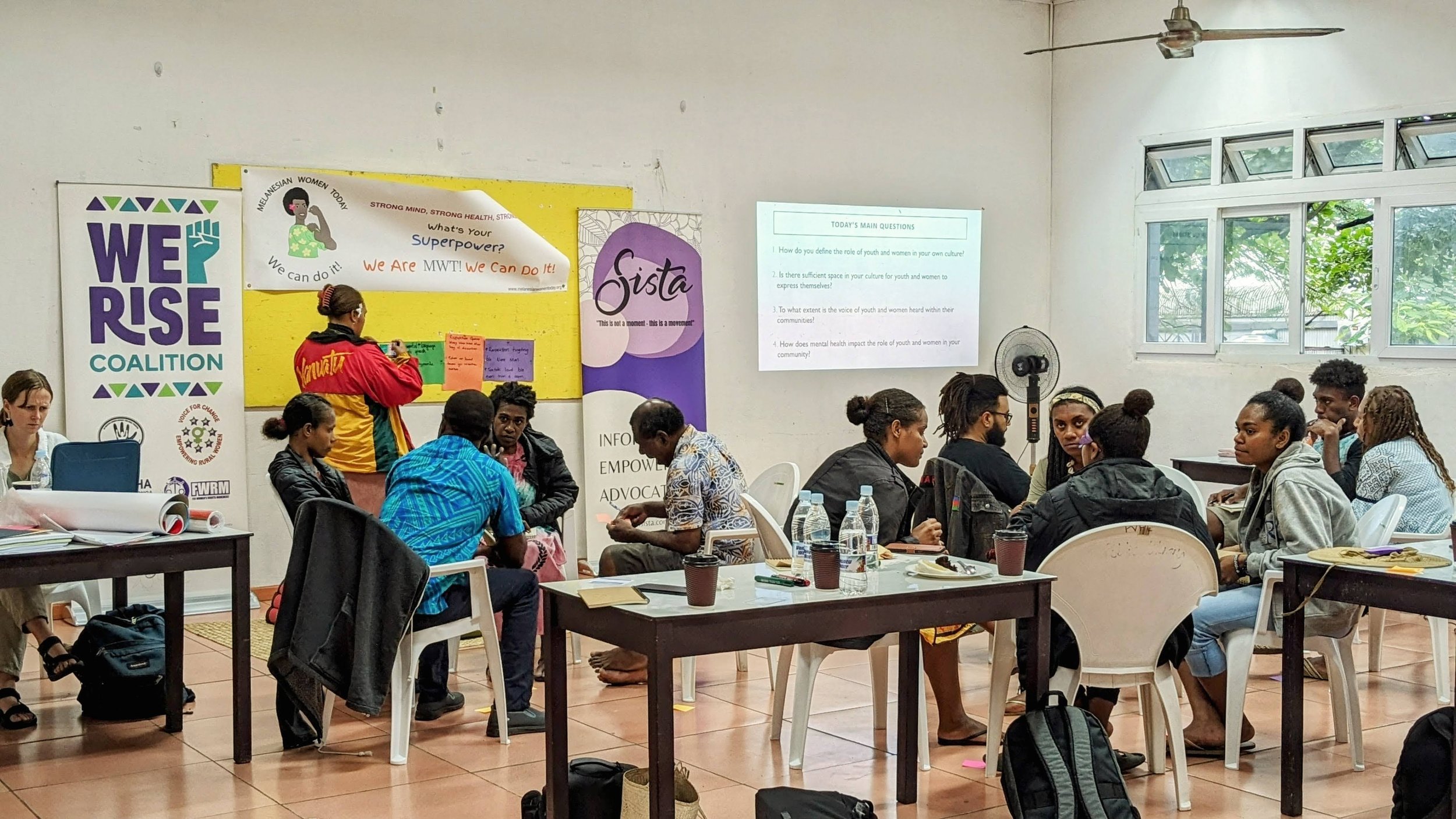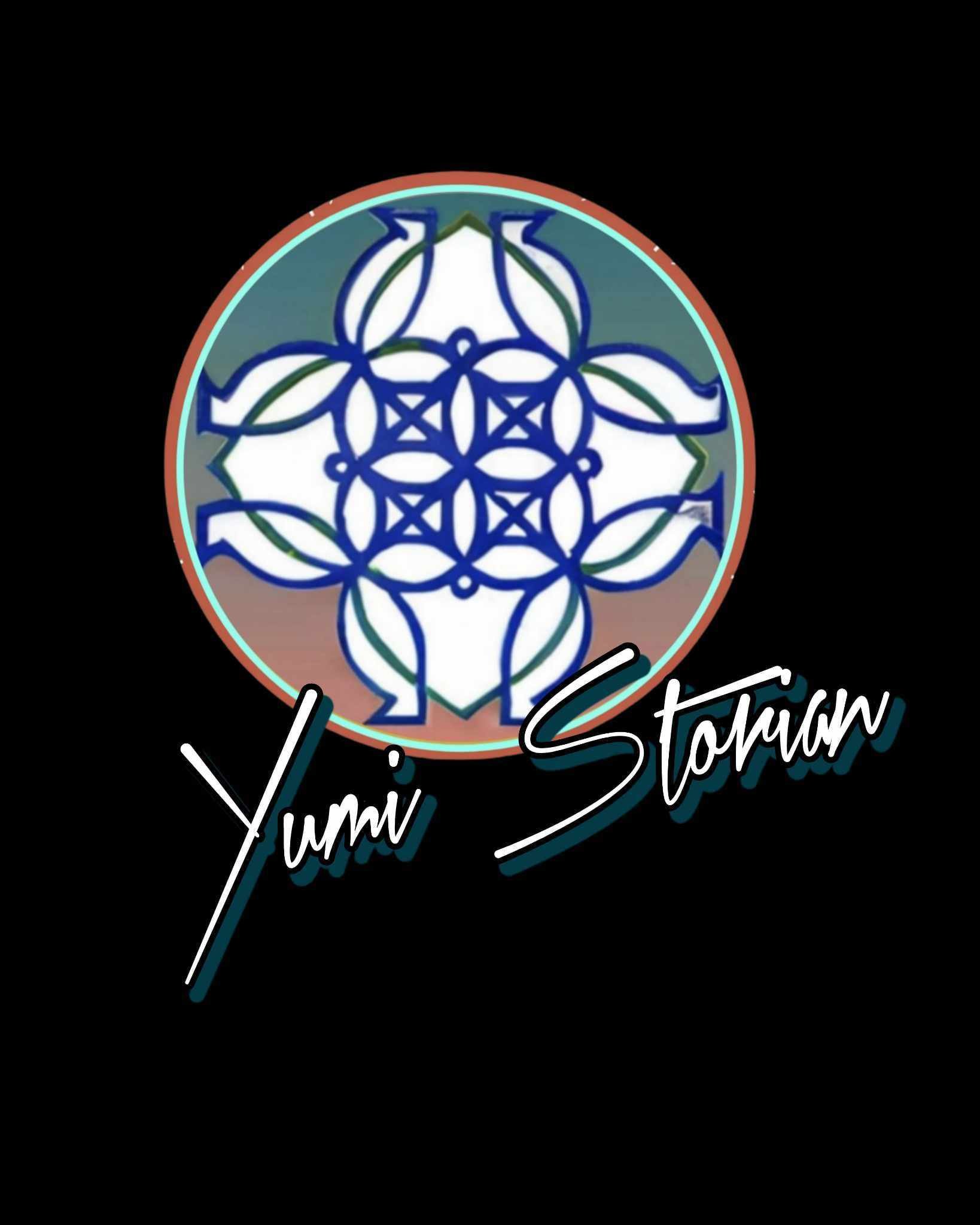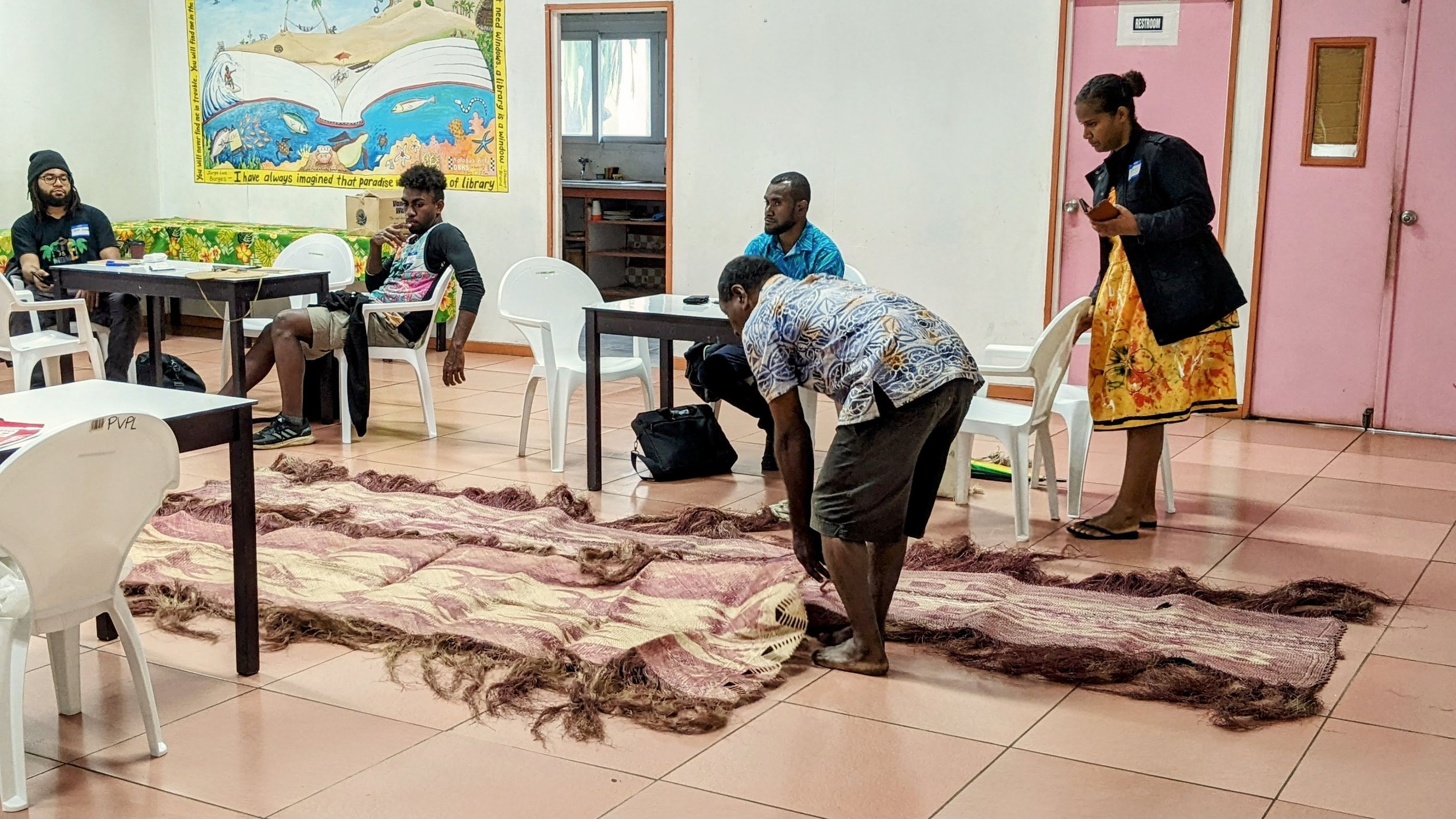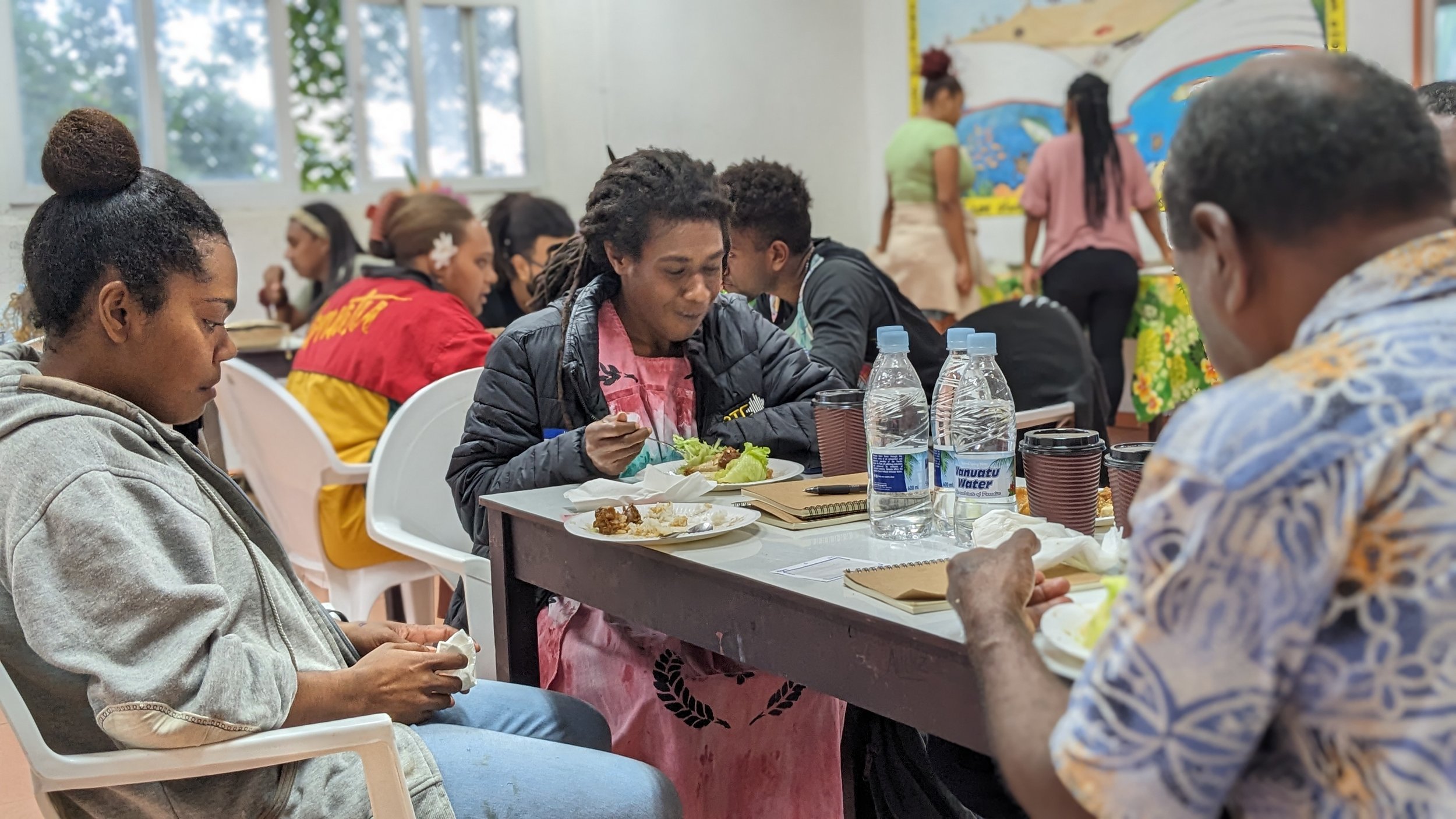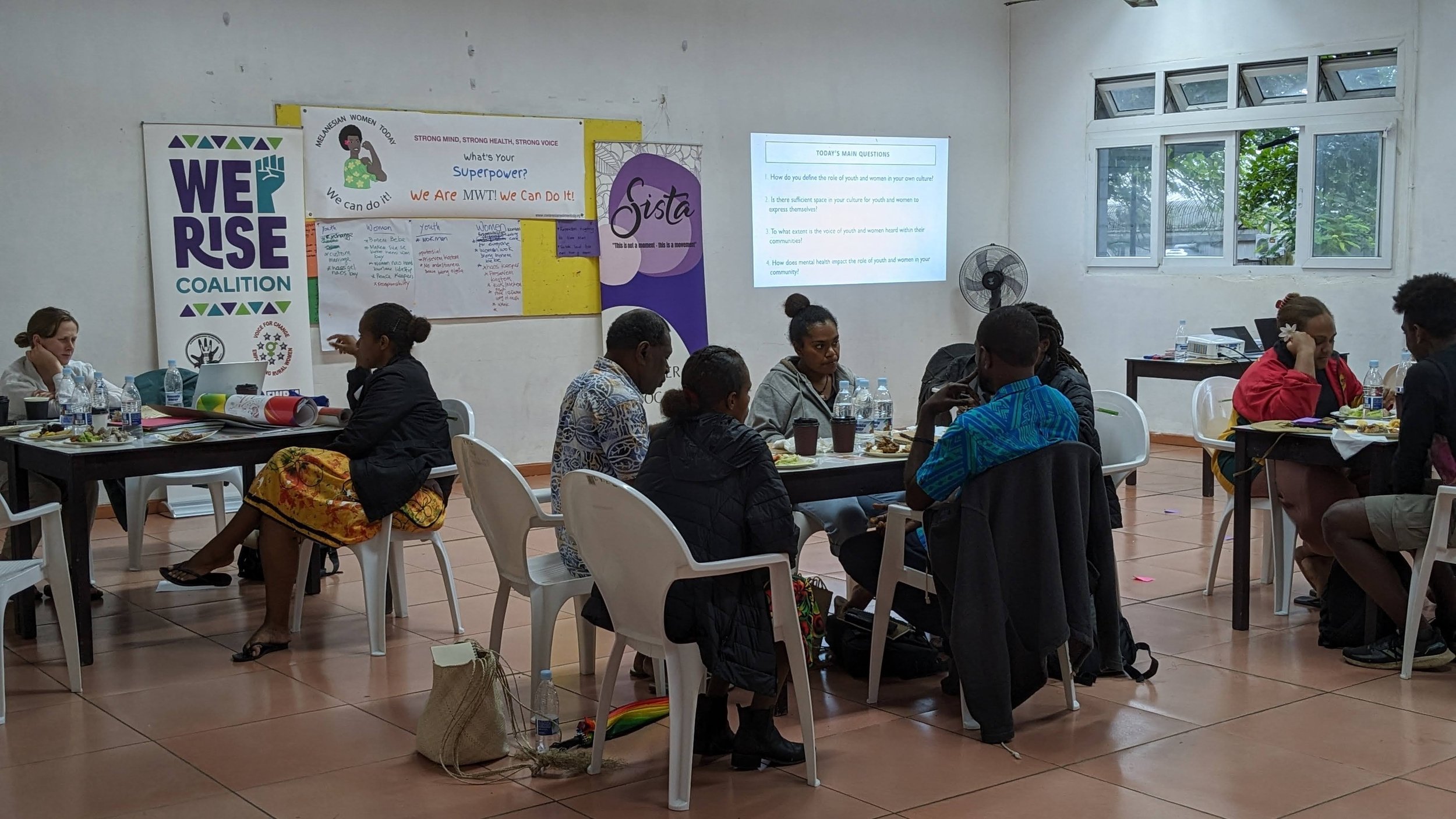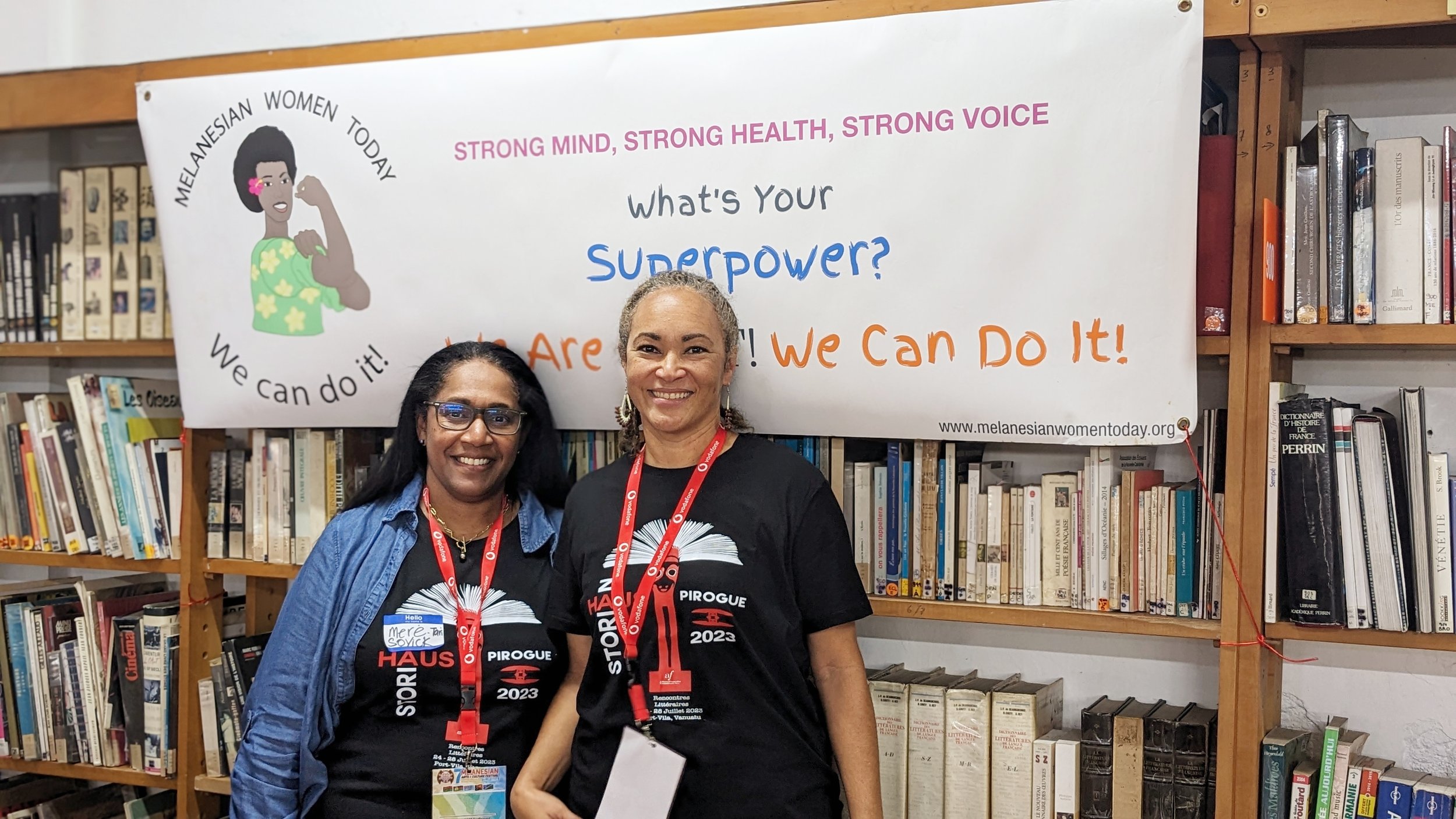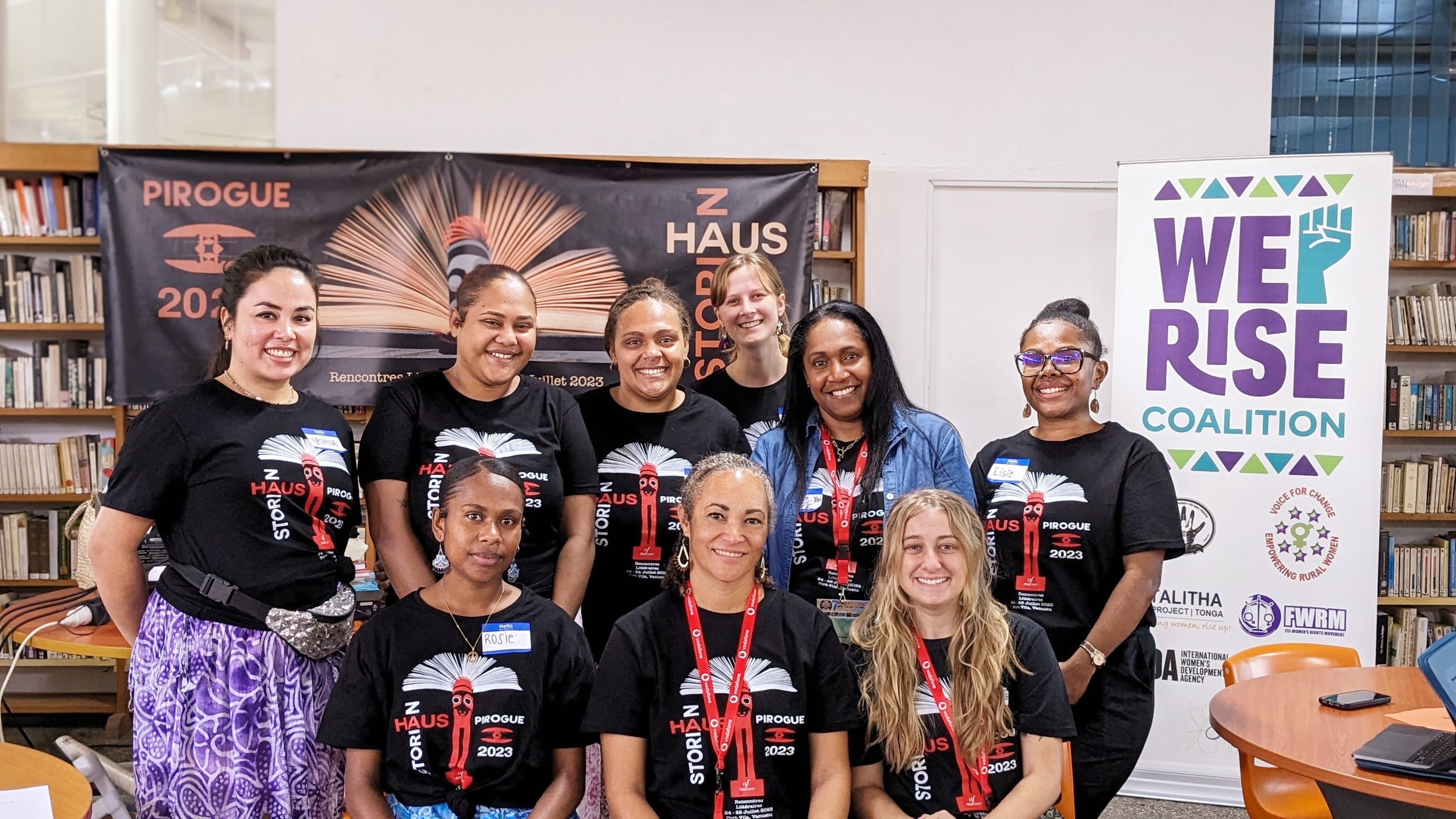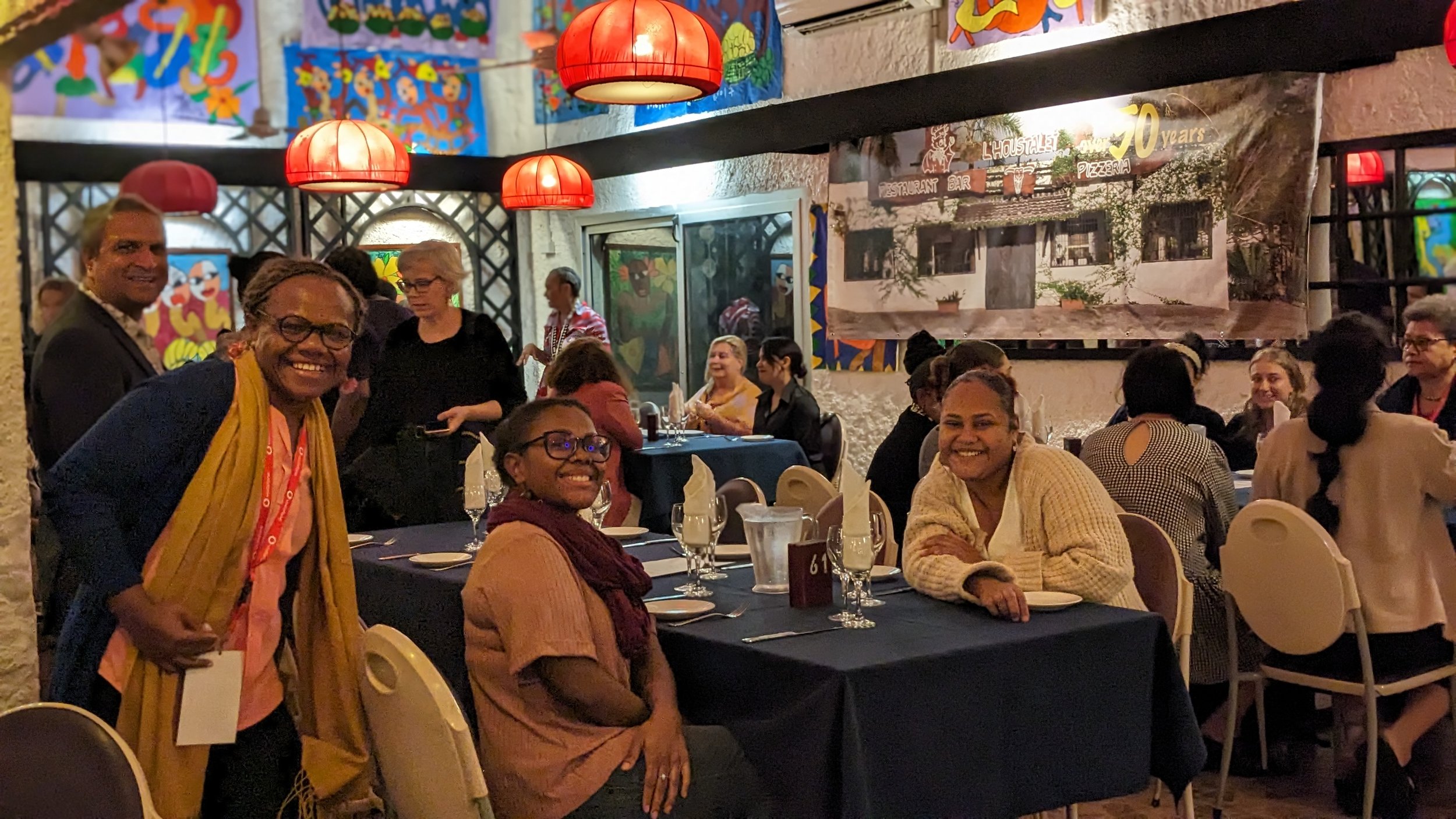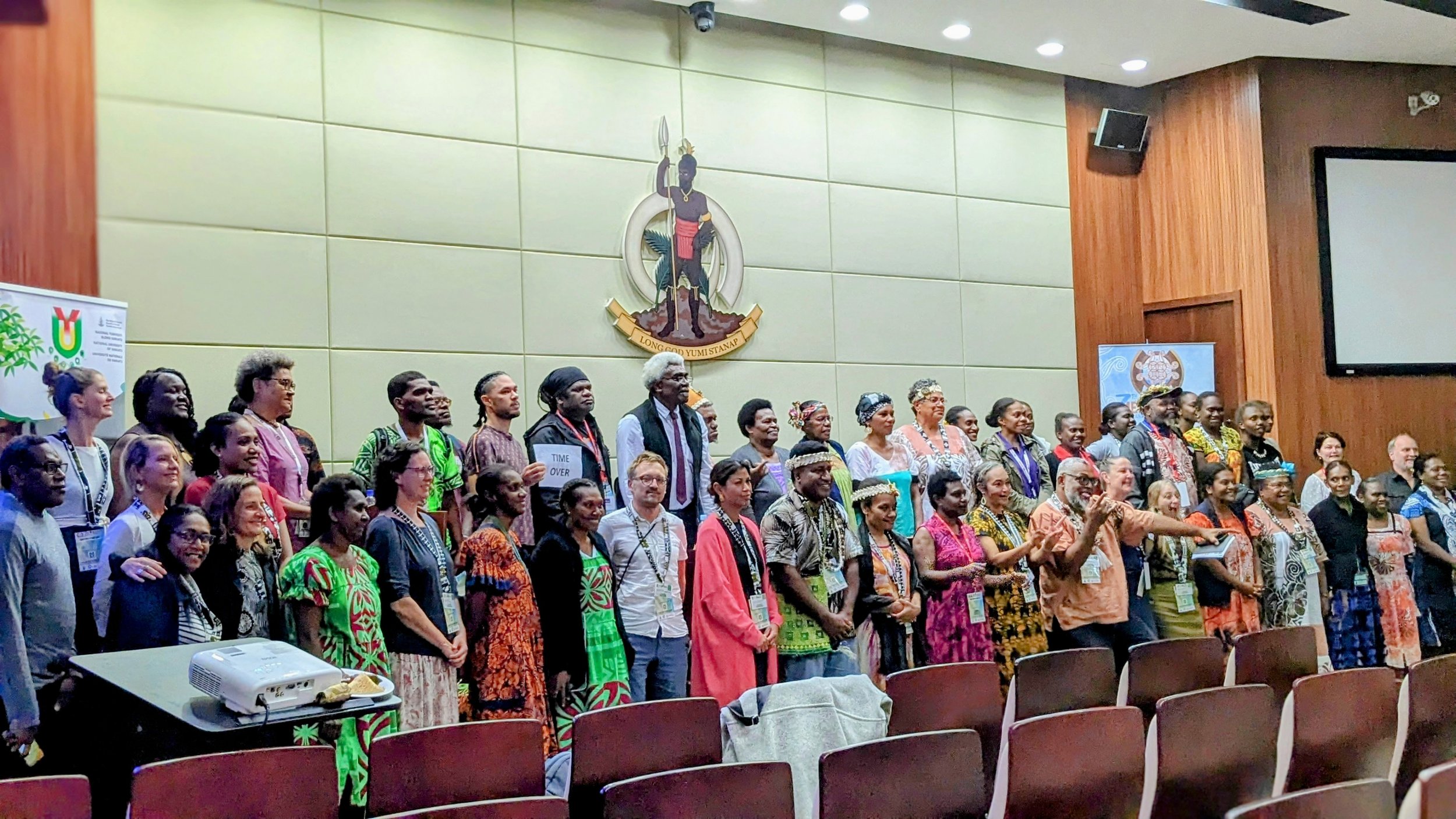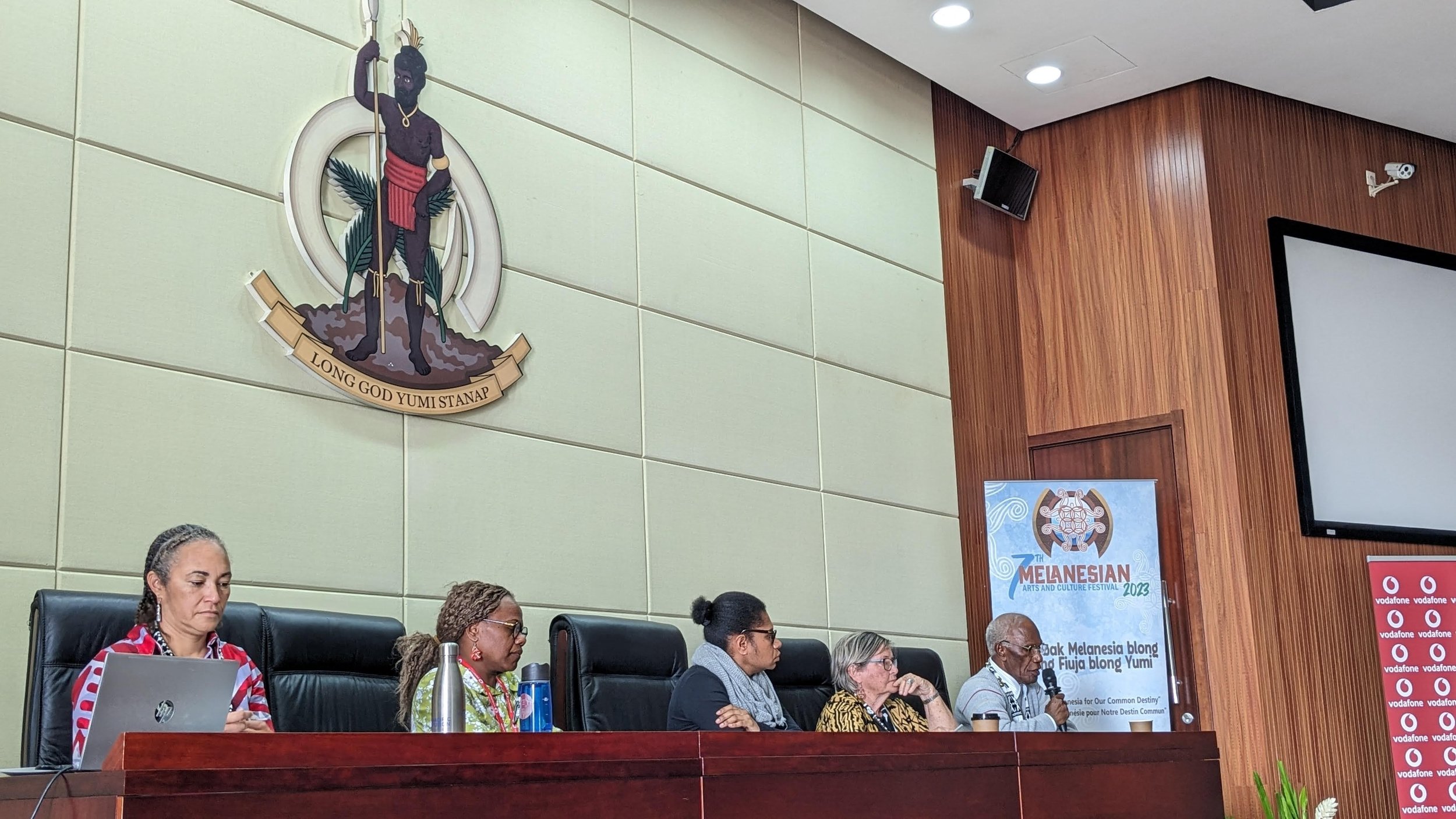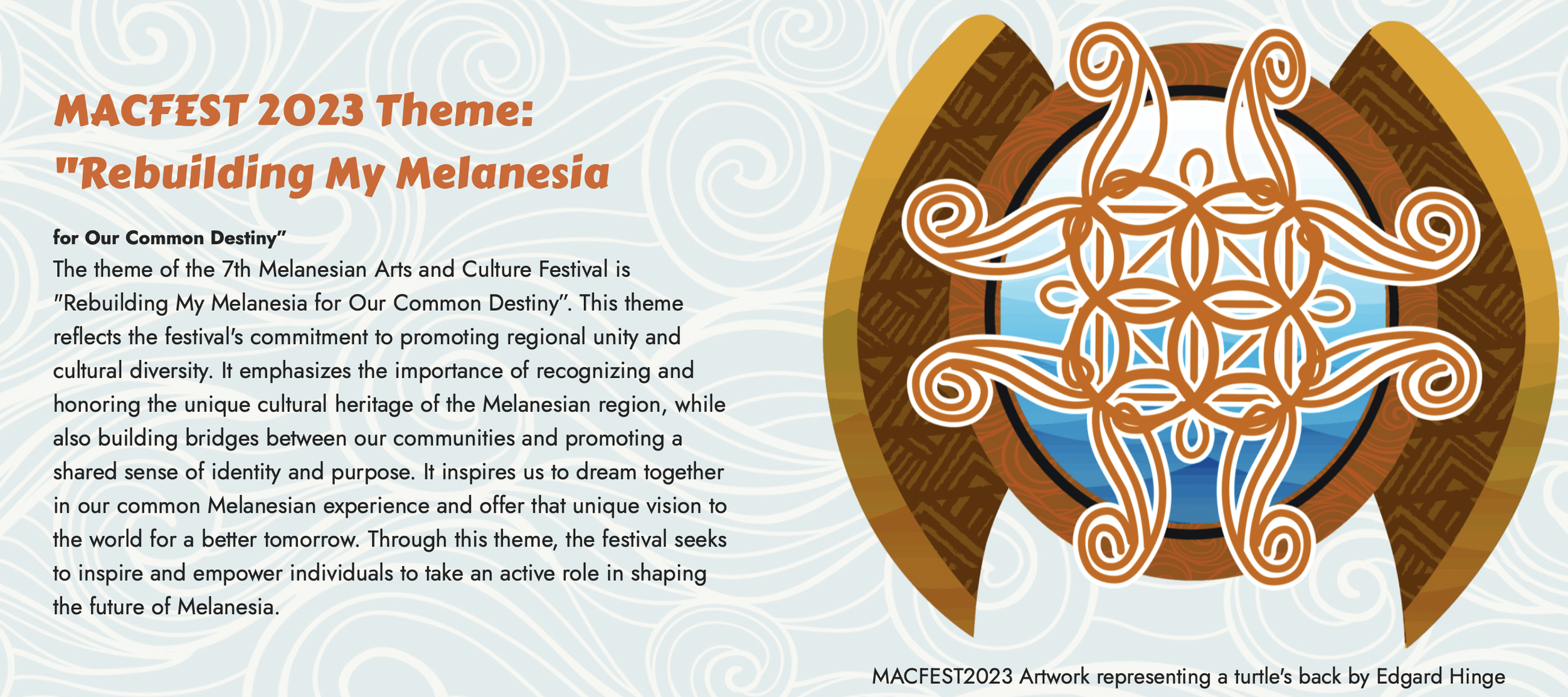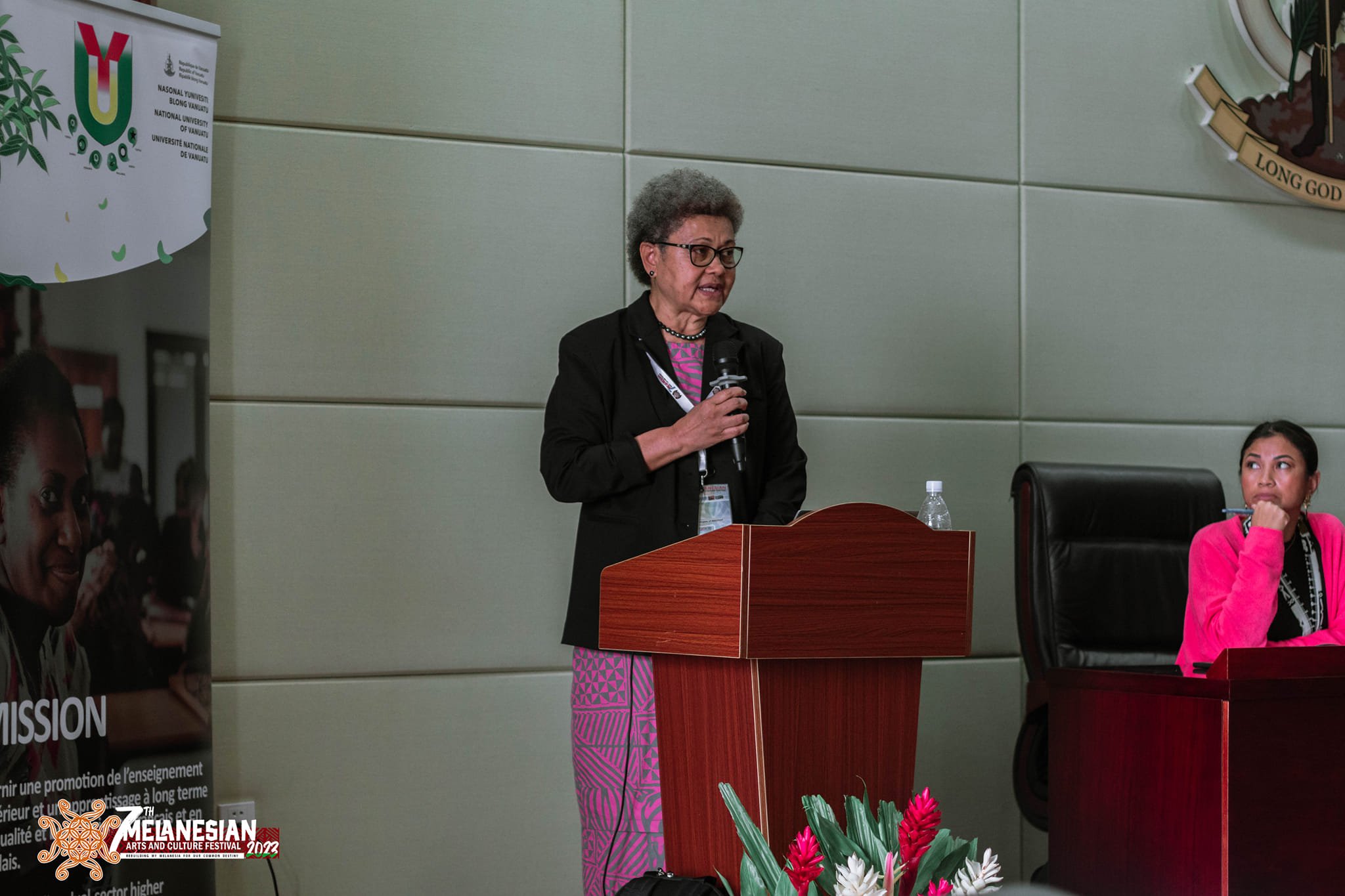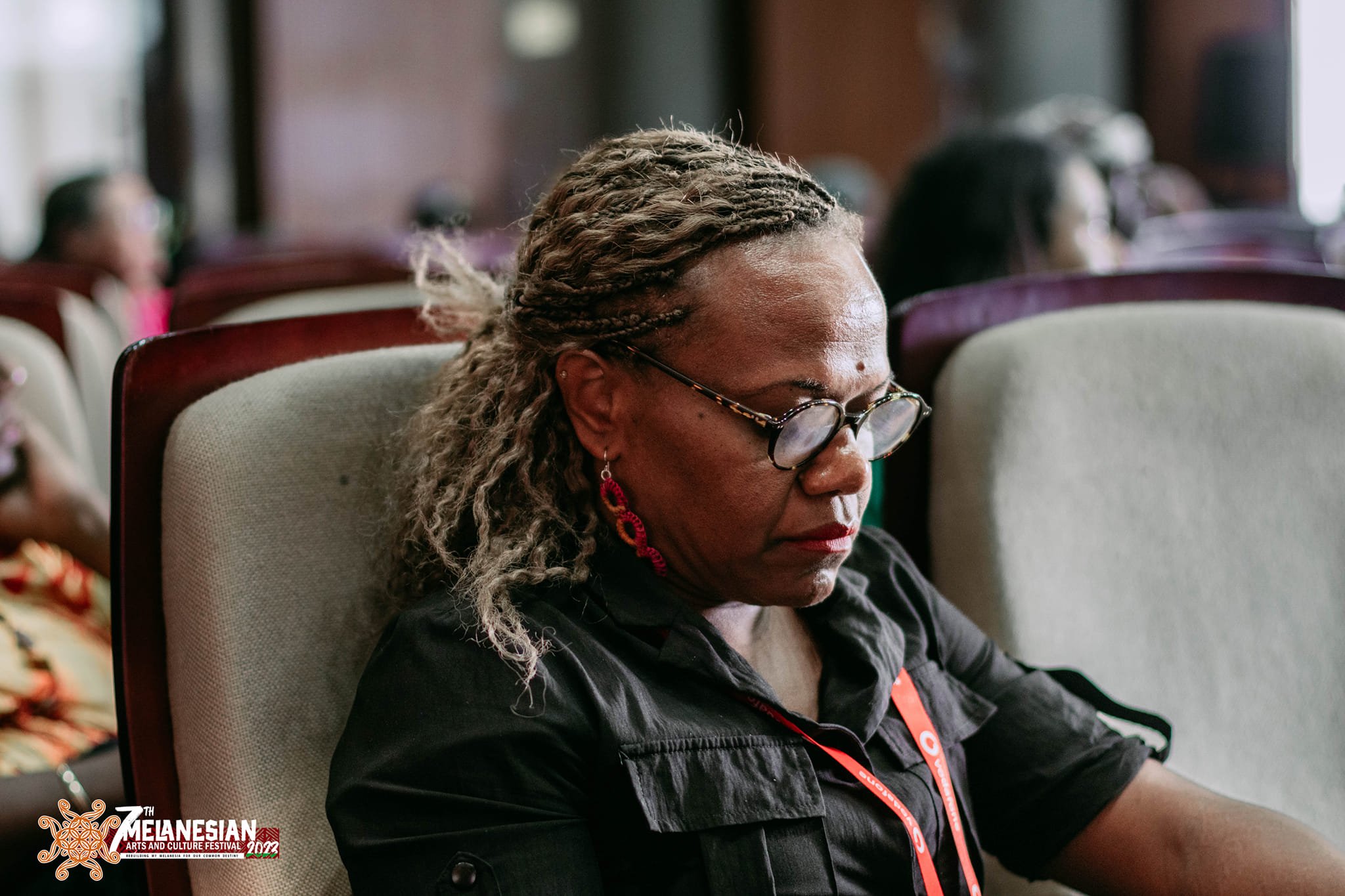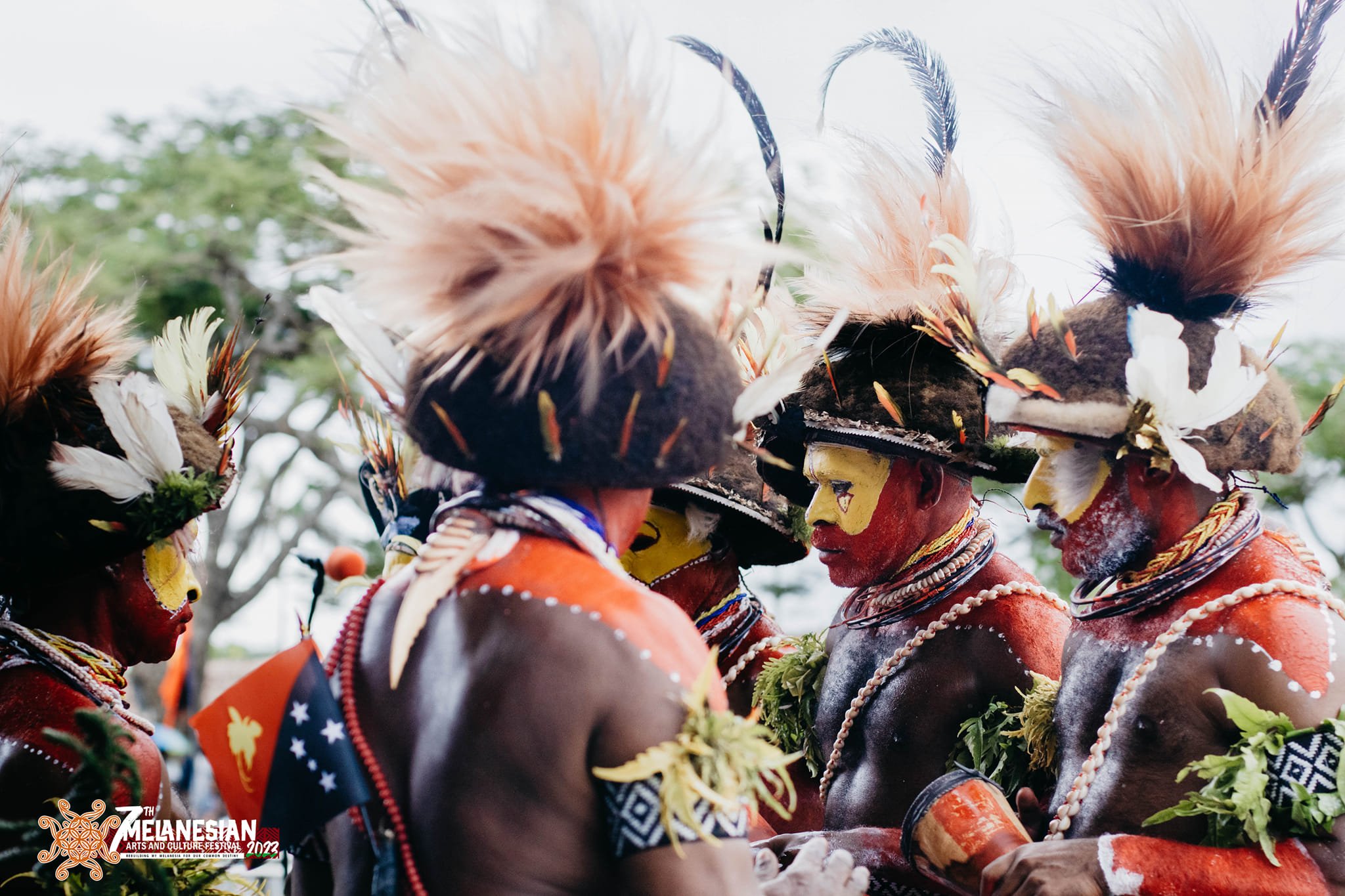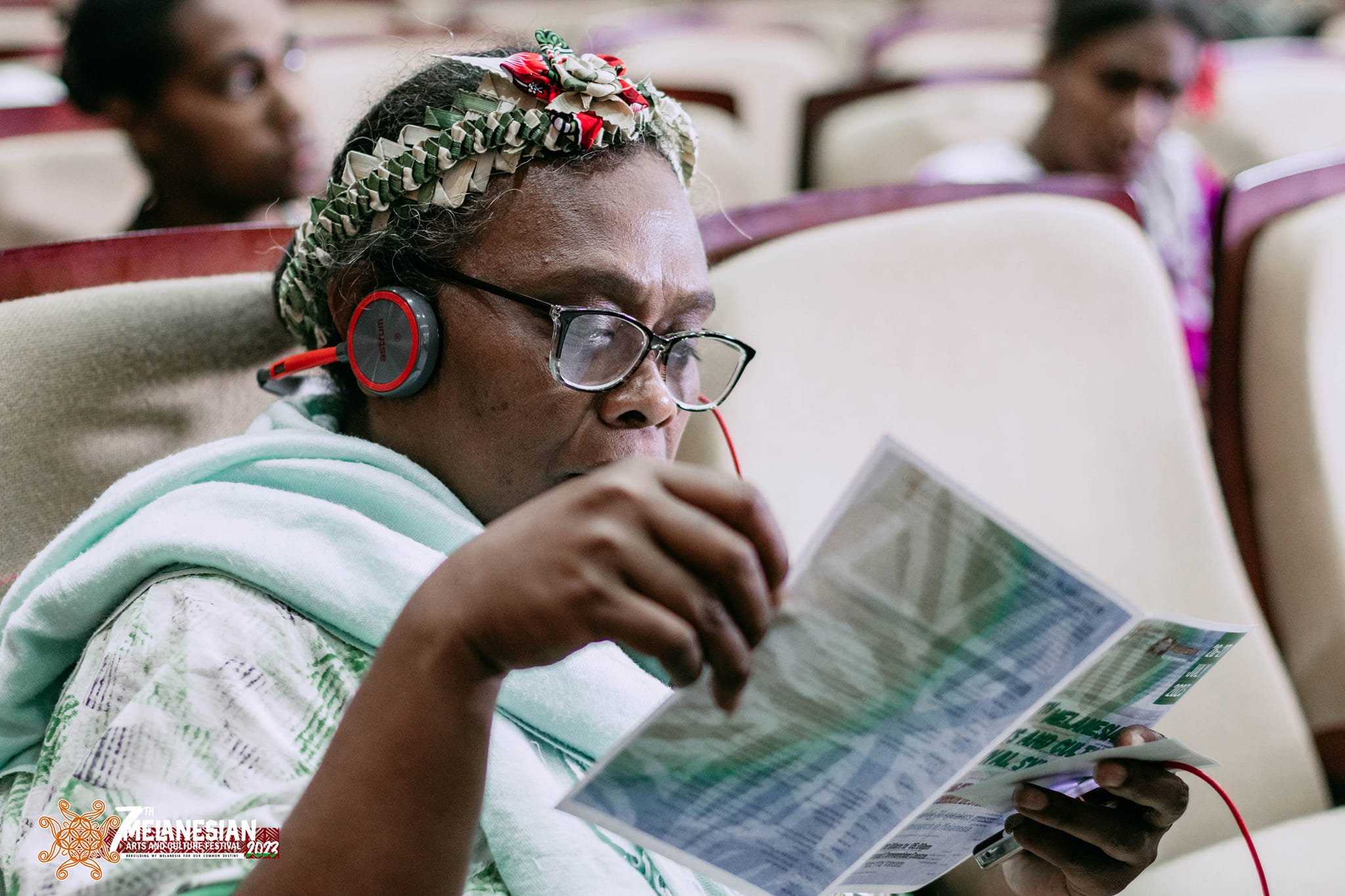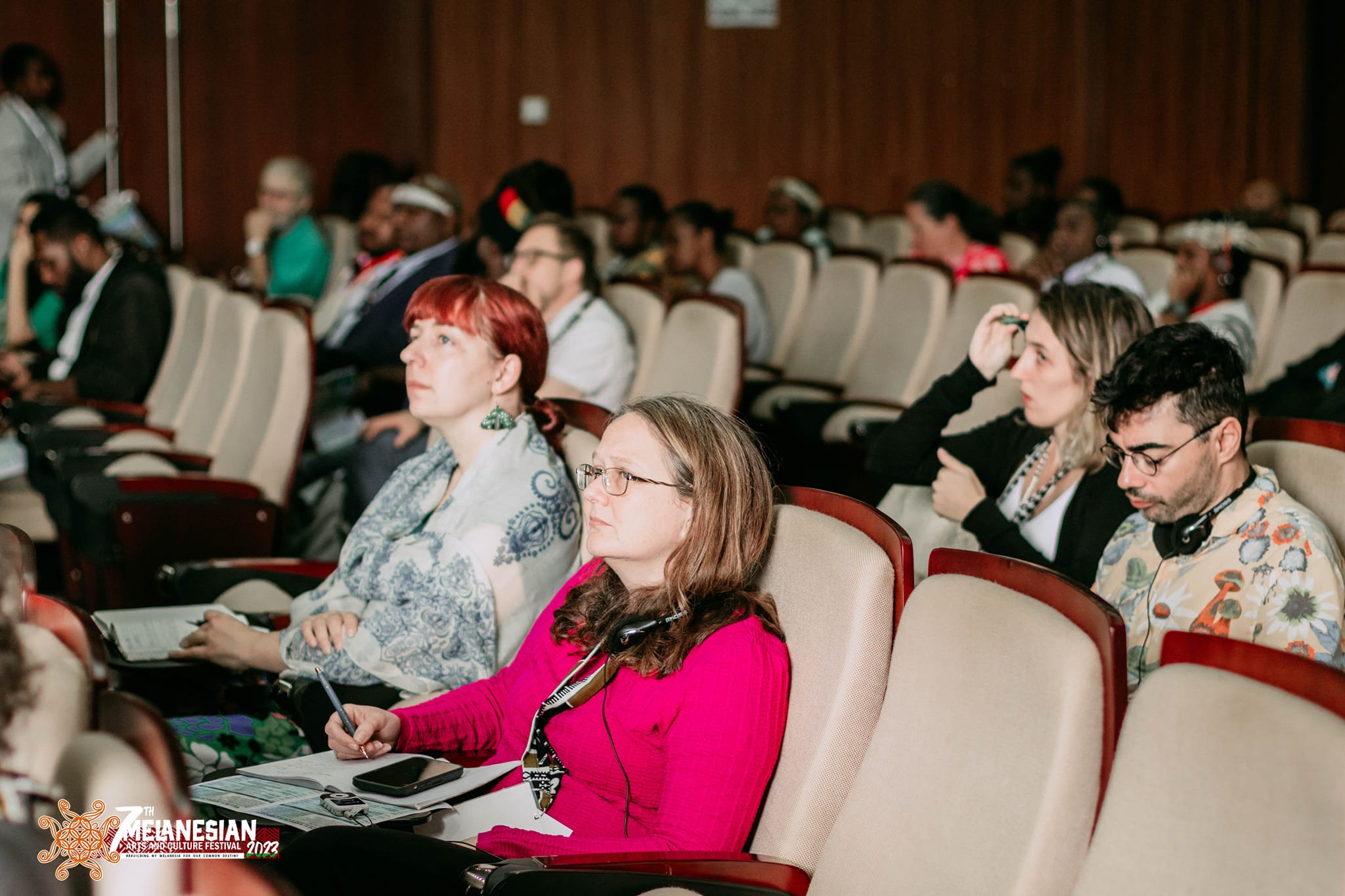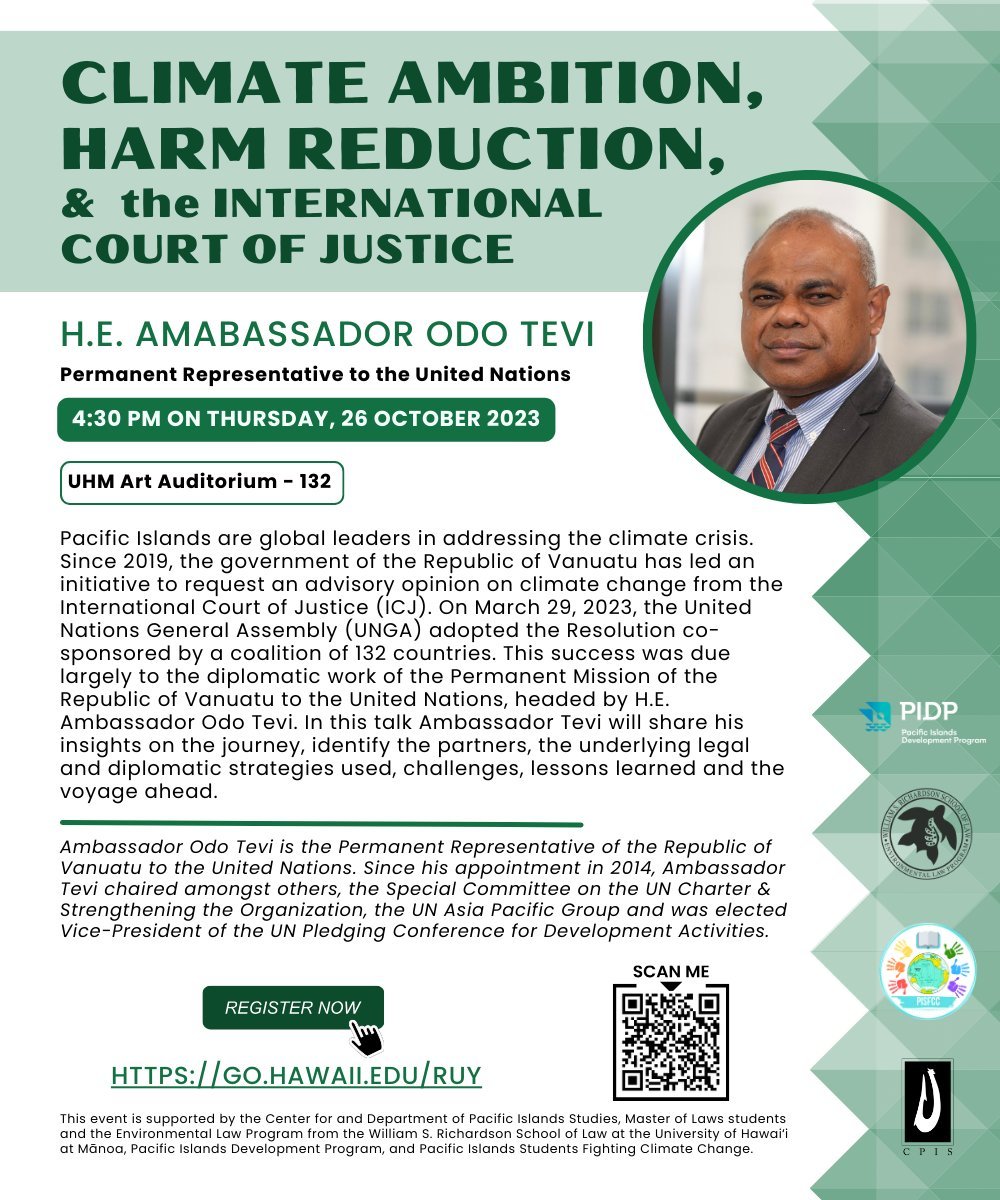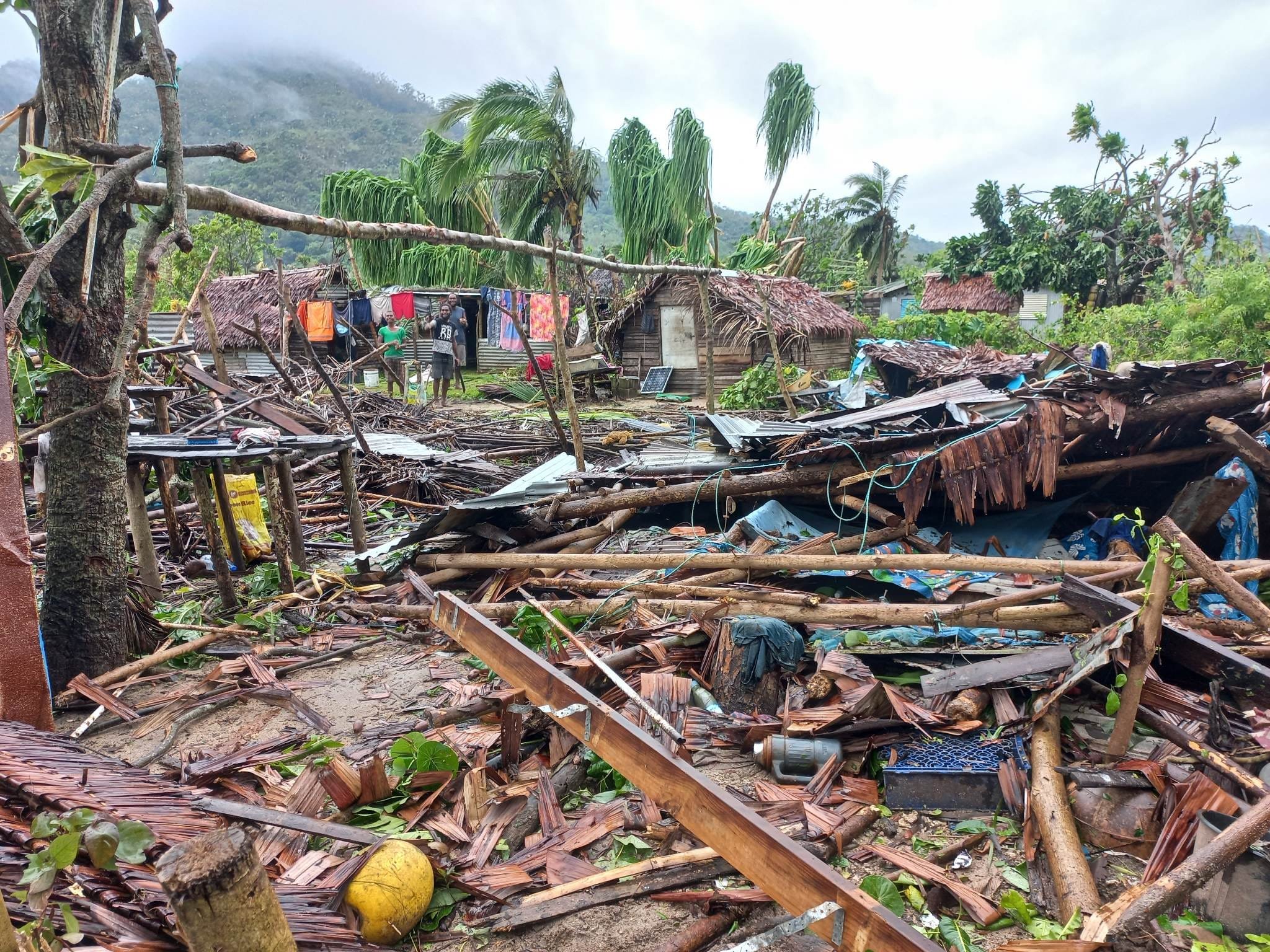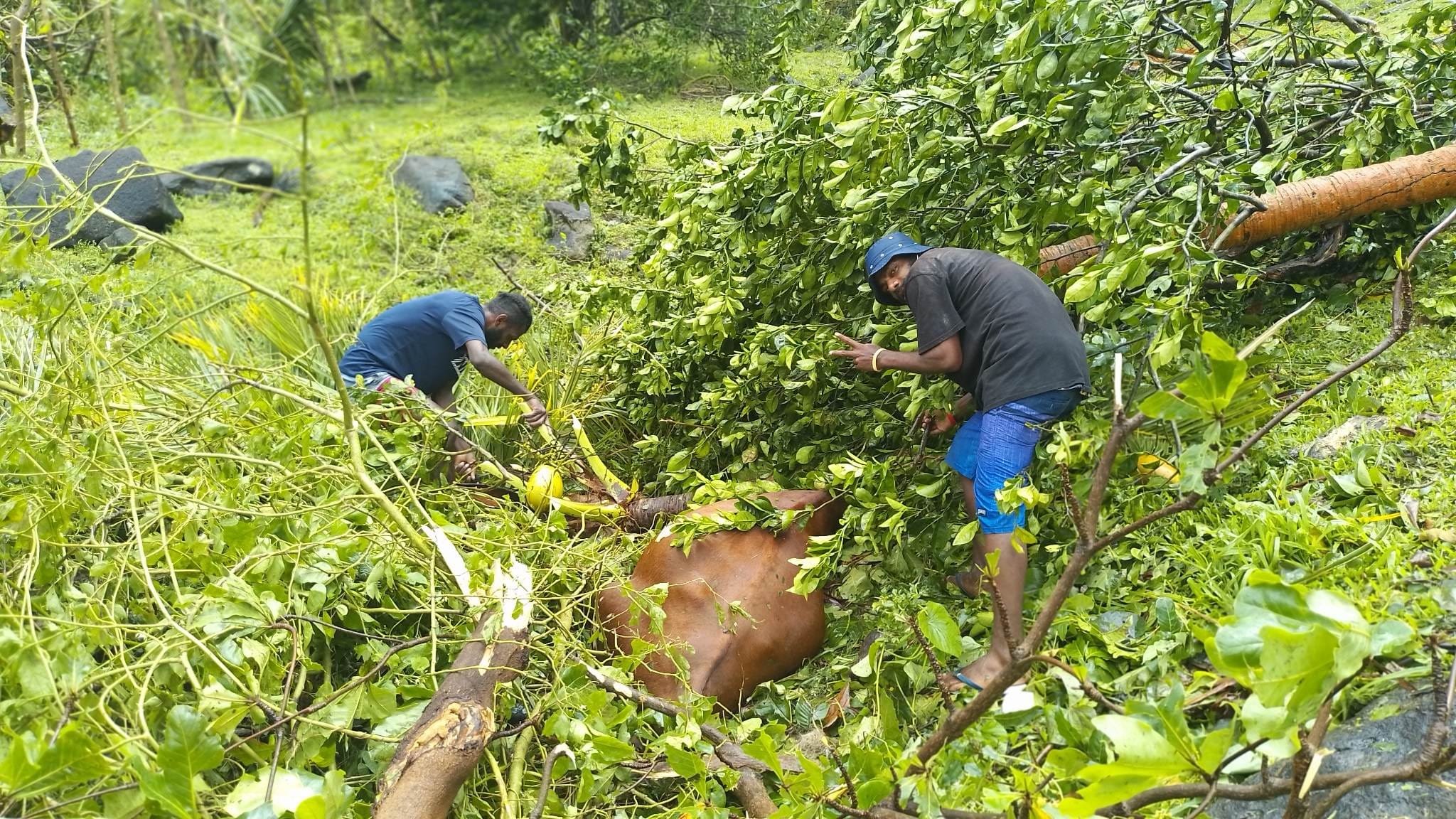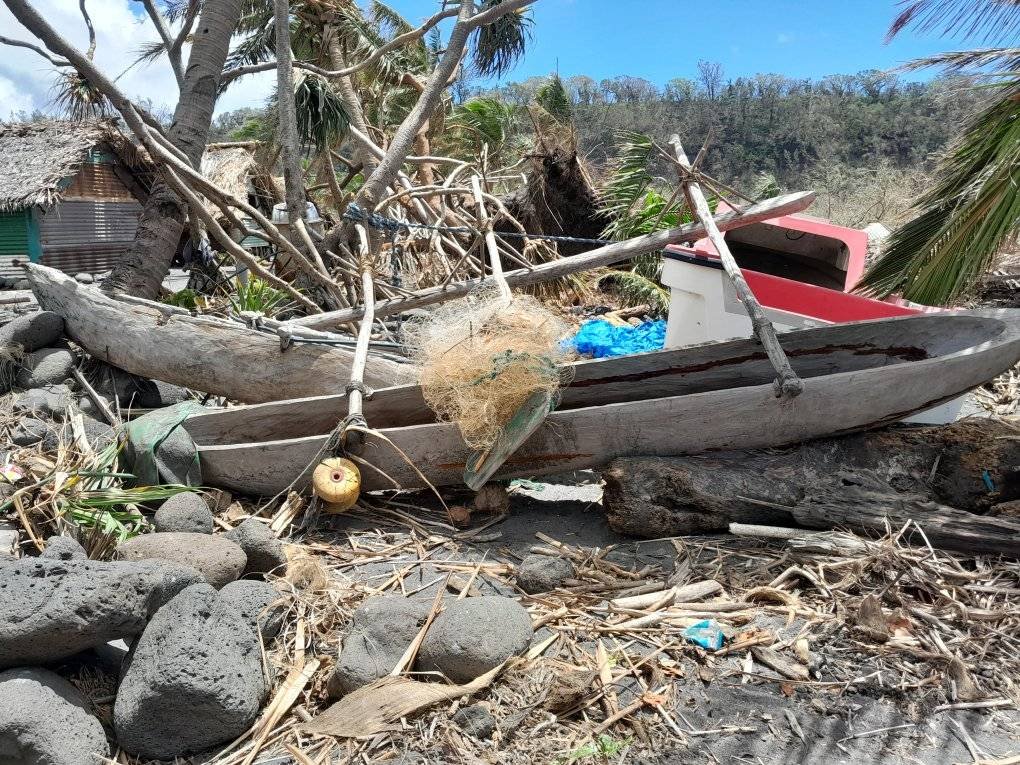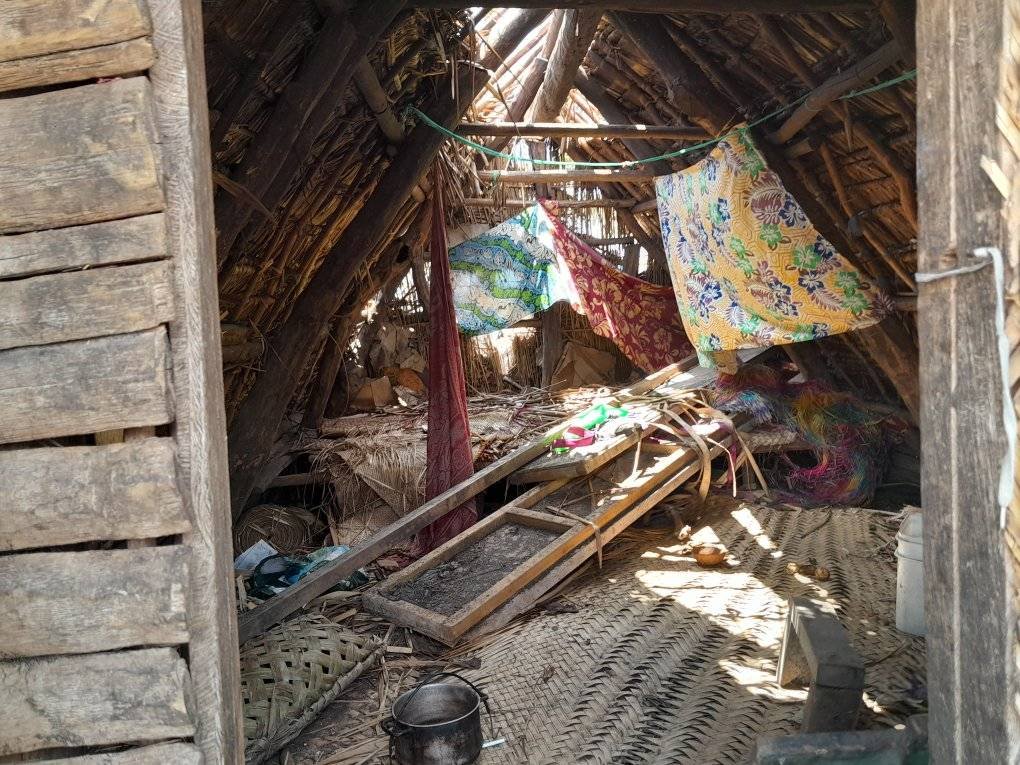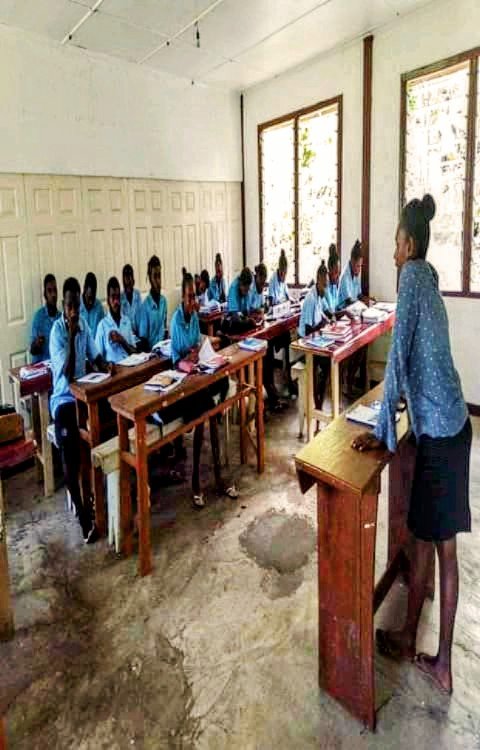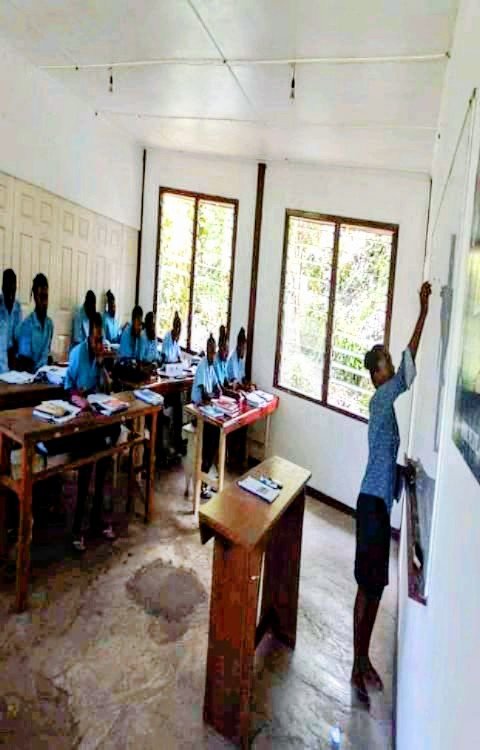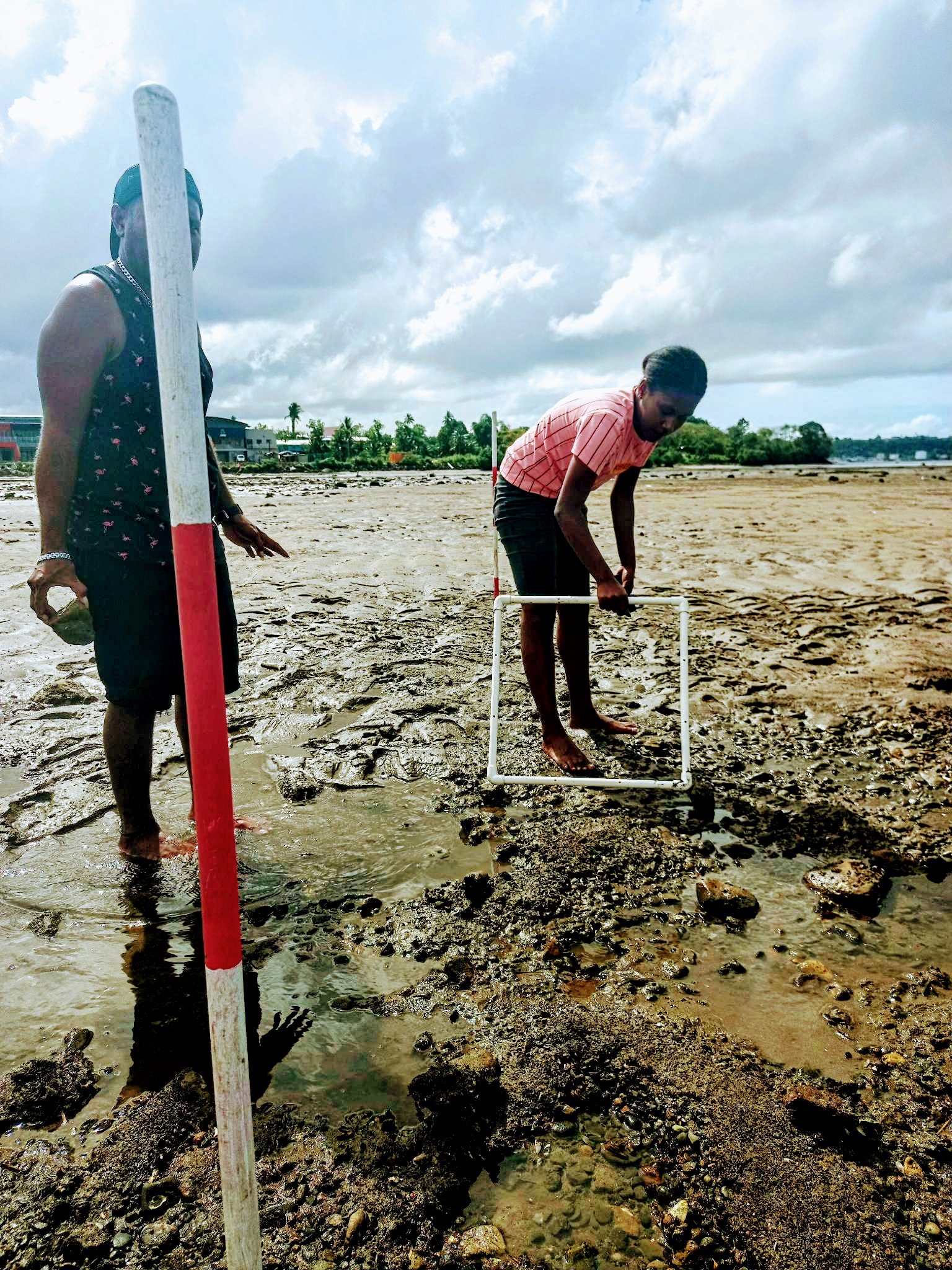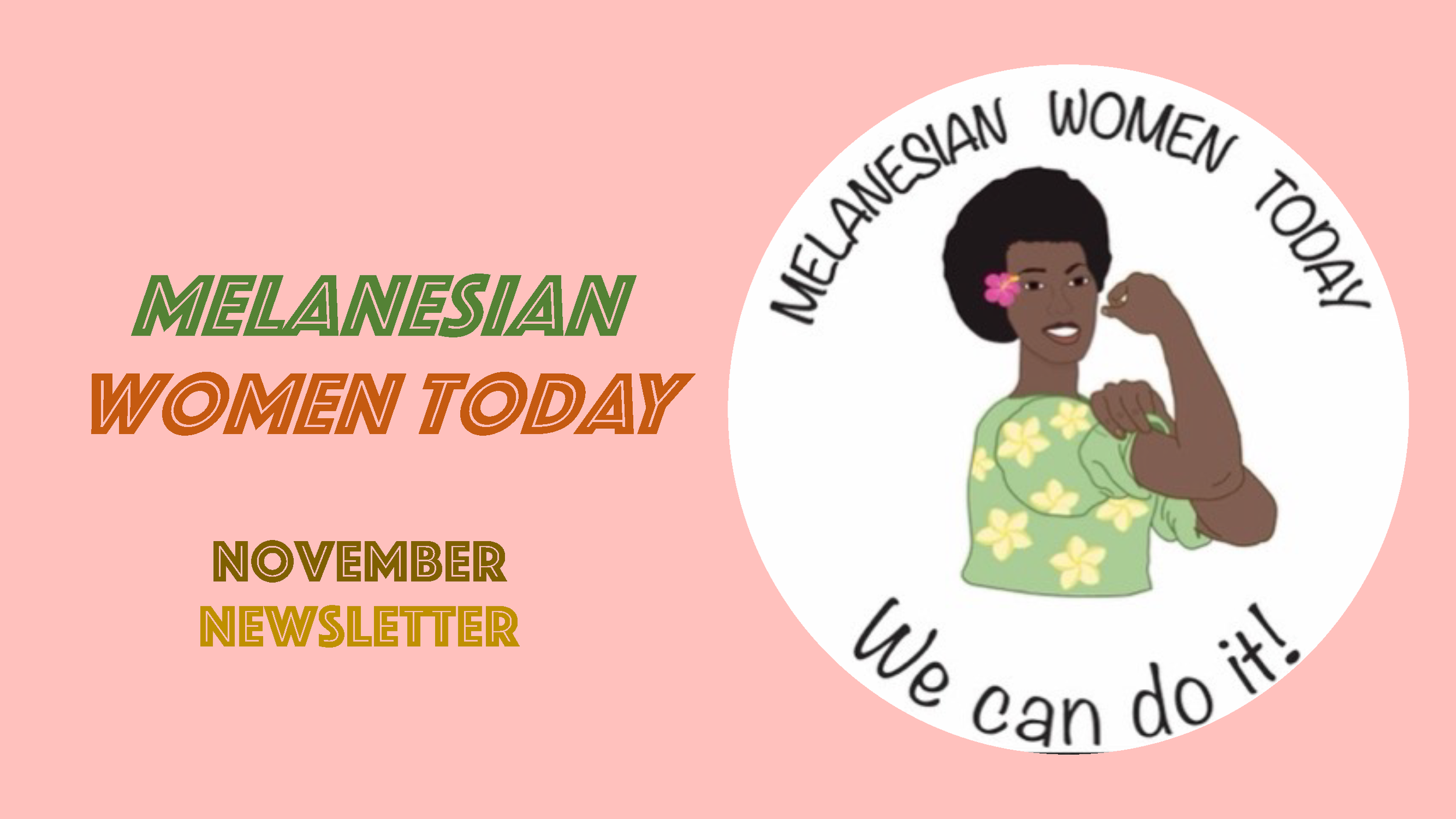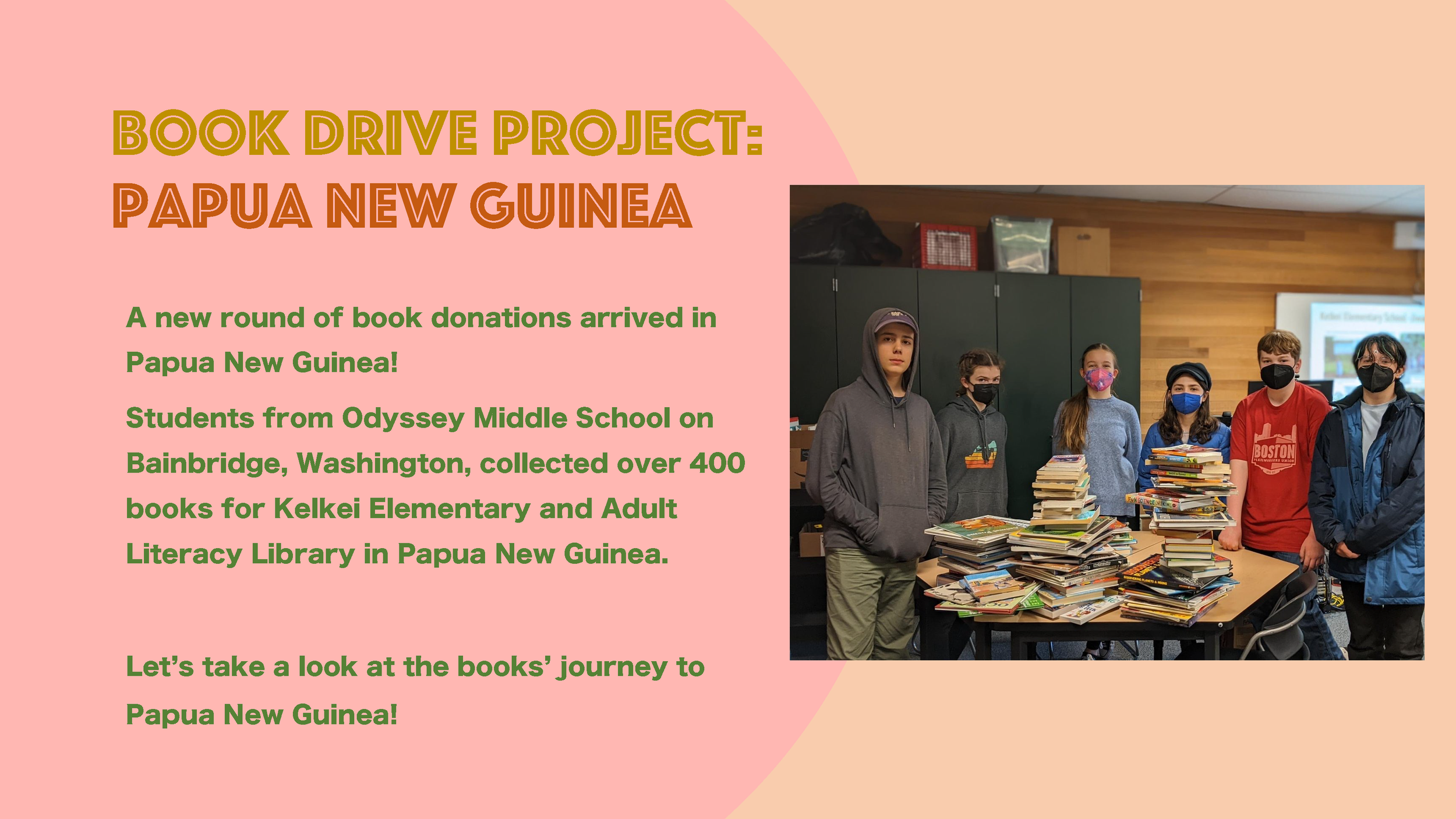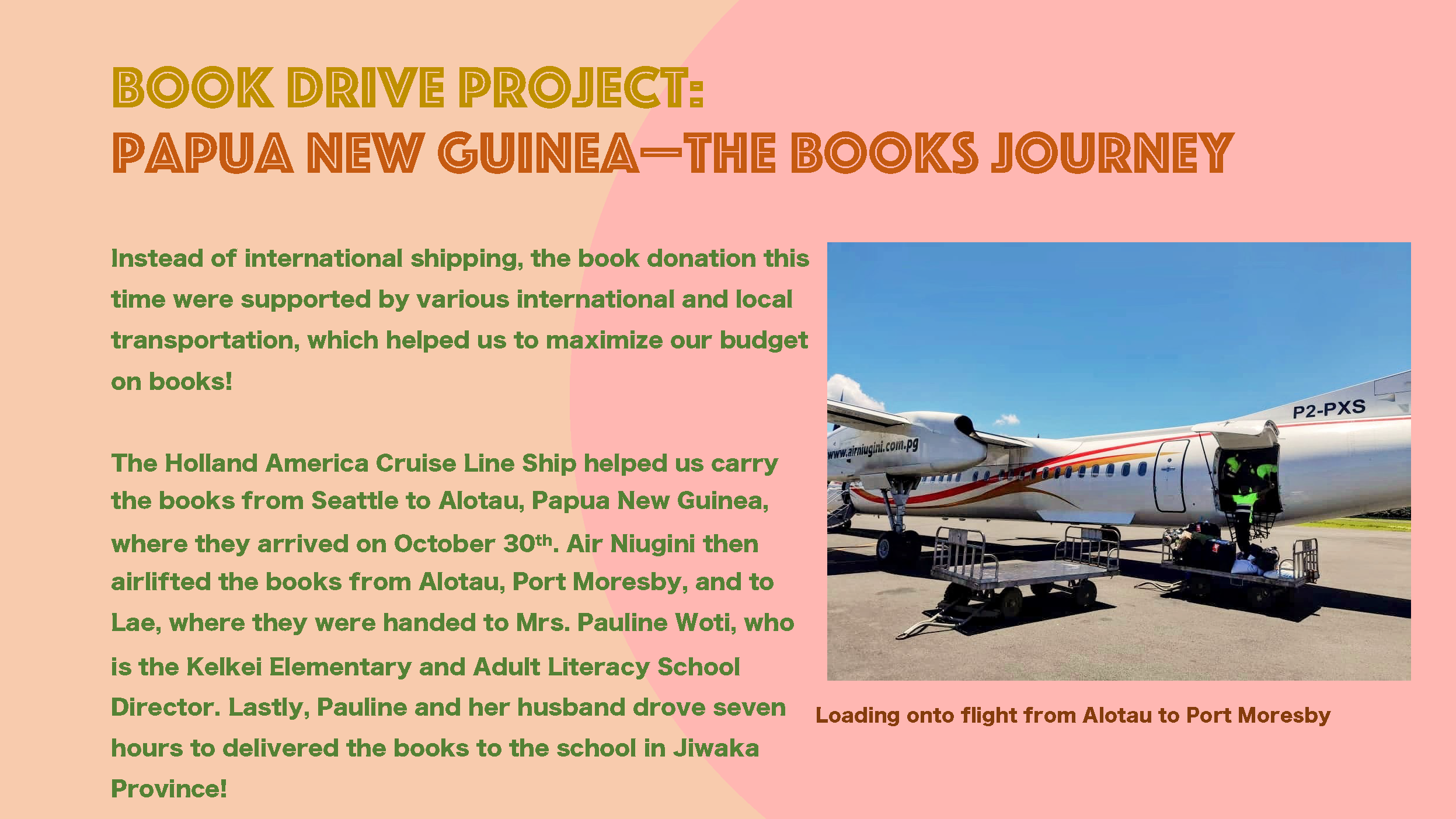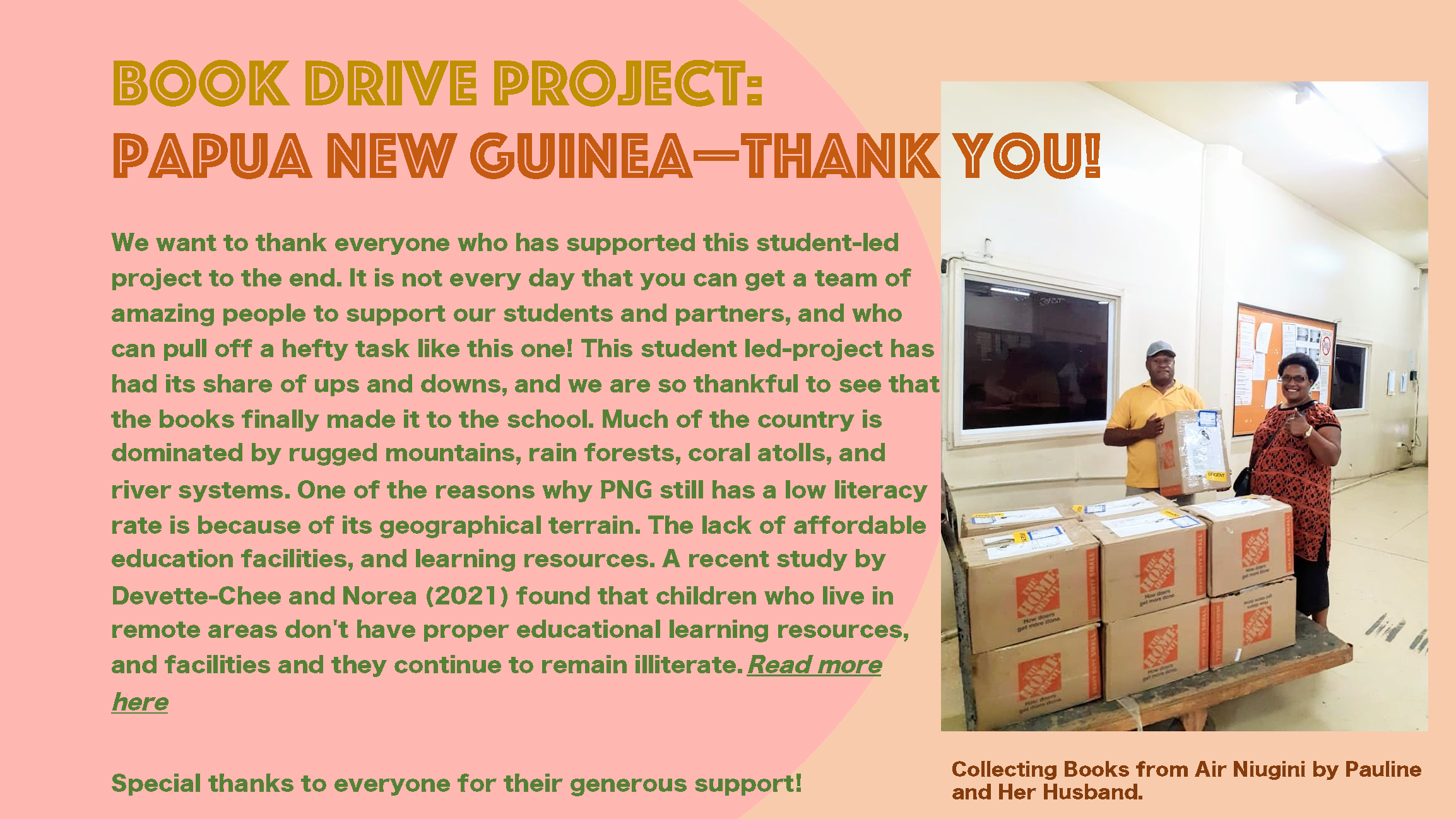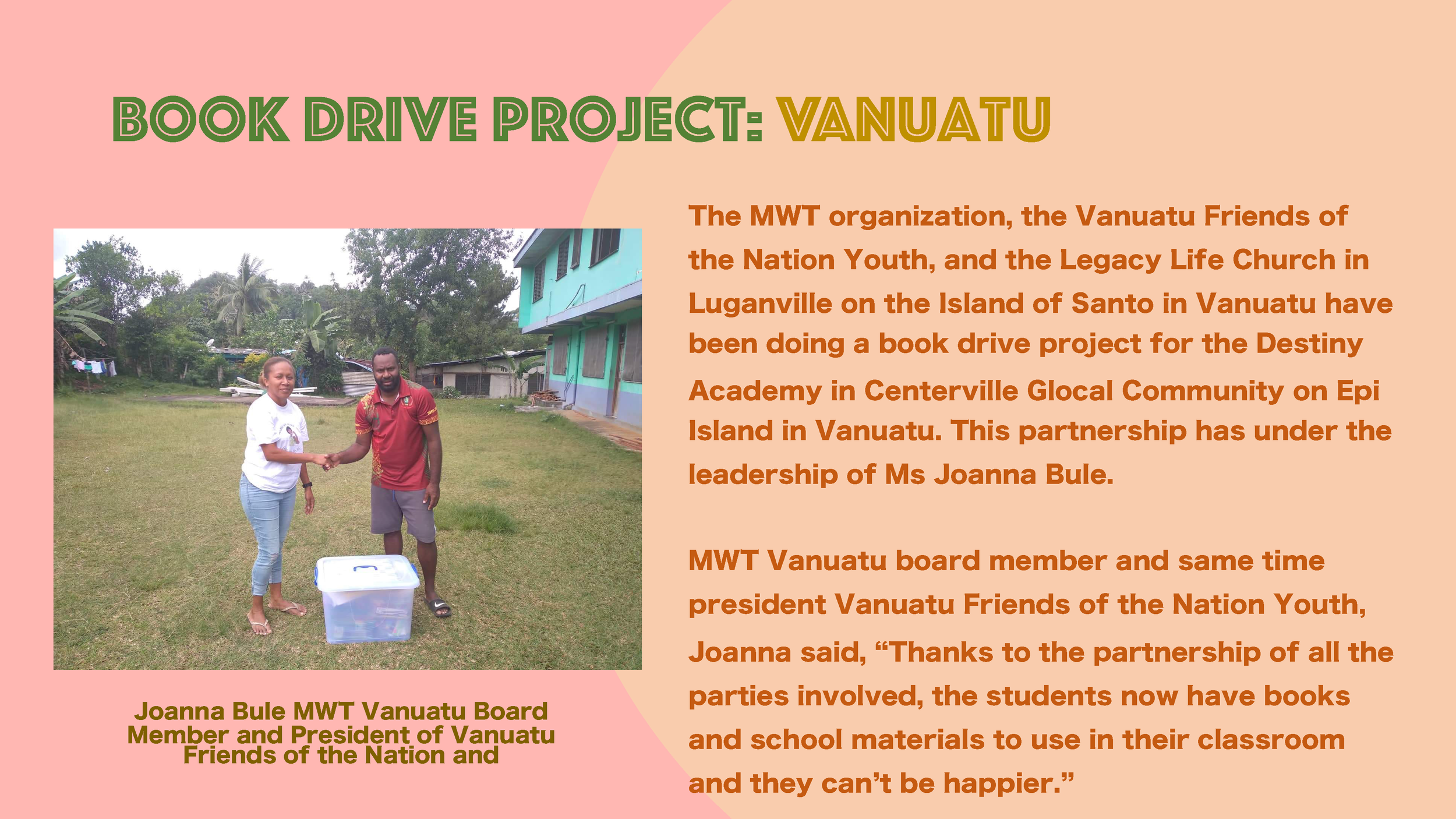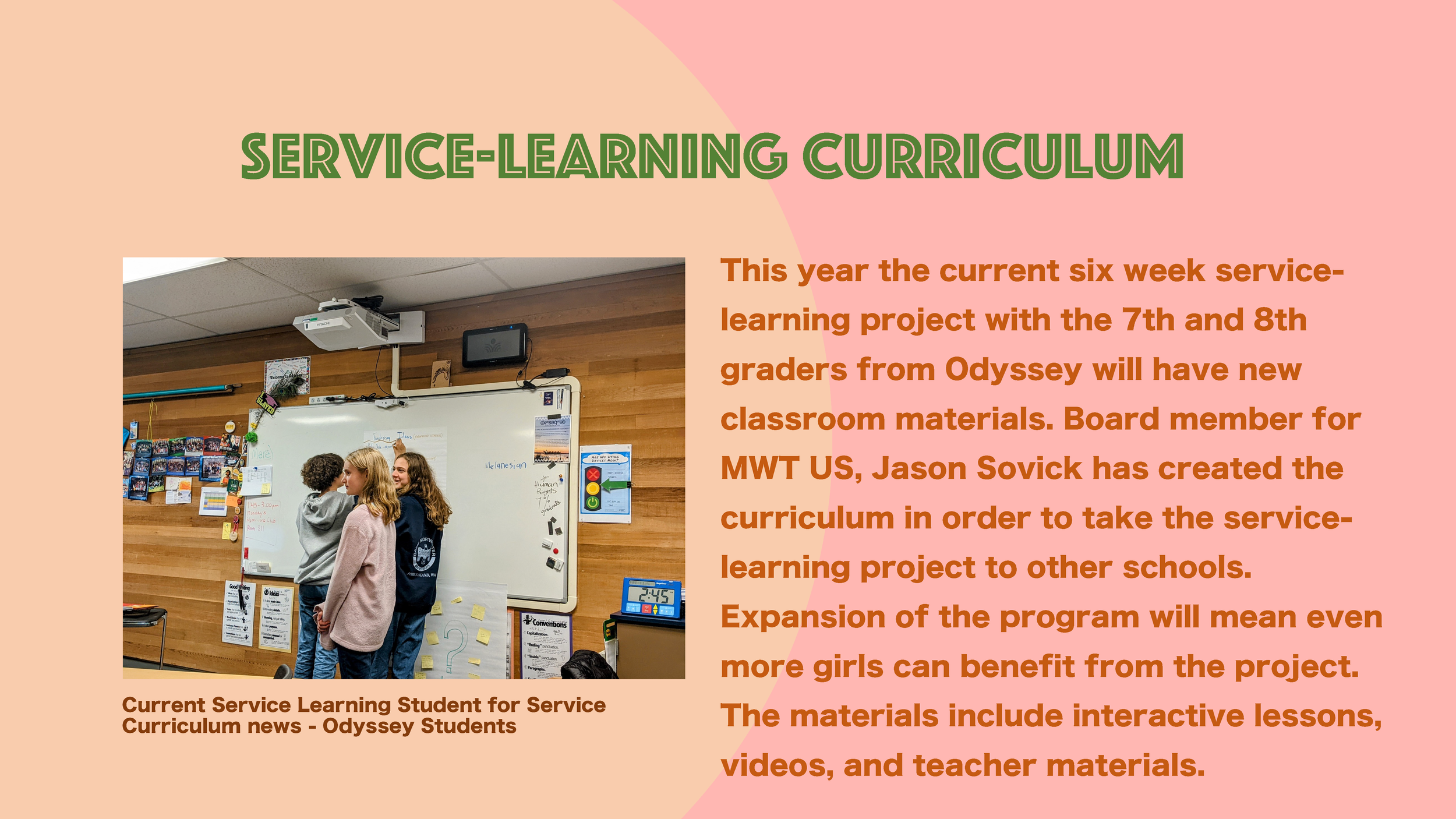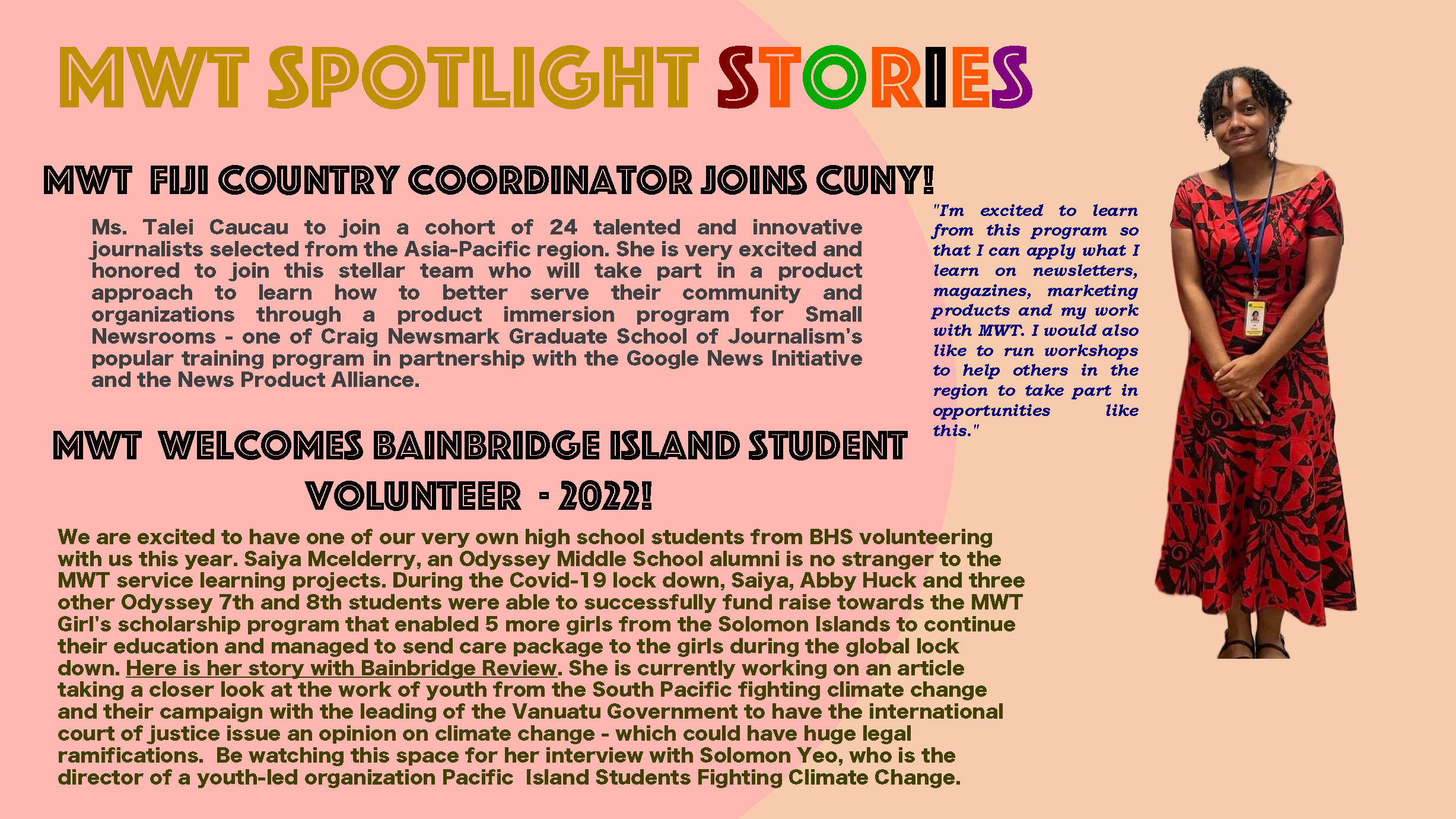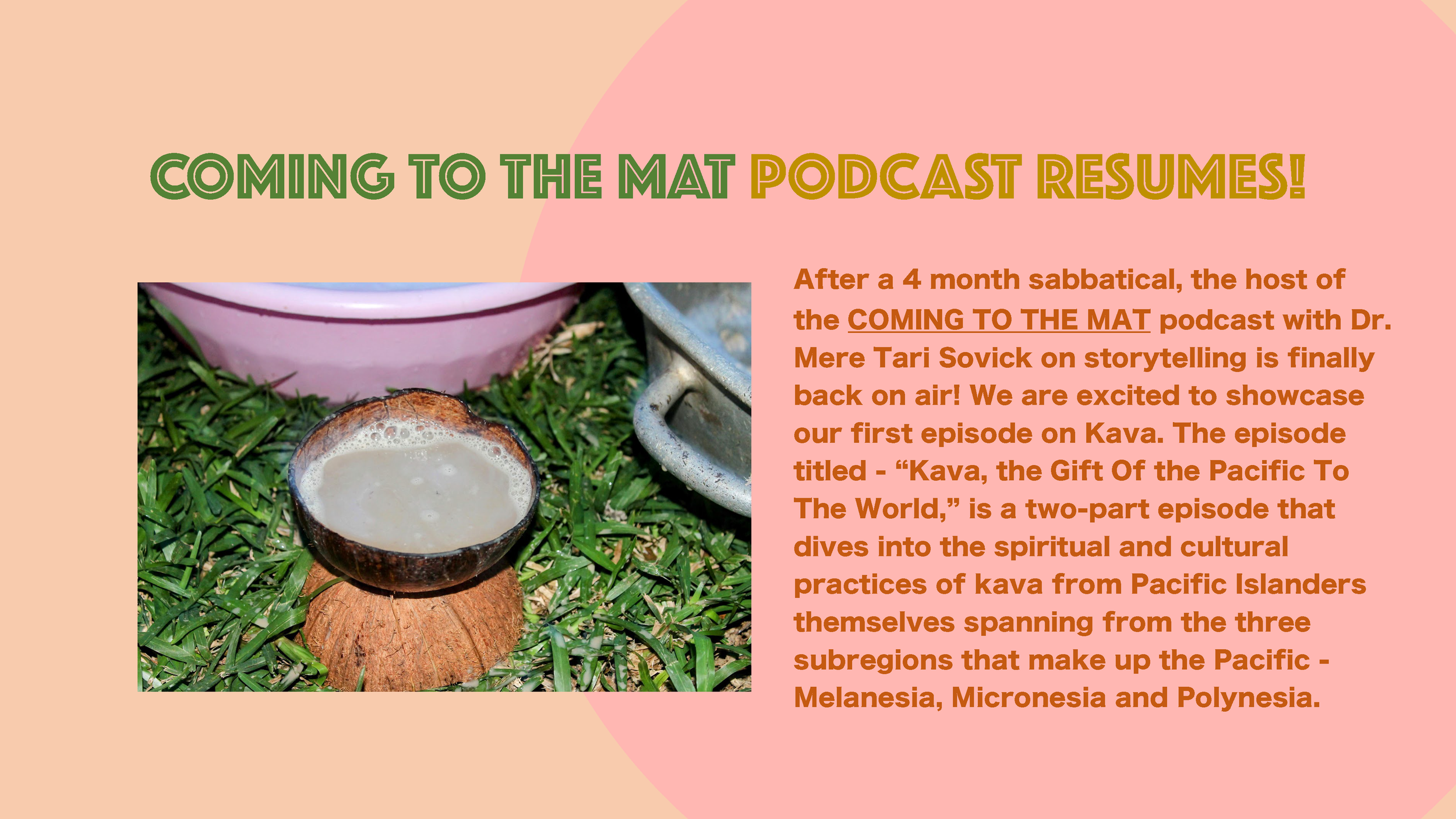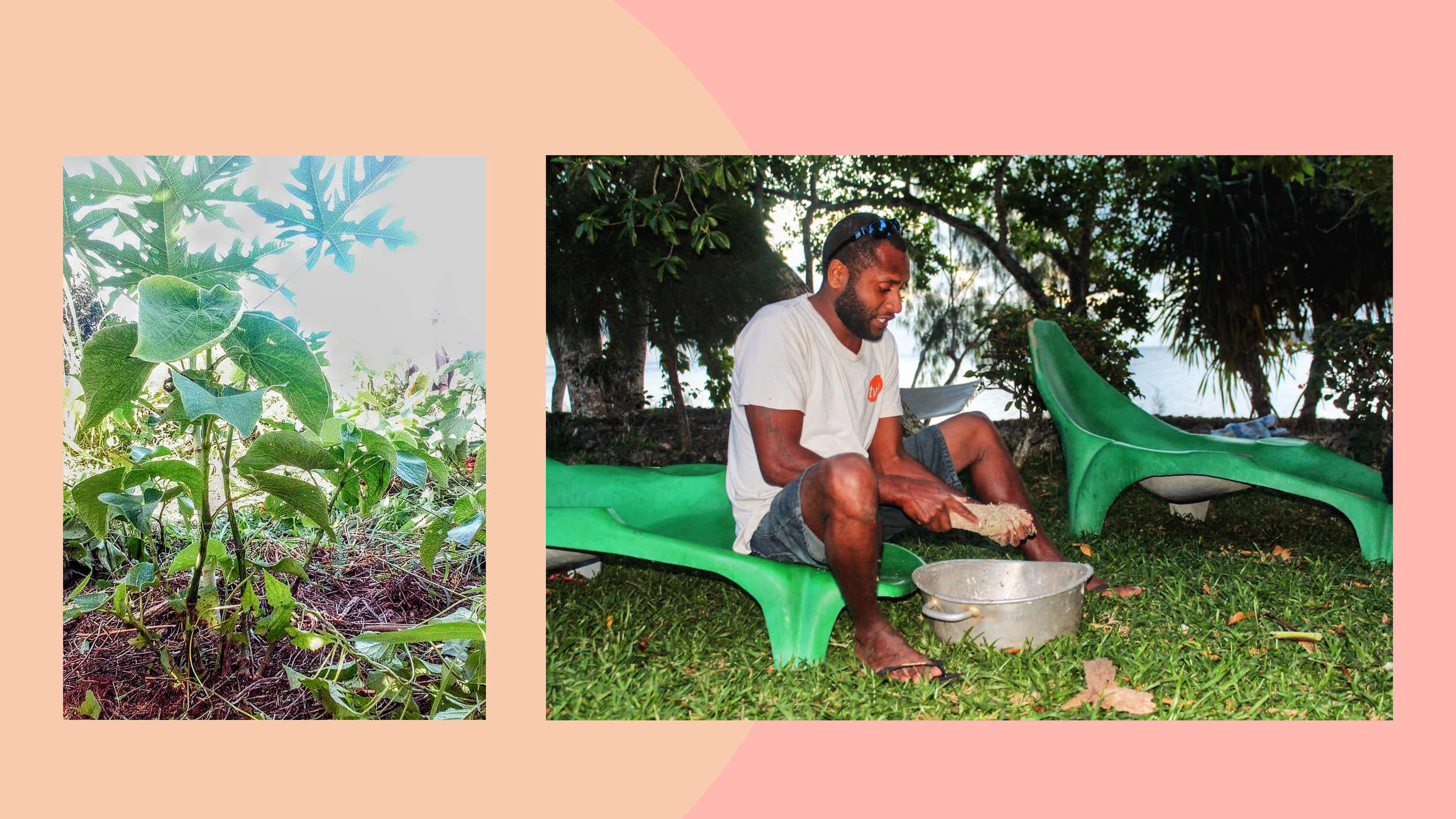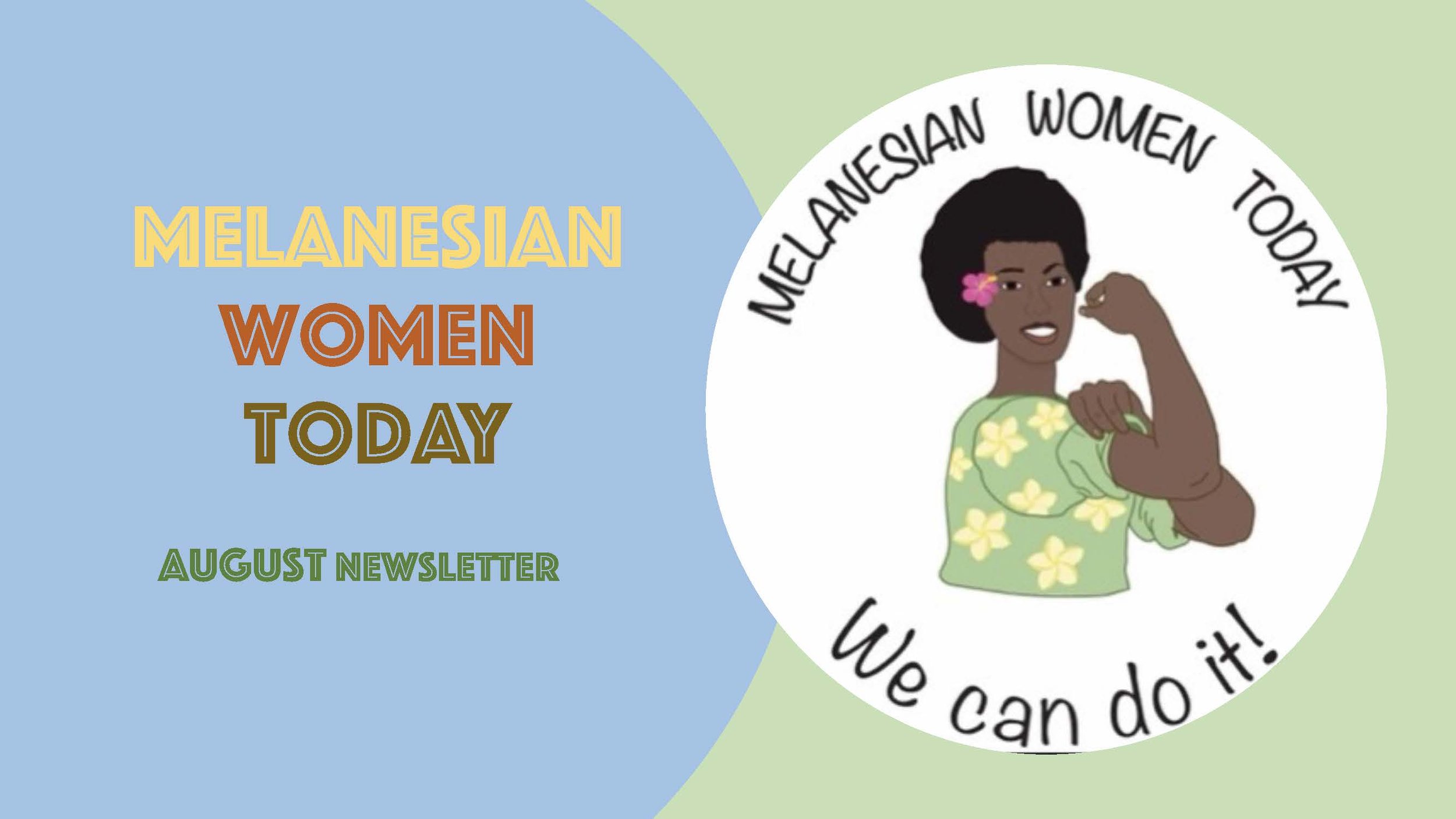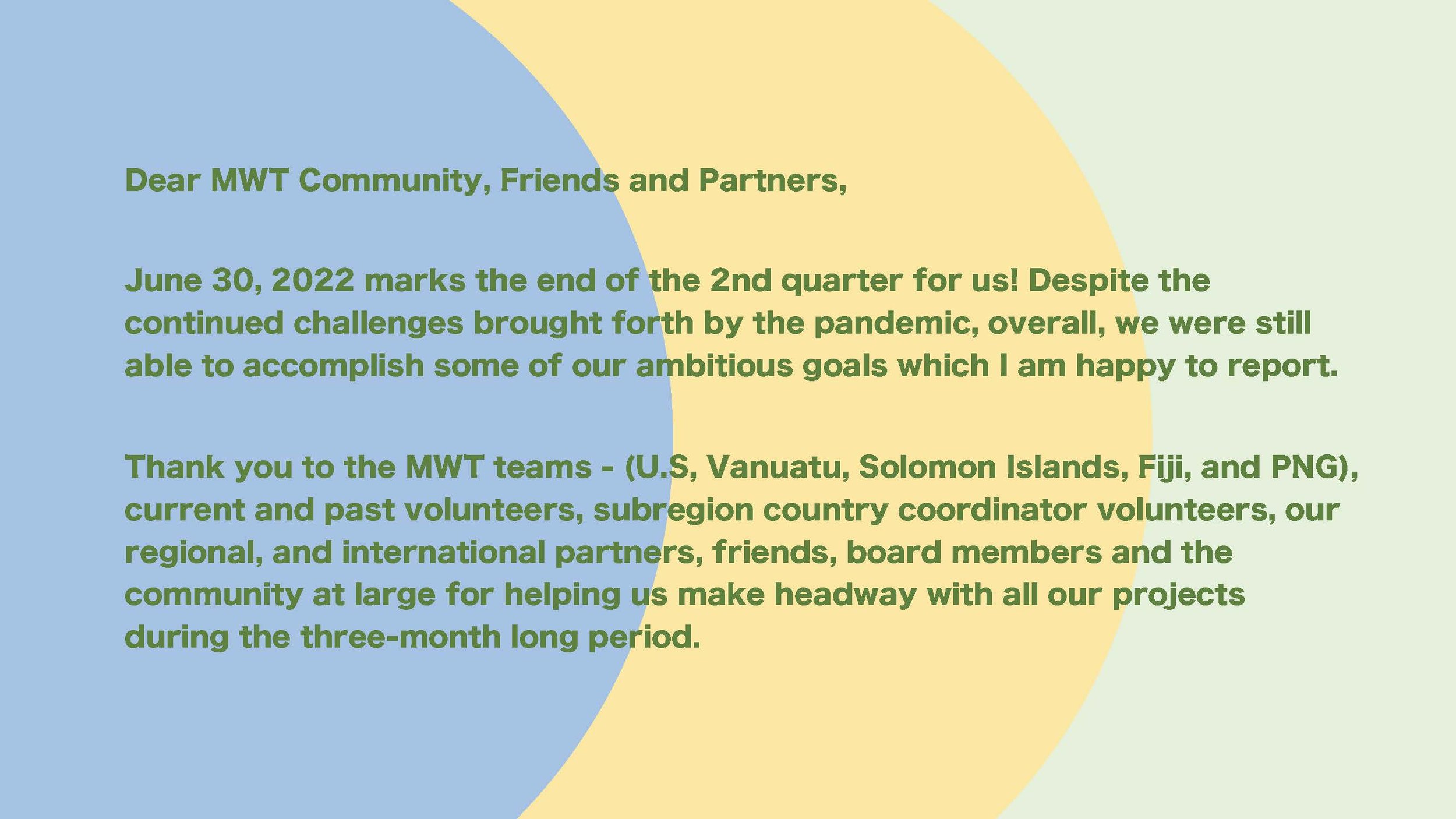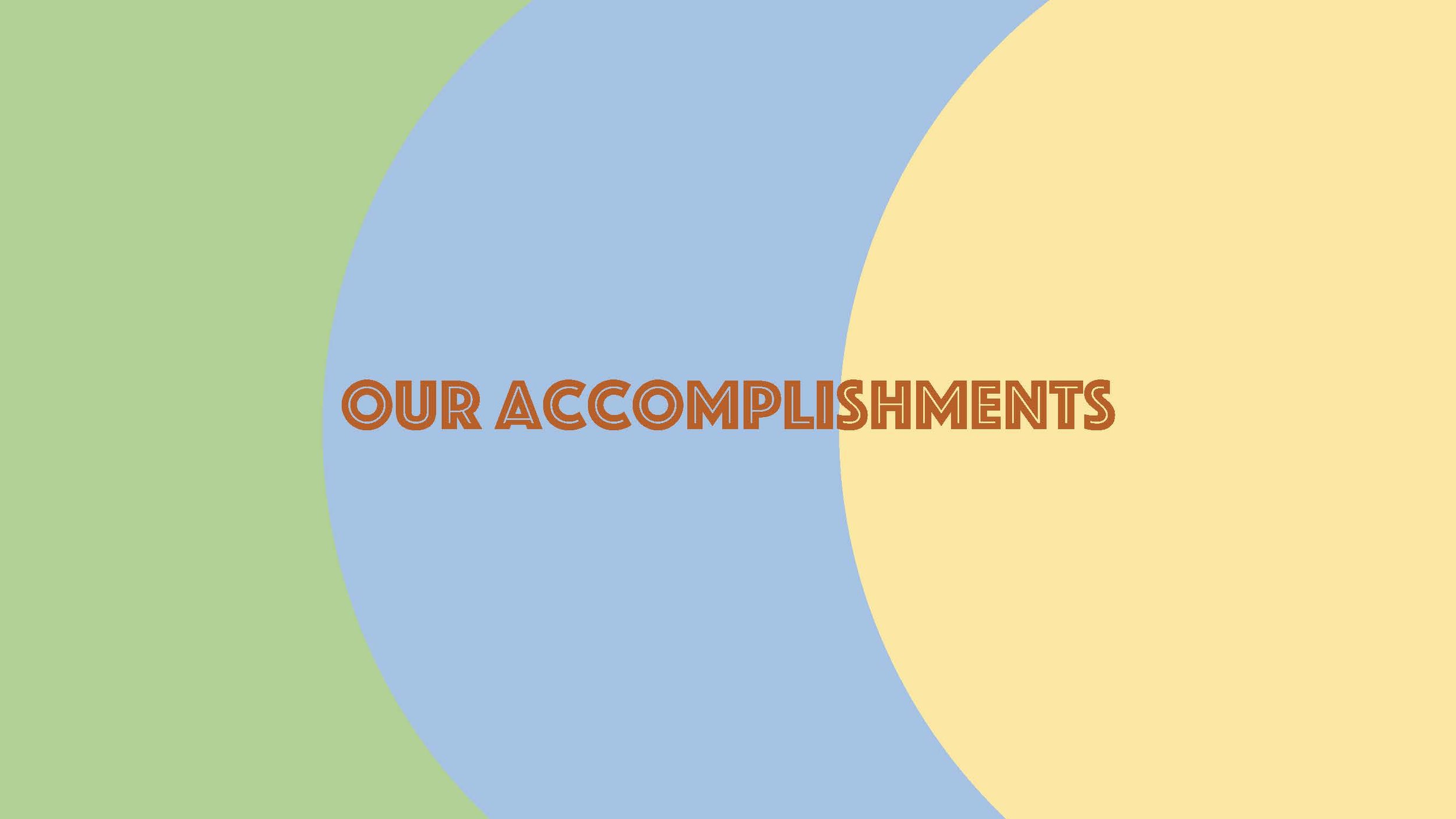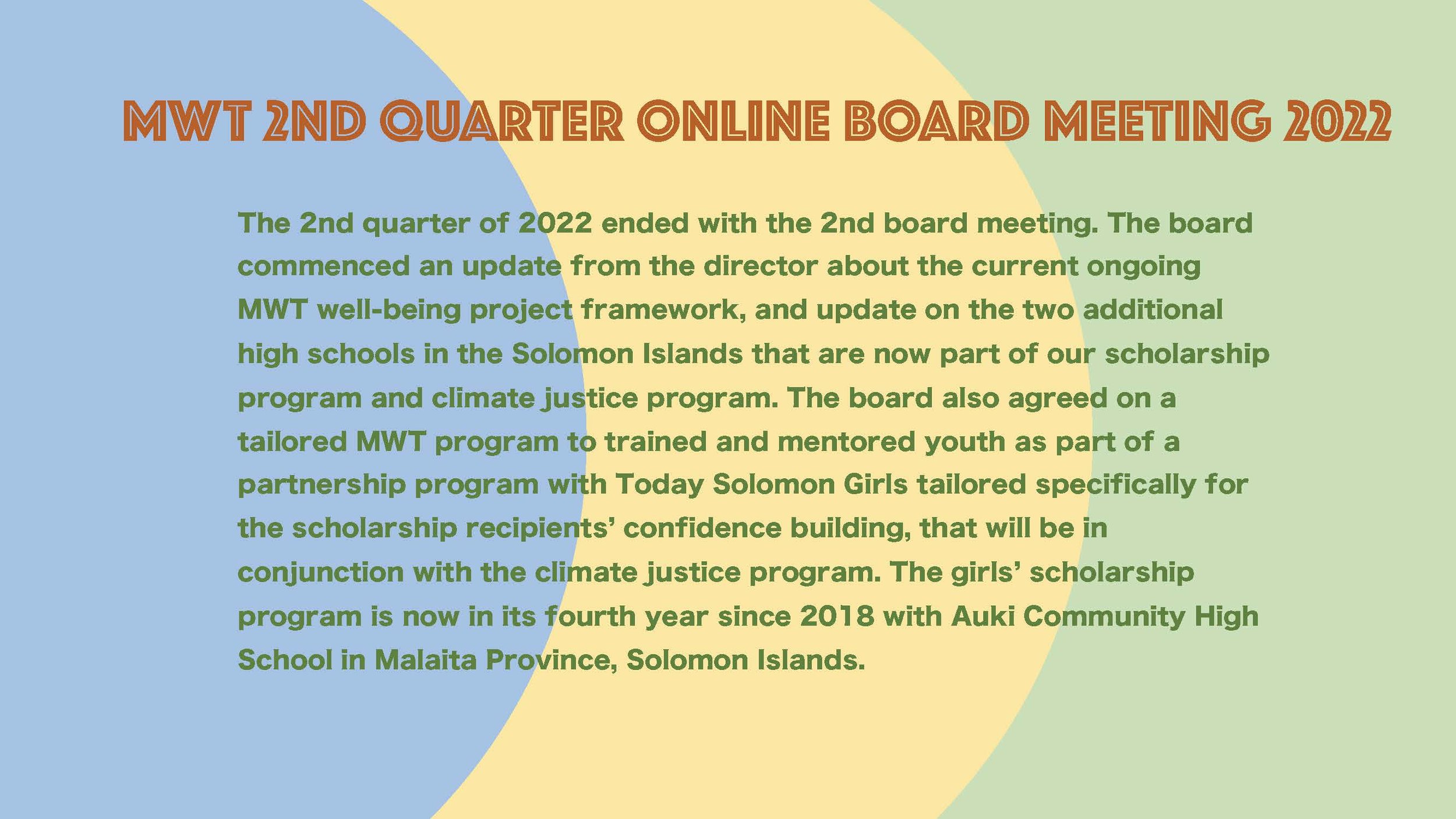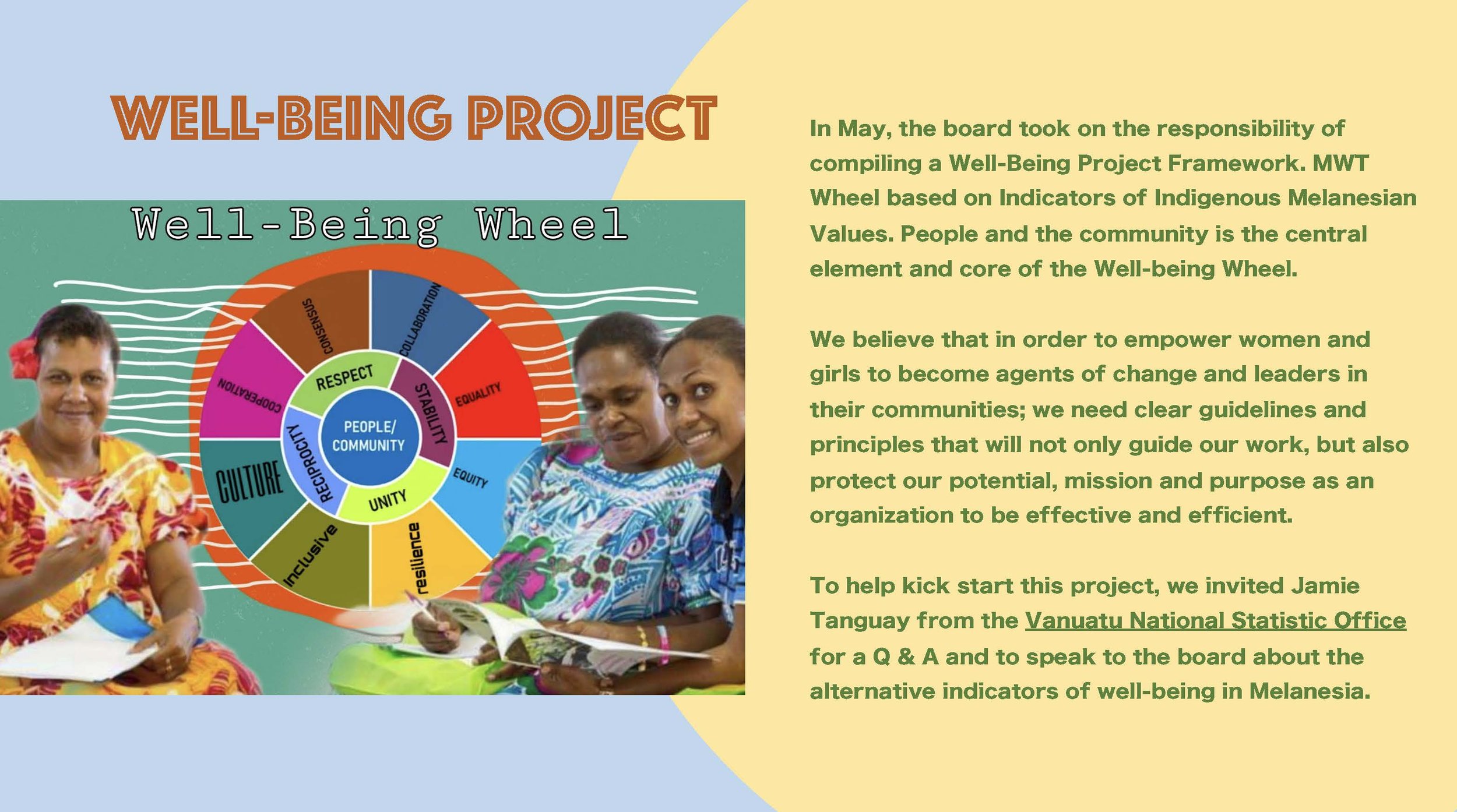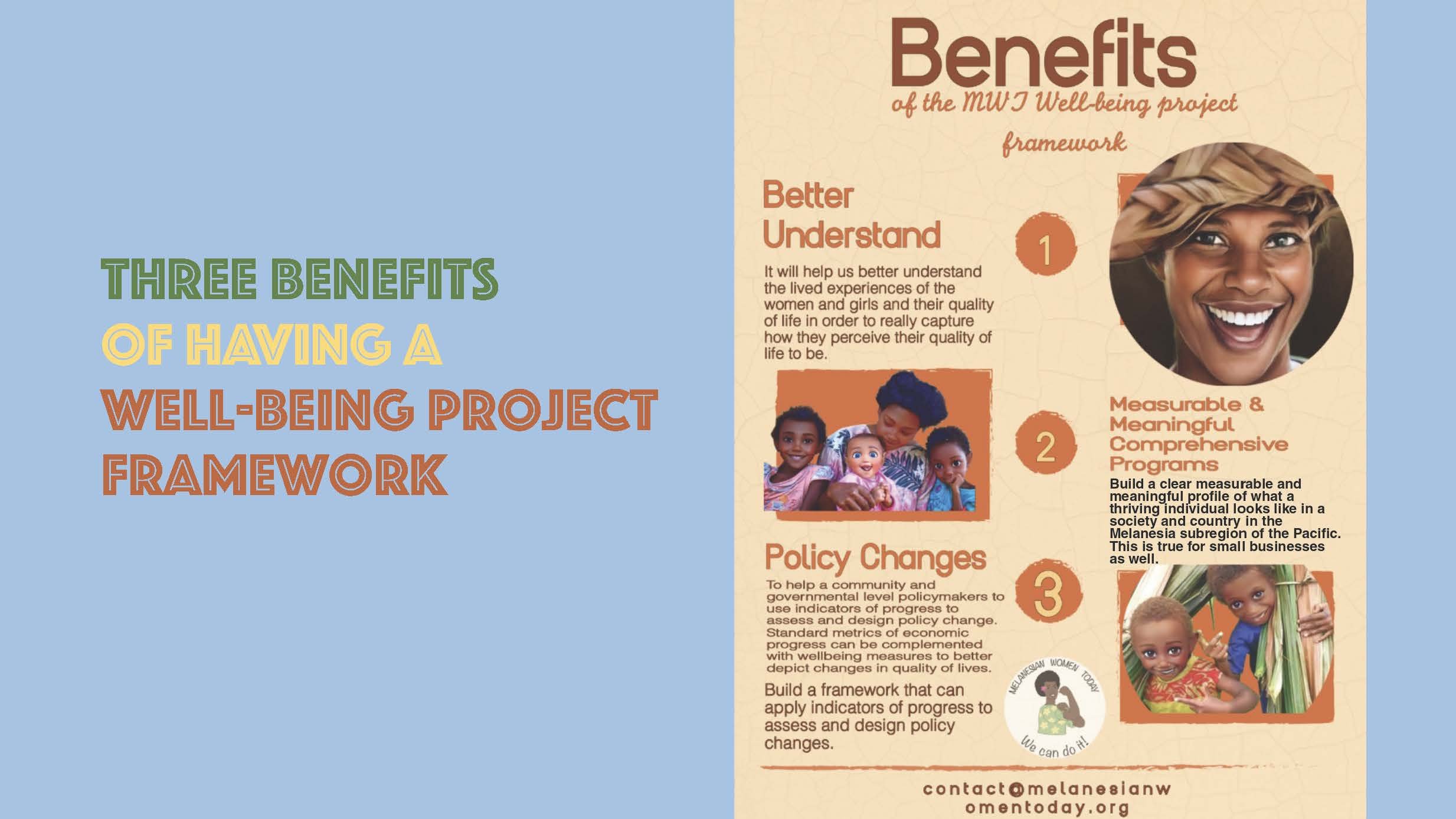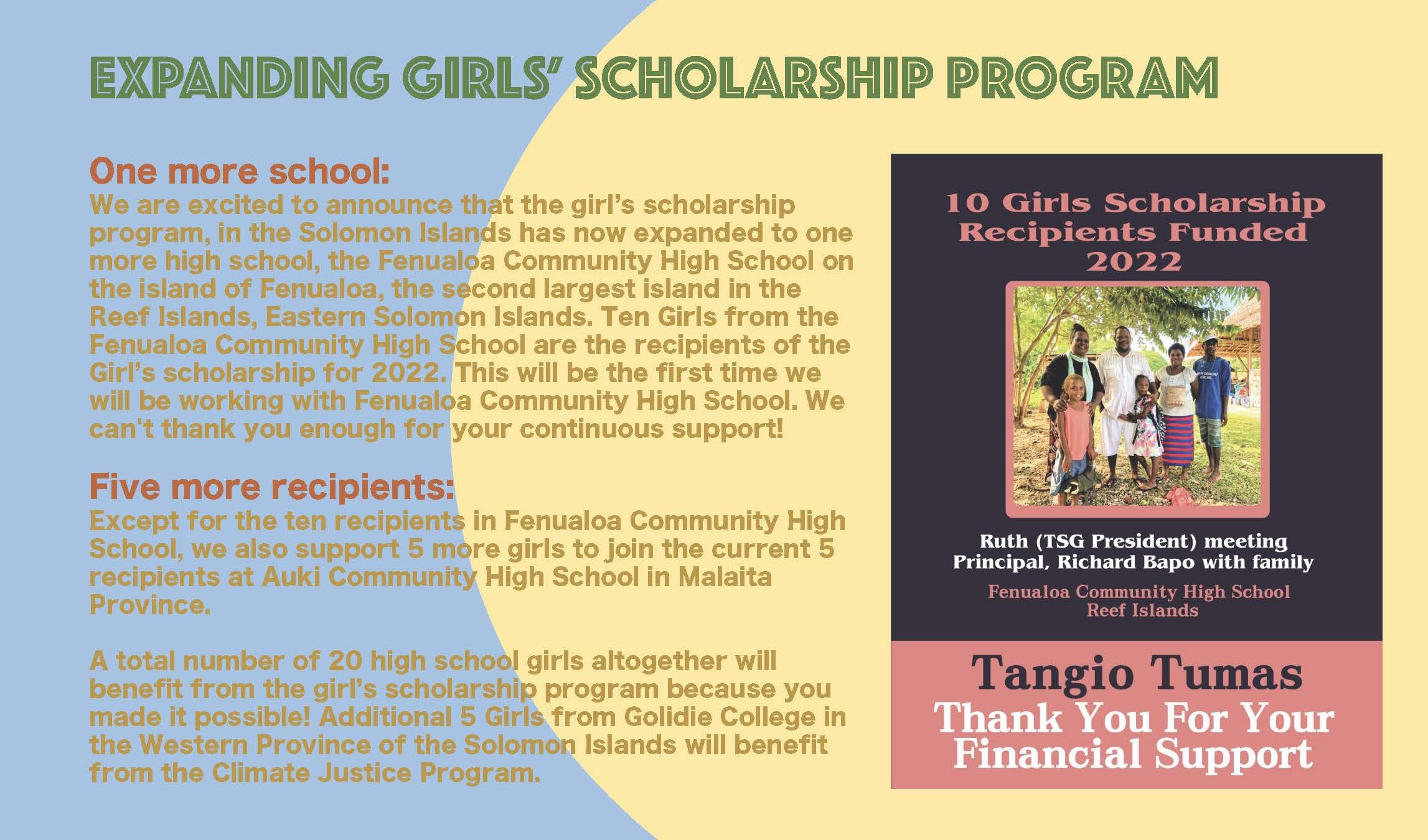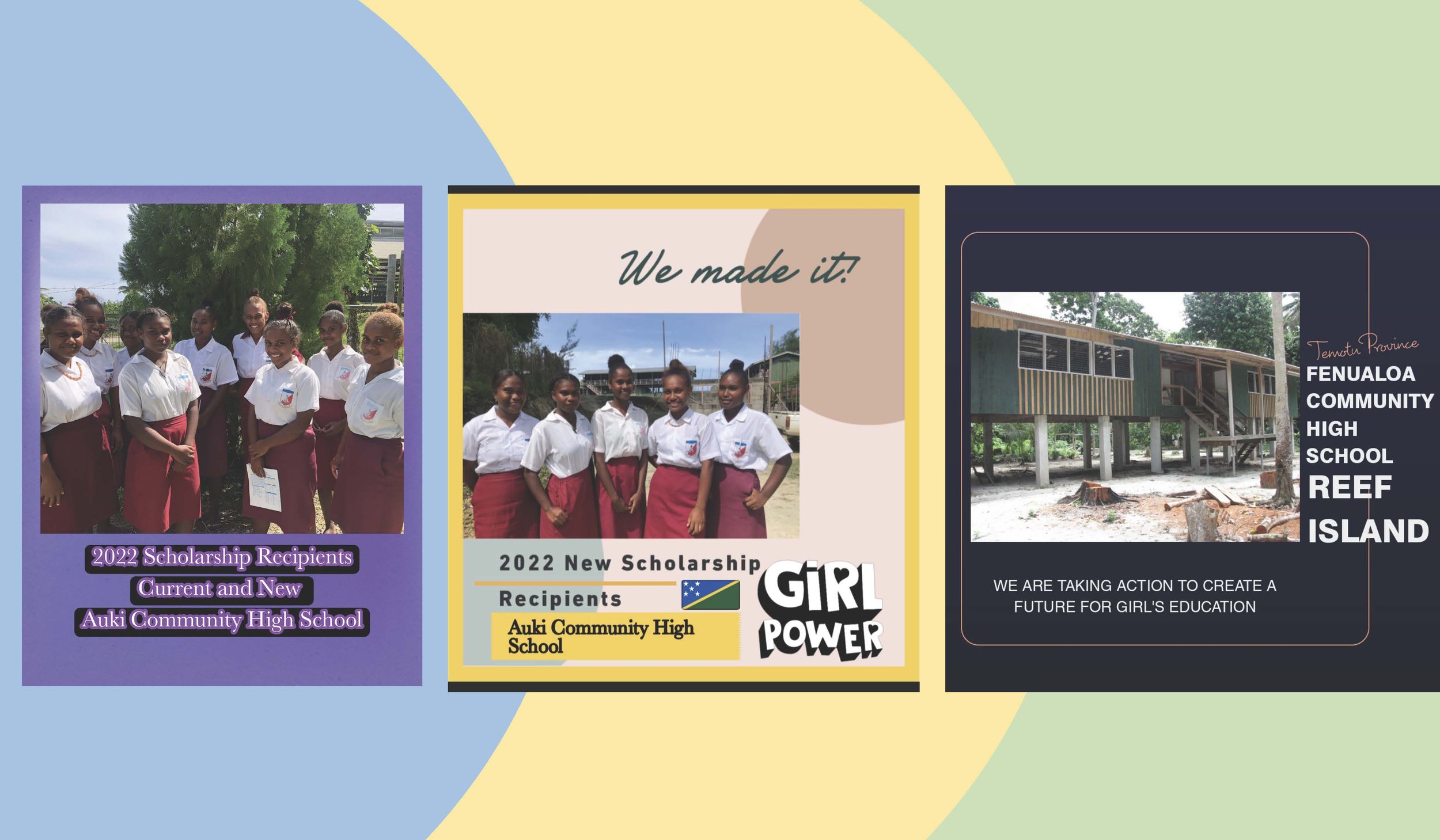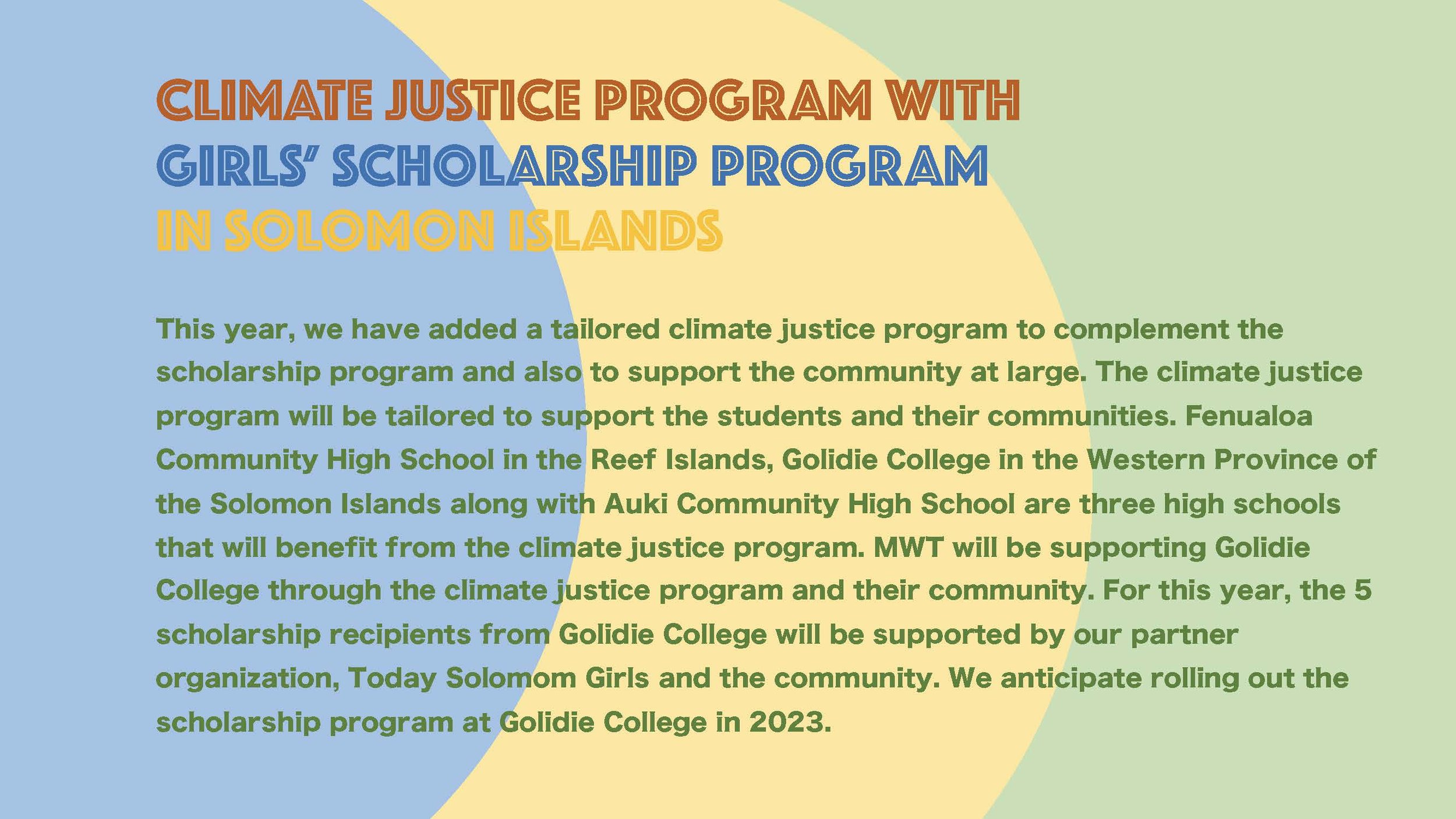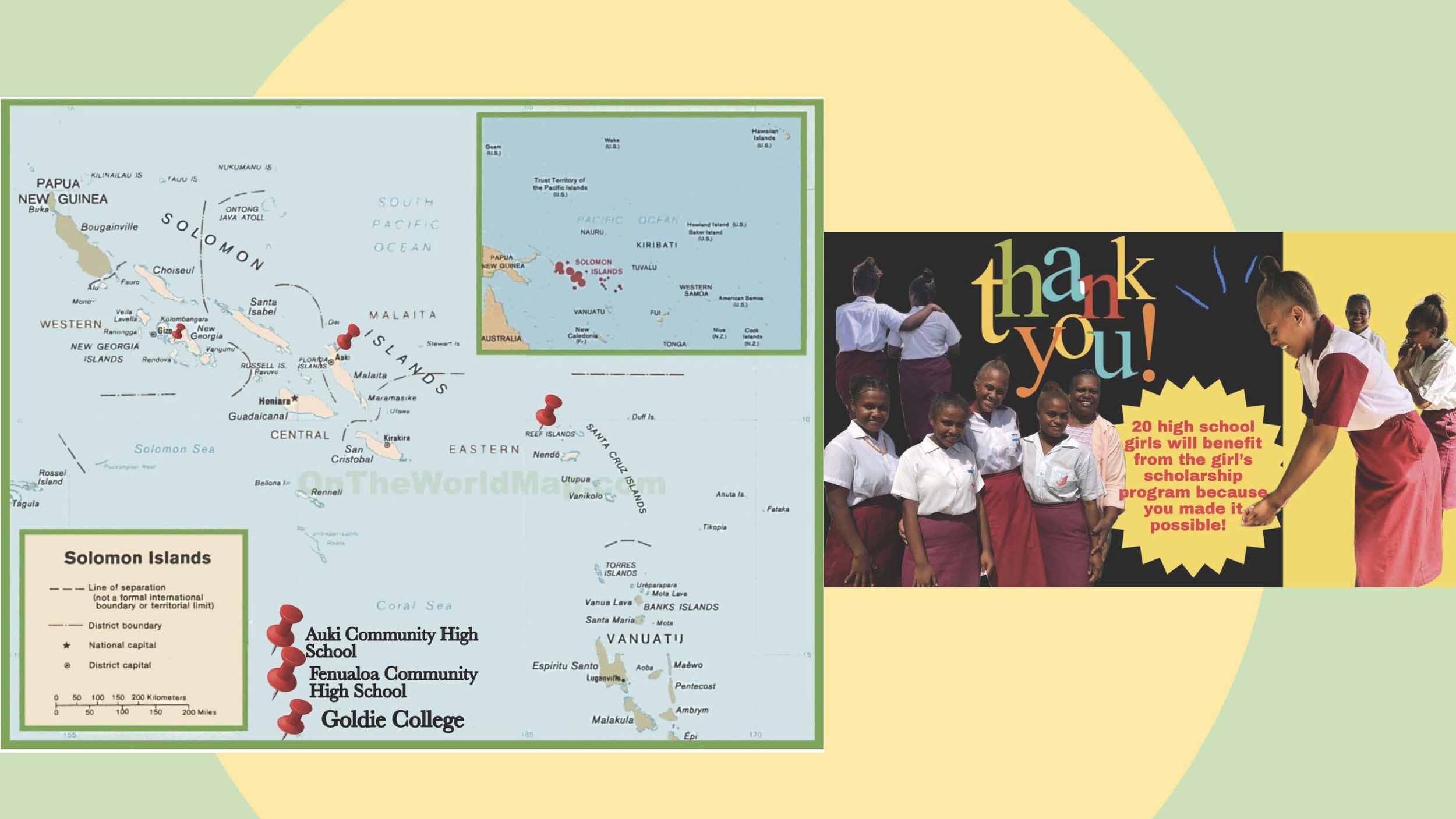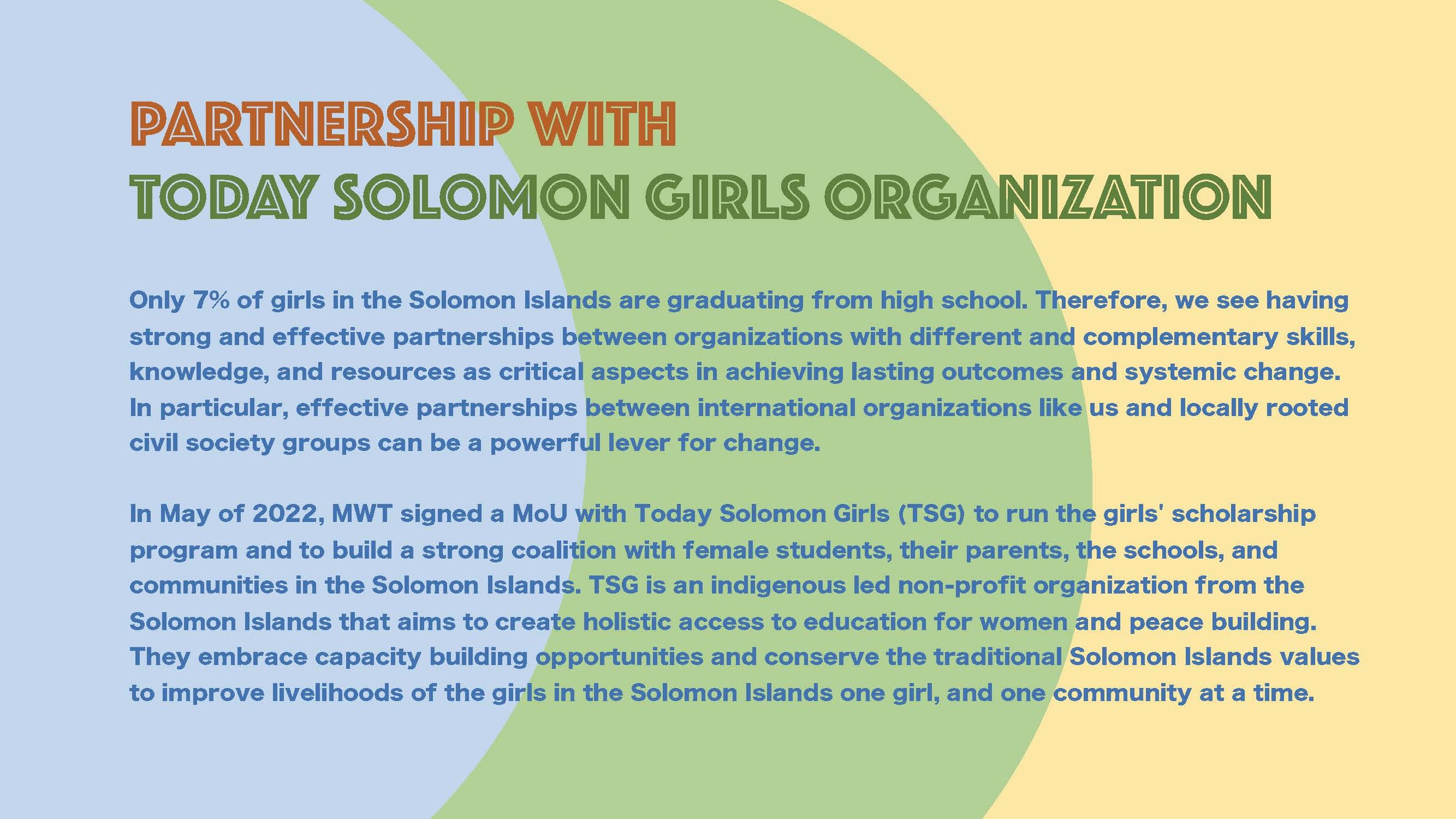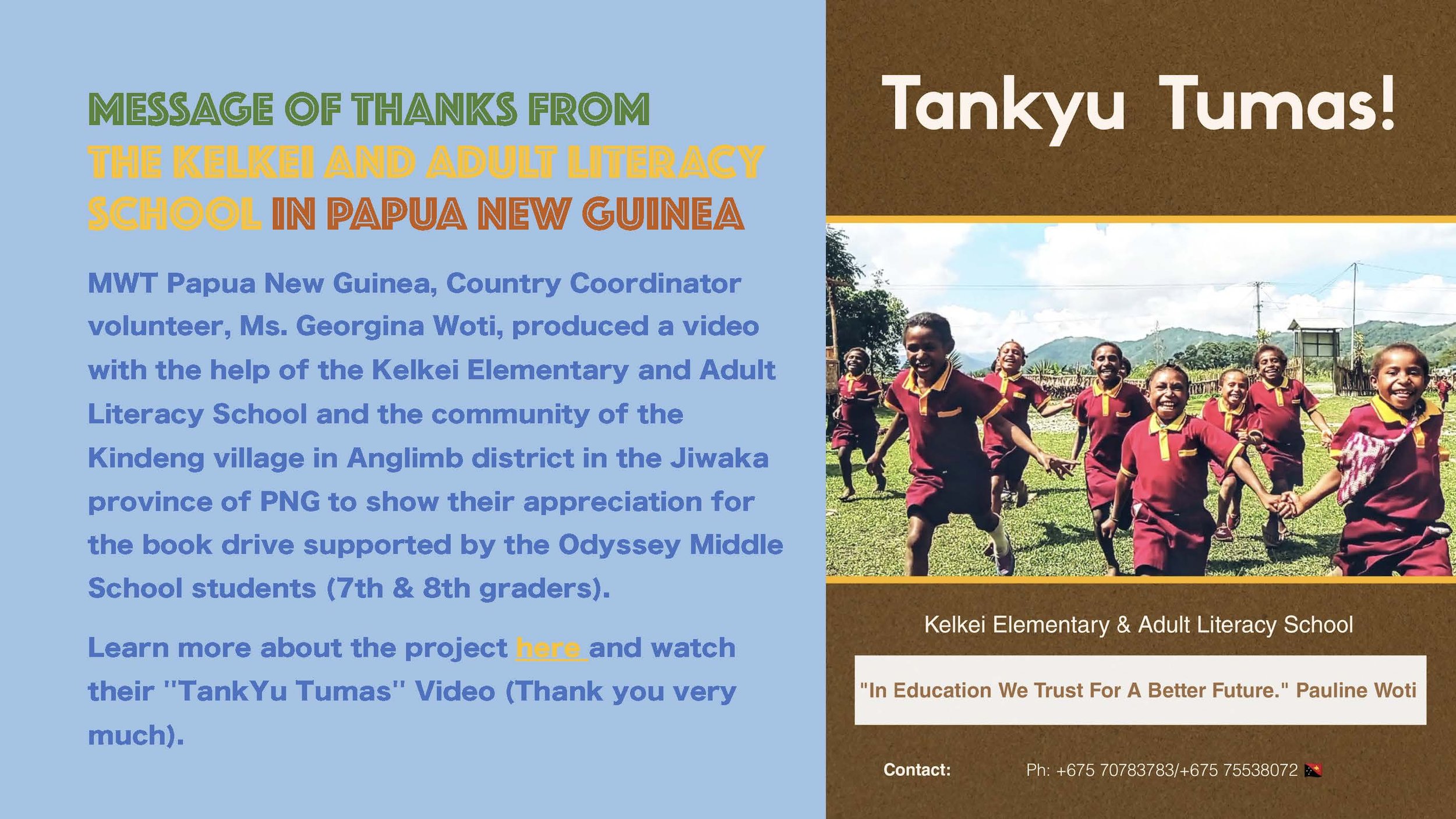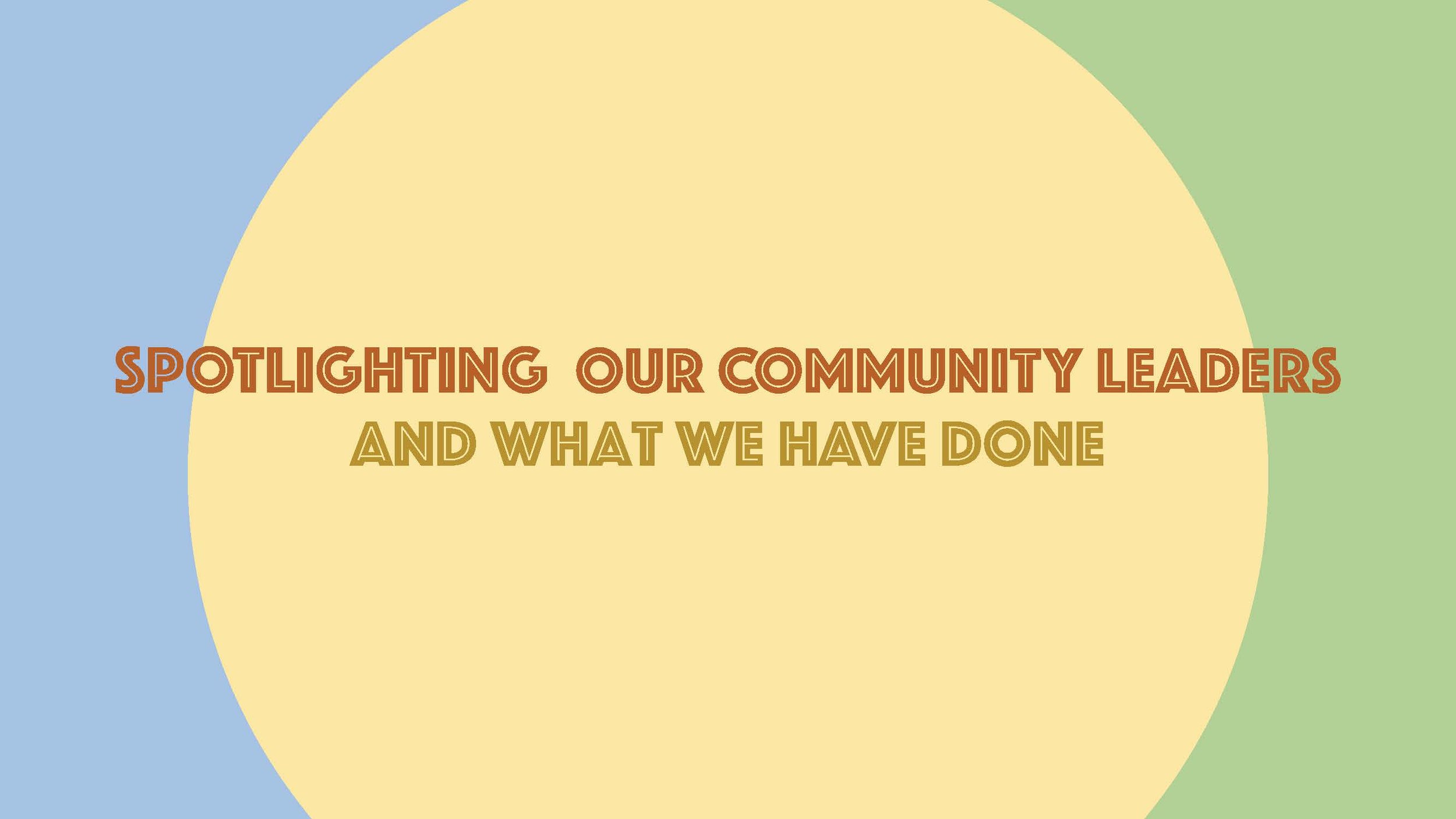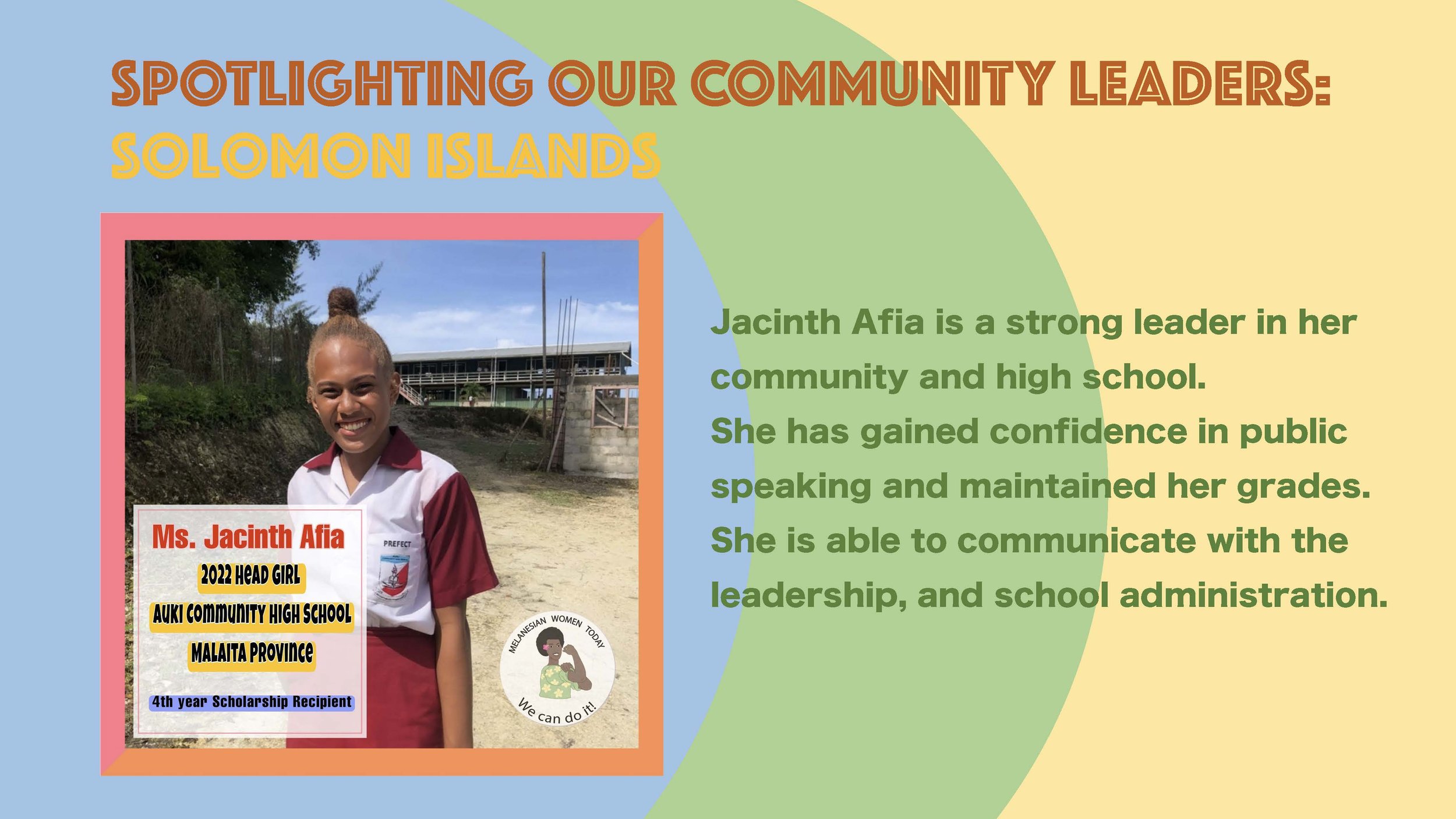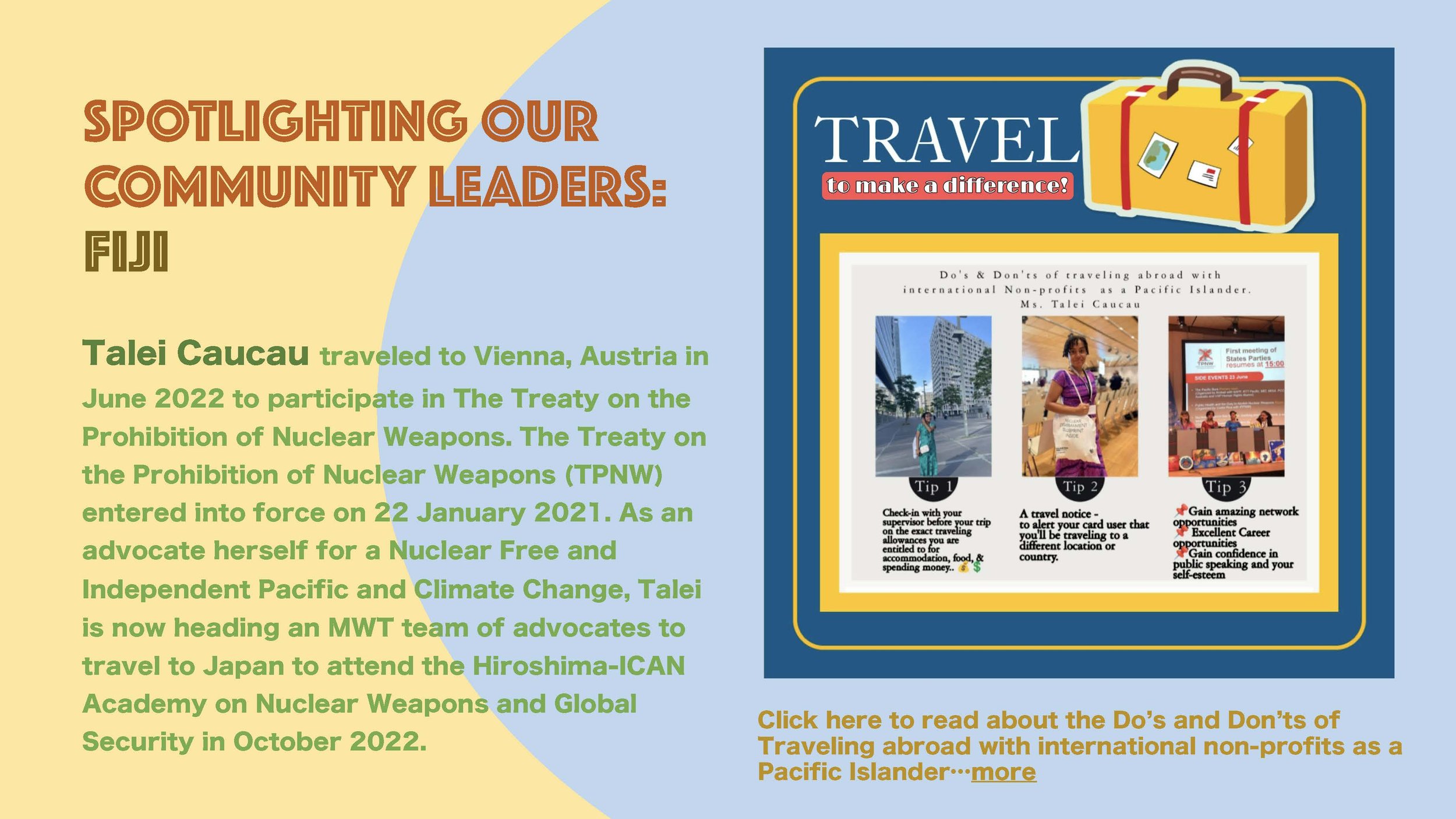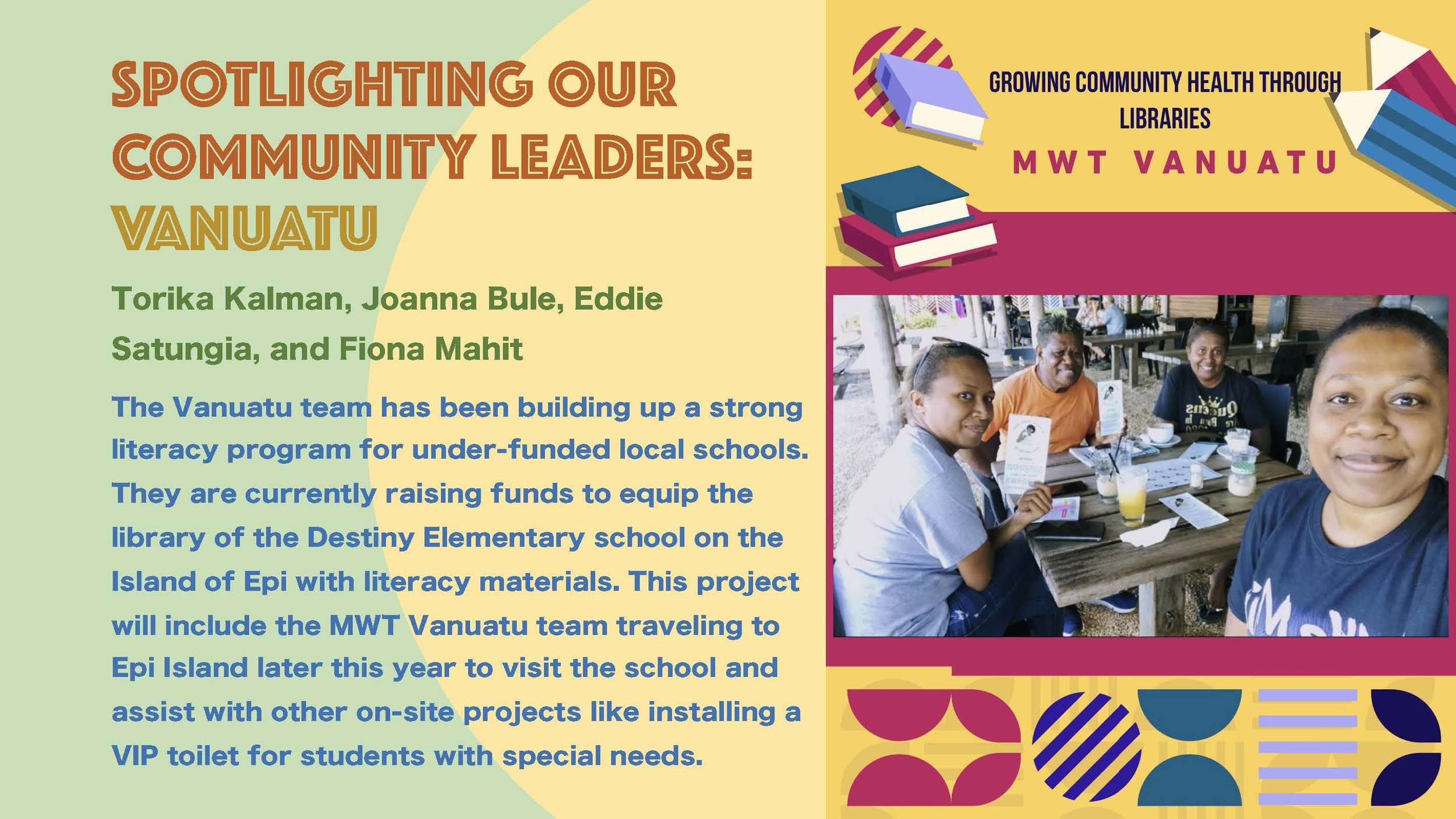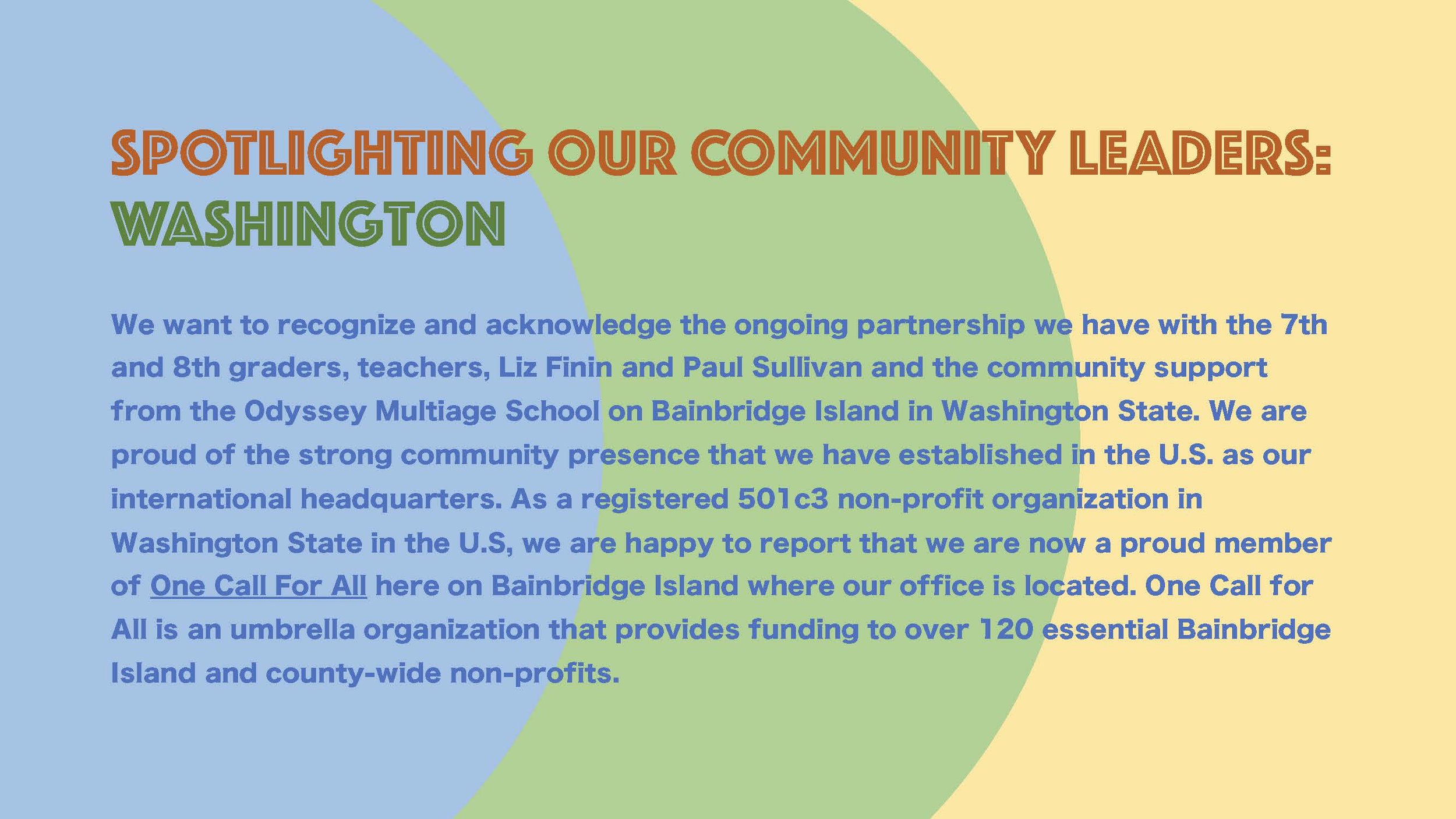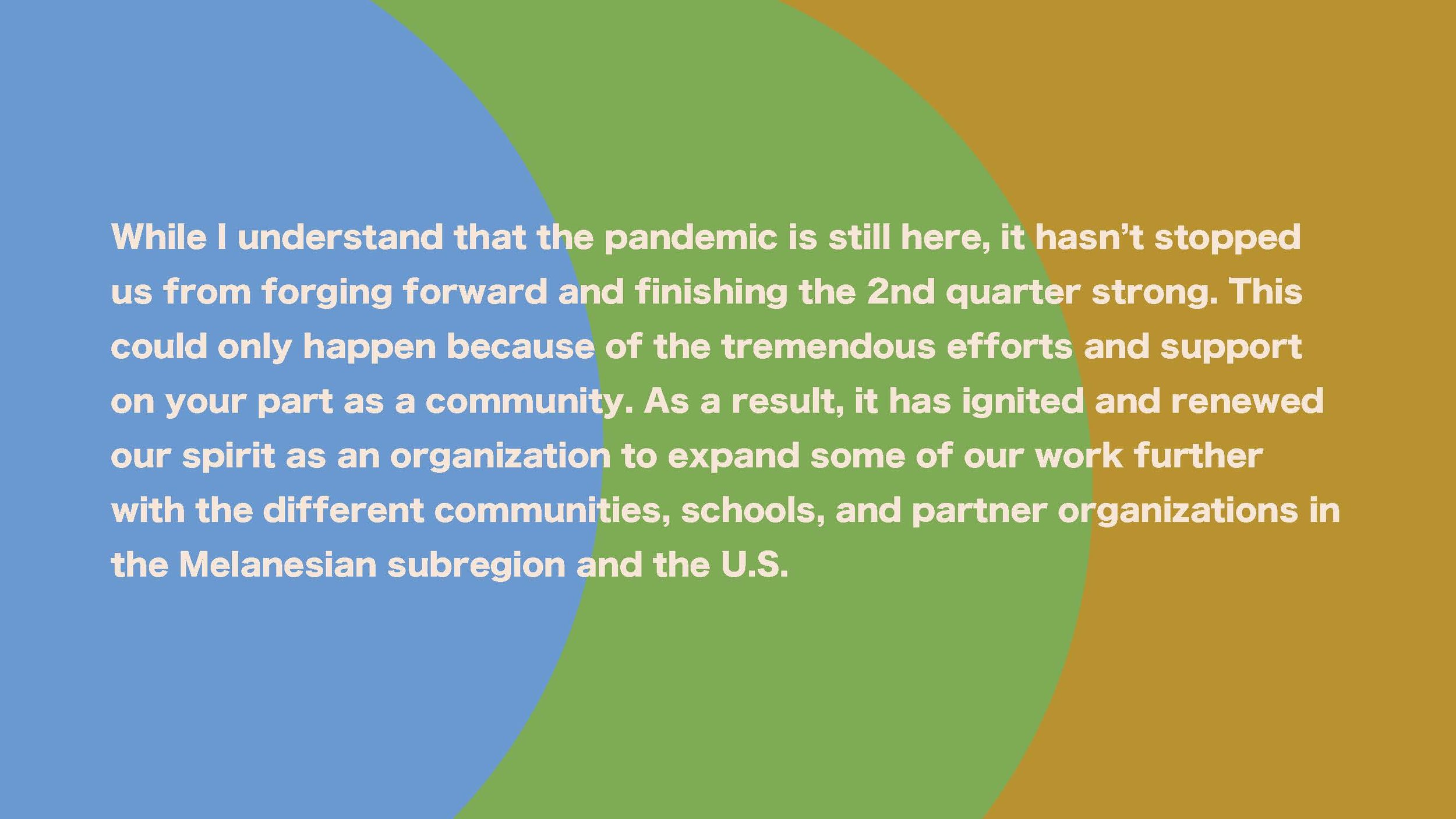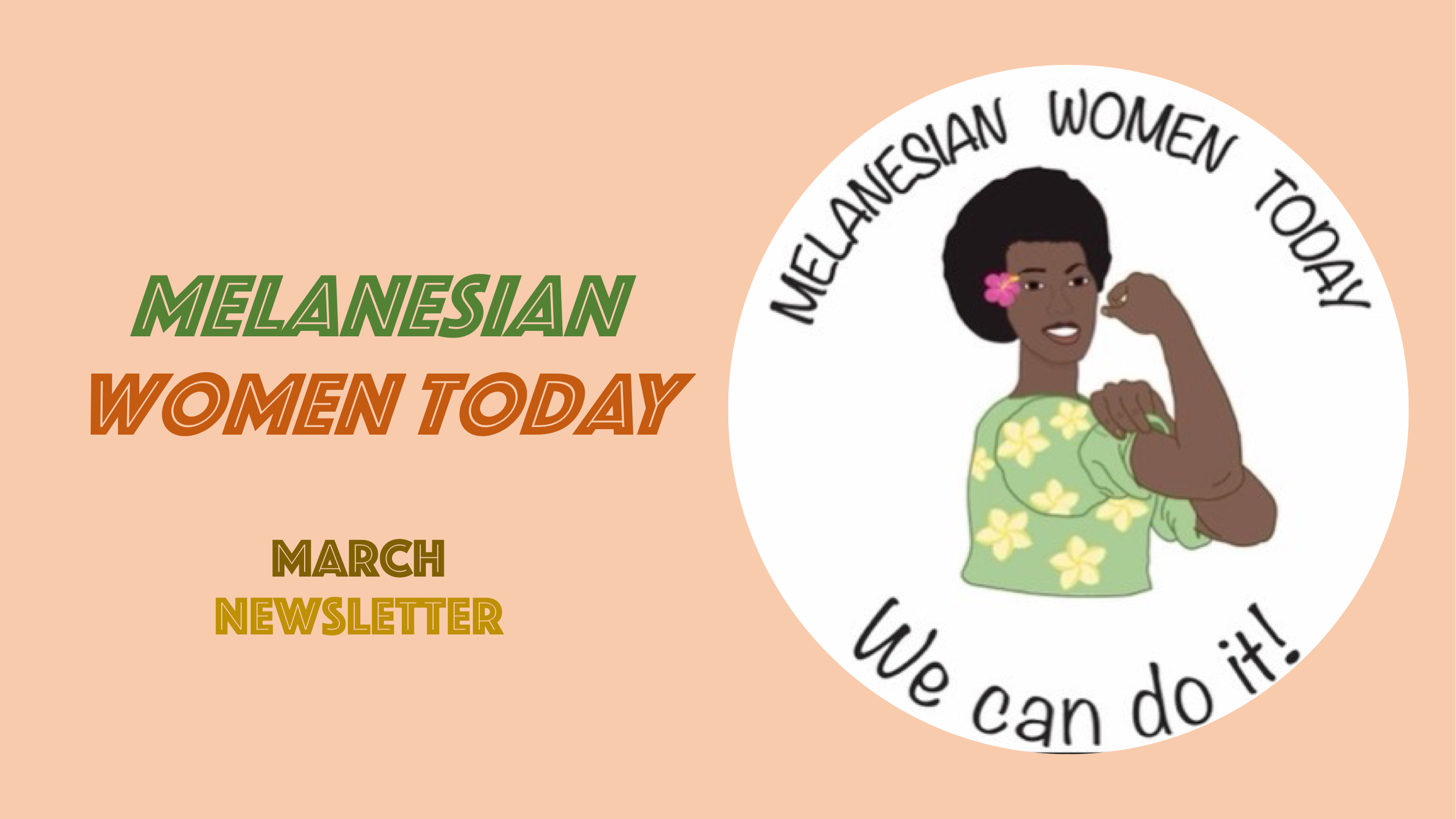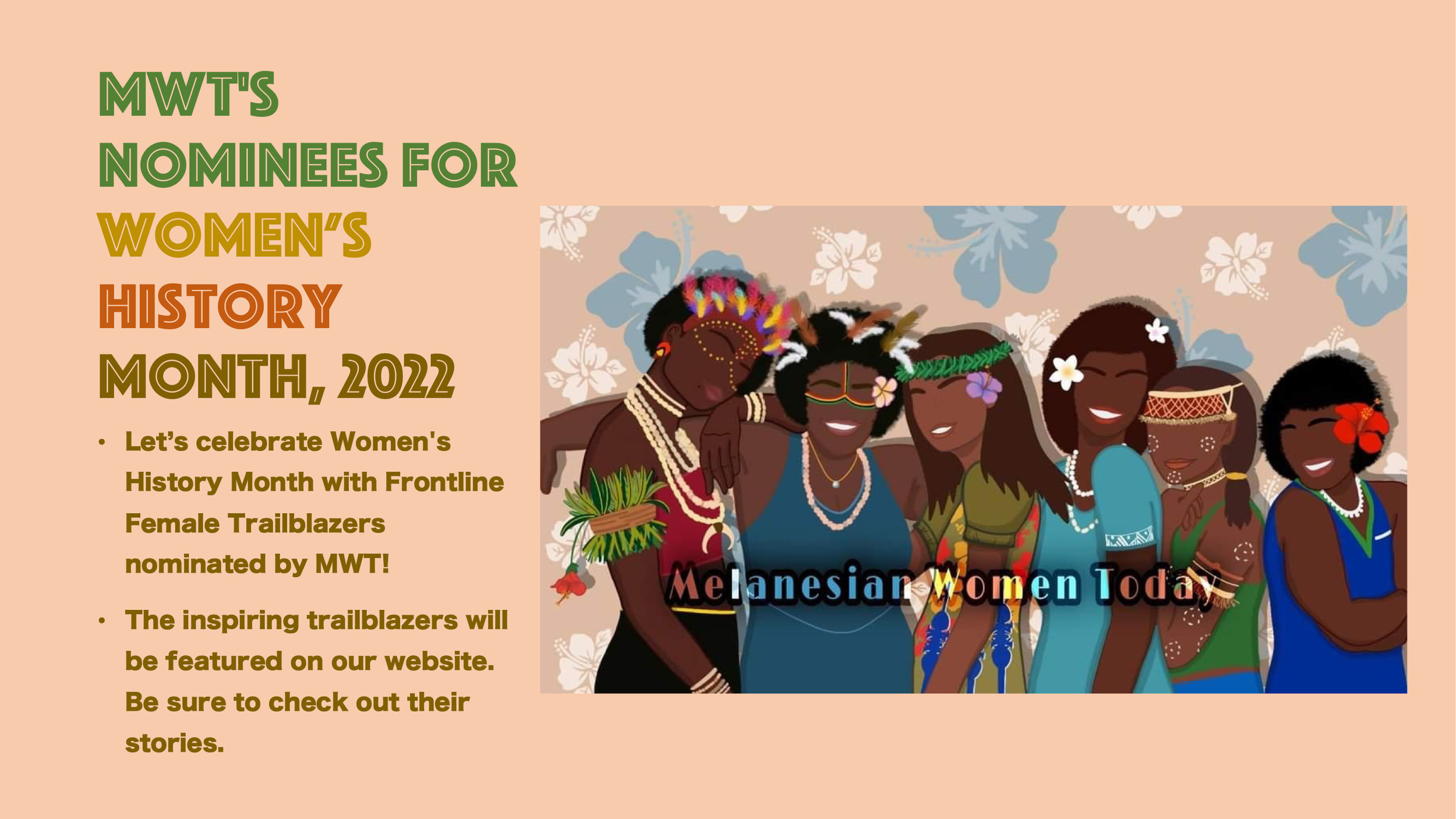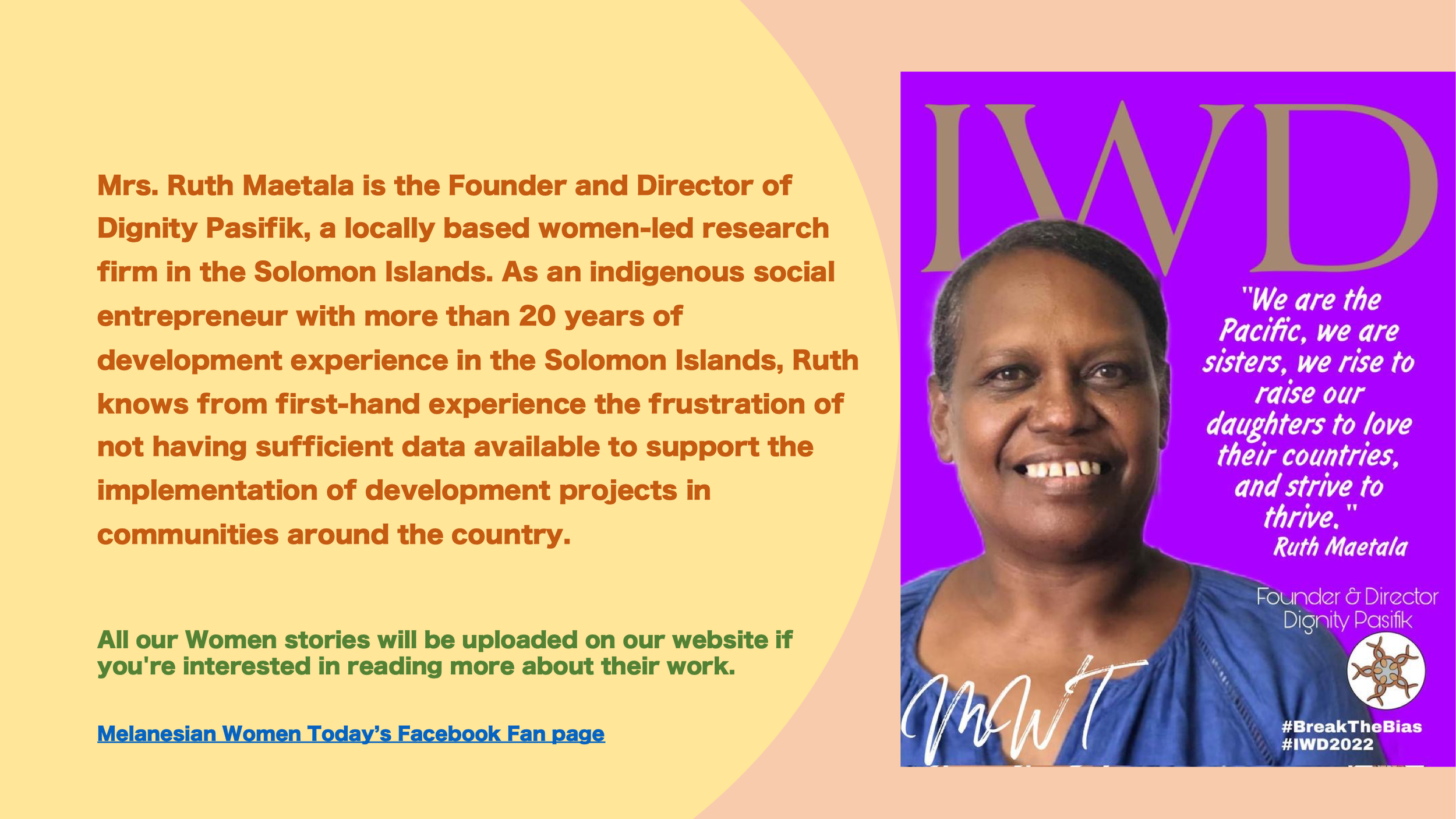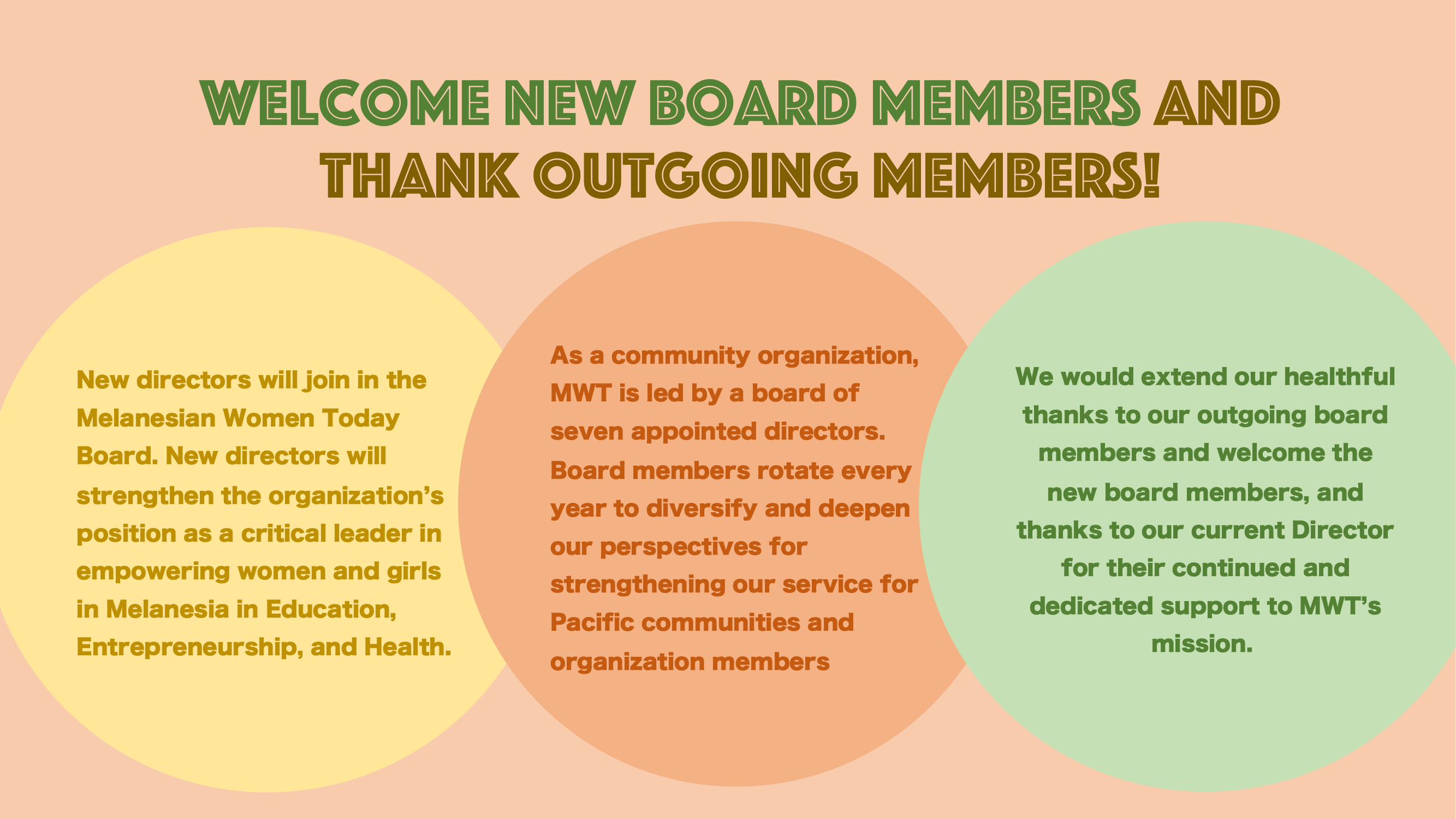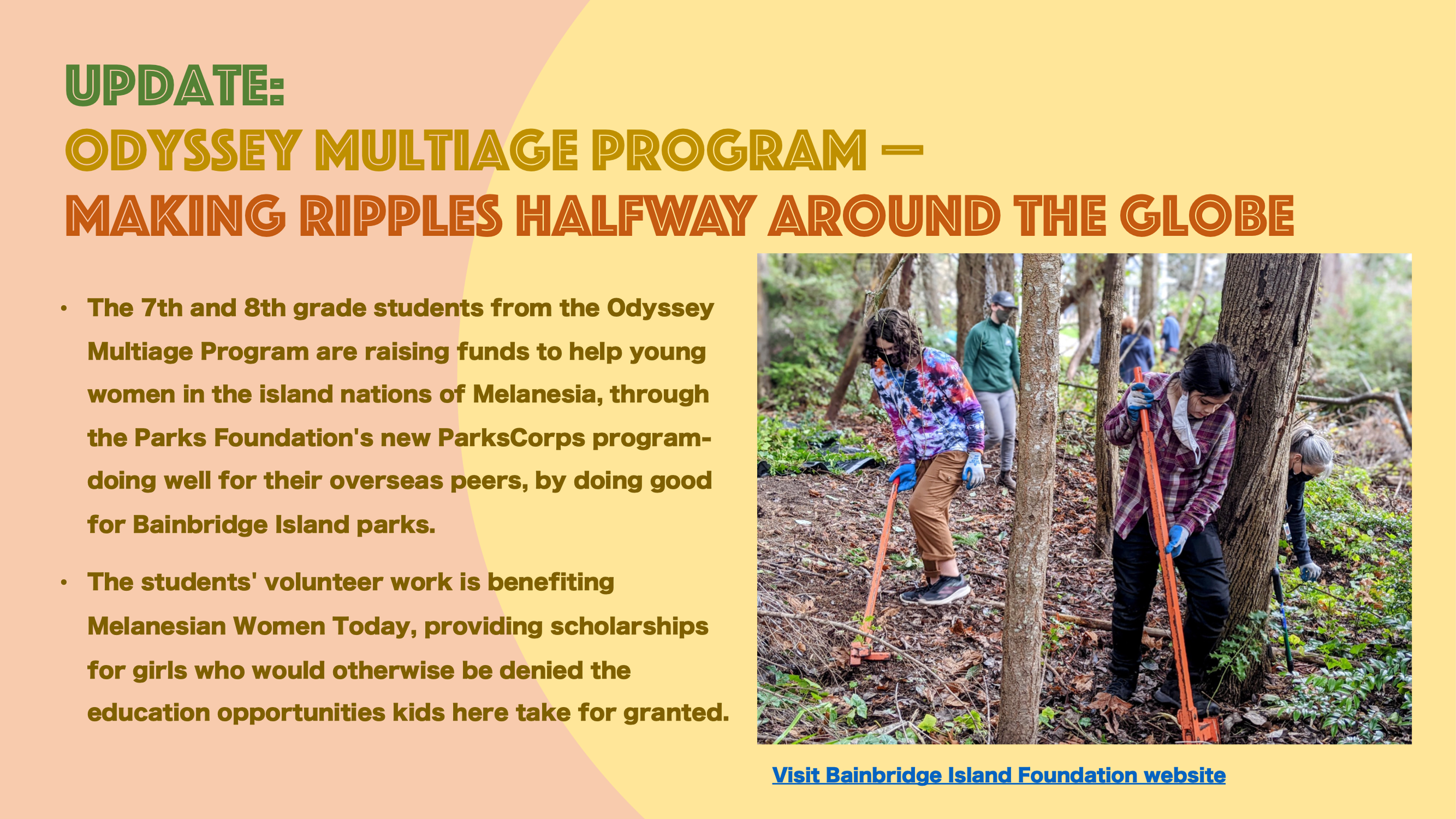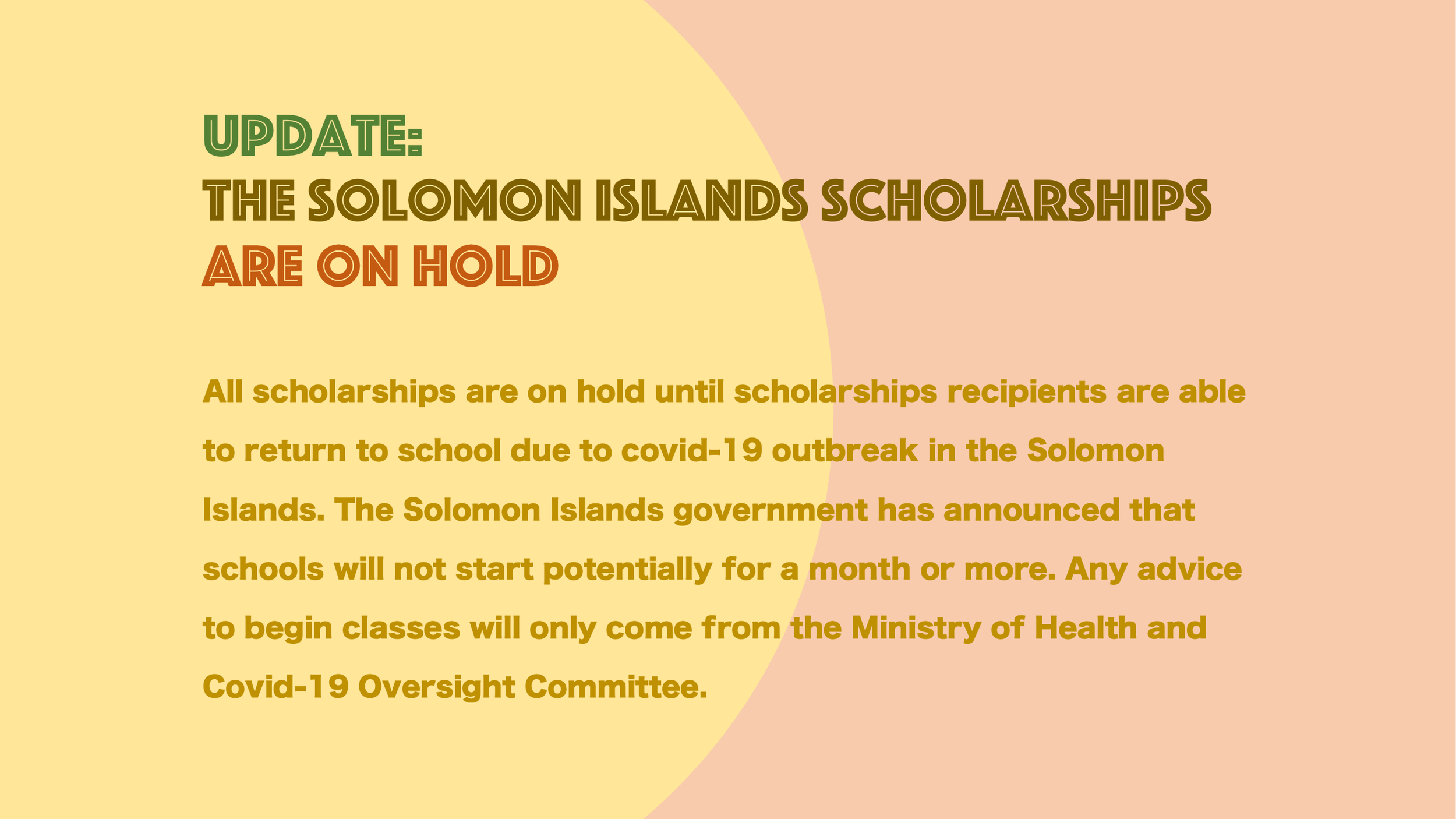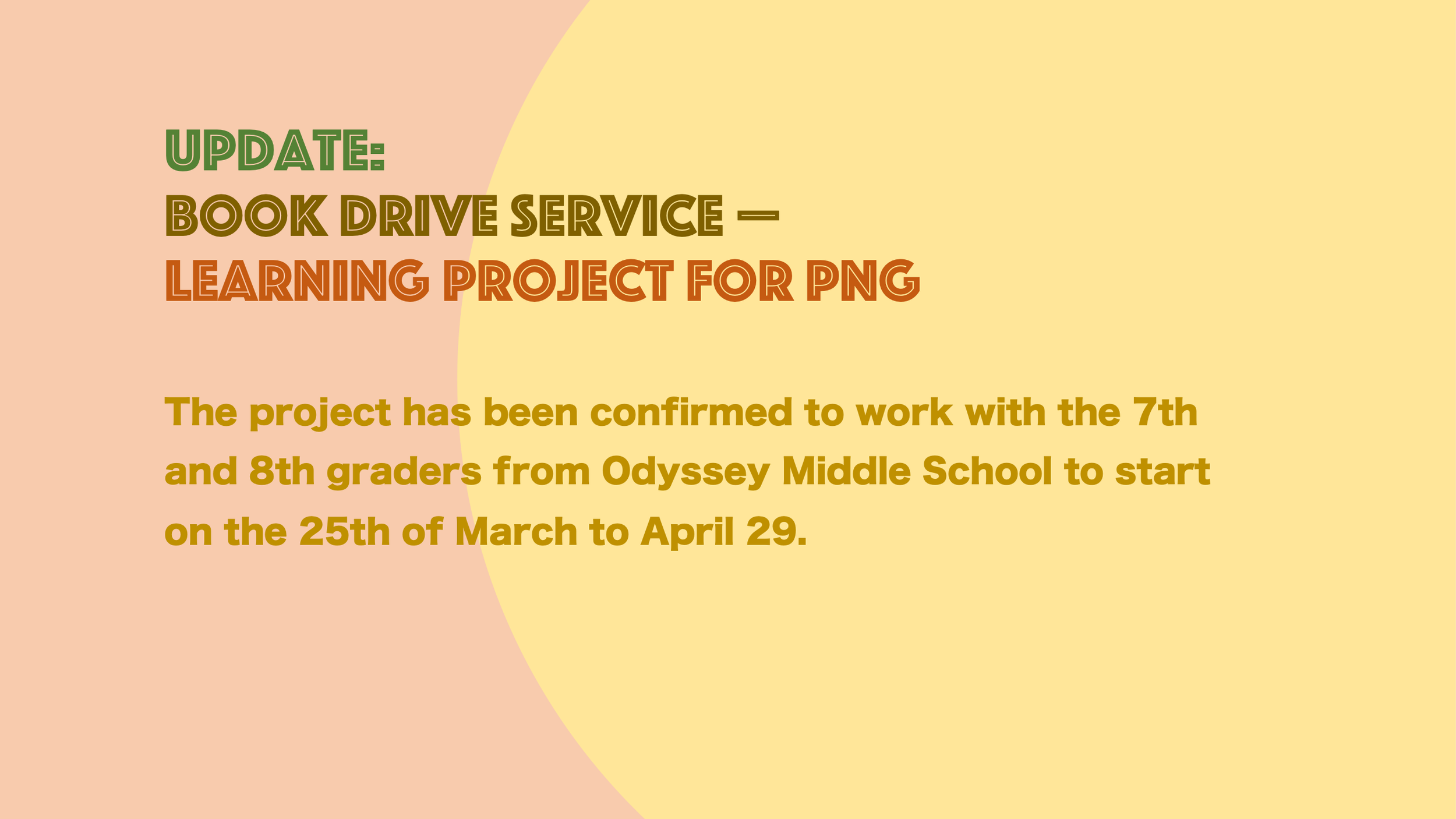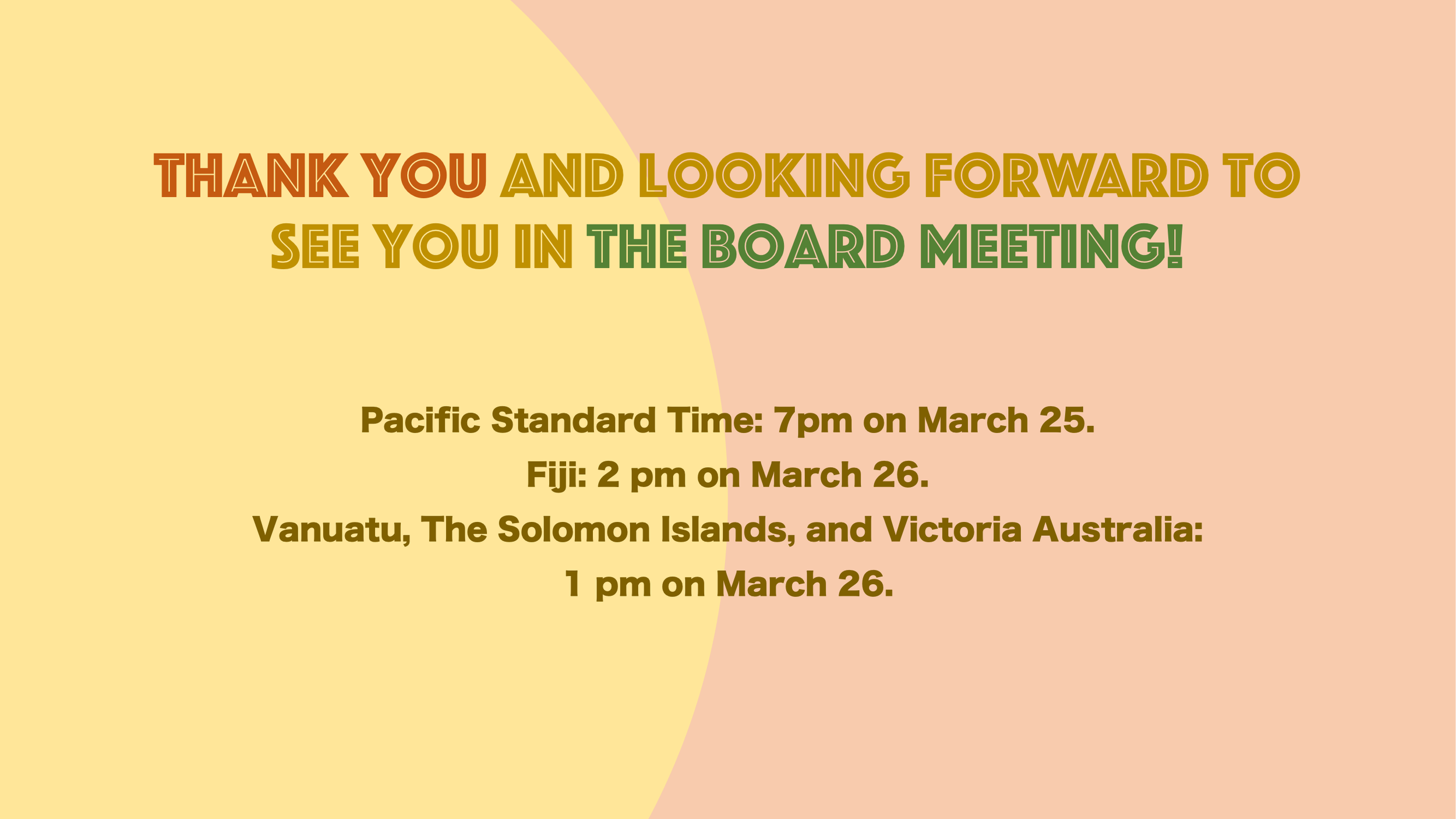As the Executive Director of Melanesian Women Today (MWT), I want to share my heartfelt gratitude for the incredible journey I experienced during the 2023 Melanesian Arts and Culture Festival in Vanuatu. Being there, from late July to early August in Port Vila, was a privilege that allowed me to work closely with our dedicated Vanuatu team. Their steadfast commitment to representing MWT amidst the lively and colorful celebration of our Melanesian heritage truly highlighted the diverse cultures across our region.
Being a rapporteur at the 7th Melanesian Arts and Culture Festival (MACFEST) Symposium, hosted from July 26 to 27, 2023, by the National University of Vanuatu (NUV) and the 7th Melanesian Arts and Culture Festival (MACFEST) National Organizing Committee (NOC) of the Vanuatu Kaljoral Senta (VKS) on behalf of the Government of the Republic of Vanuatu, provided me with deep insights into the theme 'Rebuilding my Melanesia for our common destiny.' This theme focused on Education, Culture, and Identity. Throughout the symposium, I had the responsibility of gathering stories, documenting research presentations and discussions, translating them into English, and creating a comprehensive report for the National University of Vanuatu. Handling multilingual presentations delivered in English, French, and sometimes in Bislama was challenging but incredibly rewarding. Additionally, I had the honor of being a judge in the Students' Debate on Art Education in Schools, an event orchestrated by Nabanga Pikinini Association, an organizing partner to the Haus Storian. Nabanga Pikinini aims to conserve and showcase Vanuatu's storytelling traditions through books for kids.
Following this, MWT Vanuatu collaborated with Sista organization and the We Rise Coalition to organize two impactful workshops: the Sisterhood Creed Workshop on July 28 and the Young Leaders Workshop on August 4, 2023. The Sisterhood Creed Workshop, initiated by Haus Storian under the MACFEST umbrella, brought together 20 women from diverse Melanesian backgrounds at Alliance Francaise in Port Vila. Alongside Anna Naupa as my co-facilitator, we fostered connections, honored our roots, and collectively crafted the 'Melanesian Sisterhood Creed' as a symbol of our shared collective strength.
The Young Leaders Workshop echoed the voices of 11 ni-Vanuatu participants, engaging in discussions on traditional and contemporary leadership roles, addressing community challenges, and highlighting the voices, roles, and mental health of youth and women. Under the guidance of the time-honored practice of dialoguing, 'damvwari' from North Pentecost, and jointly co-led by Edgar Hinger, a custodian of traditional knowledge at the Vanuatu Cultural Center, this workshop was purposefully crafted. It aimed to instill in the young participants the profound significance of actively participating in dialogues about diverse leadership methodologies within the diverse members of their community. These interactive discussions, involving the insights of women and elders, hold immense gravity. They serve as a conduit for the transmission of invaluable cultural leadership wisdom, fostering a bond of unity, reverence, and a shared wealth of knowledge across generations.These workshops reshaped narratives, establishing the Melanesian Sisterhood Creed and nurturing young leaders whose impact resonated through various social spheres and local languages. They underscored the necessity for sustained dialogues and deeper connections, emphasizing the significance of inclusivity and enduring relationships.
I'm profoundly thankful for these converging dialogues that merge our Melanesian heritage with our contemporary lives, encouraging us to unite, listen, and honor our rich heritage through our diverse arts, cultures, shared experiences, and stories. As we near the end of 2023, my aspiration is to continue nurturing these connections and strengthening bonds with women and youth across our Melanesian landscape. This objective aligns with the festival's commitment to fostering regional unity and cultural diversity, inspiring us to collectively envision a better future rooted in our shared Melanesian experiences.
I eagerly await our collective transformation, as we evolve into a more unyielding and inclusive community that upholds our shared identity, empowering our promising future, especially during these significant times. I extend my heartfelt appreciation to the Sista Team and all participants of both workshops. I deeply value the unwavering support and efforts of our dedicated MWT Vanuatu team, Anna Naupa, and Annie Daouglas.
For those interested in the full report, it will be available on our website, thanks to MWT Vanuatu in collaboration with Sista Vanuatu and the We Rise Coalition.
Young Leadership Workshop
Sisterhood Creed initiated by Haus Storian as part of the 7th Melanesian Arts and Cultural Festival (MACFEST), linked to La Pirogue de l'Alliance francaise de Port-Vila.
The creed is available in both English and French for those interested in downloading it as a keepsake. We want to express our gratitude to Georges Cumbo and Noémie Séverin for their assistance.
